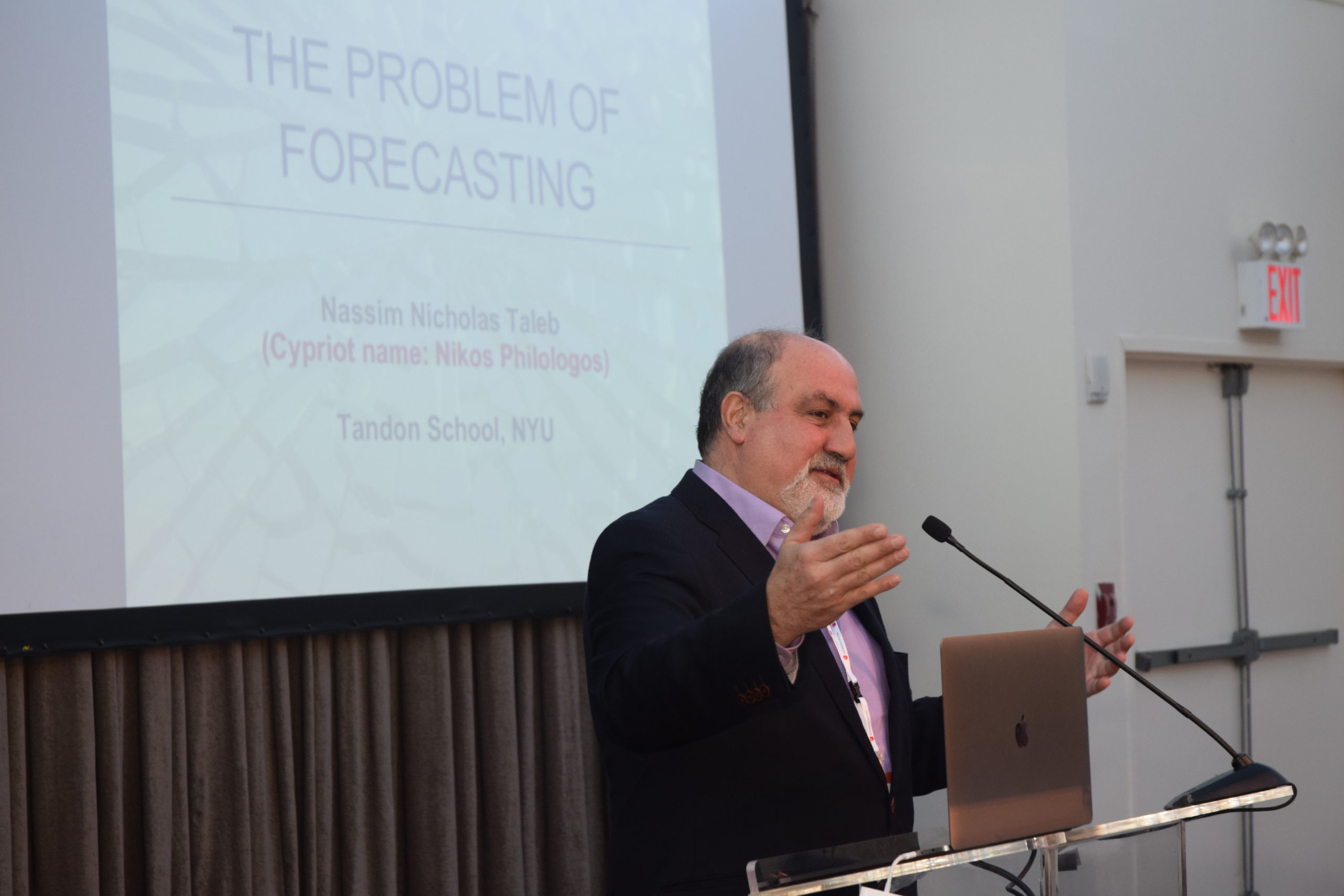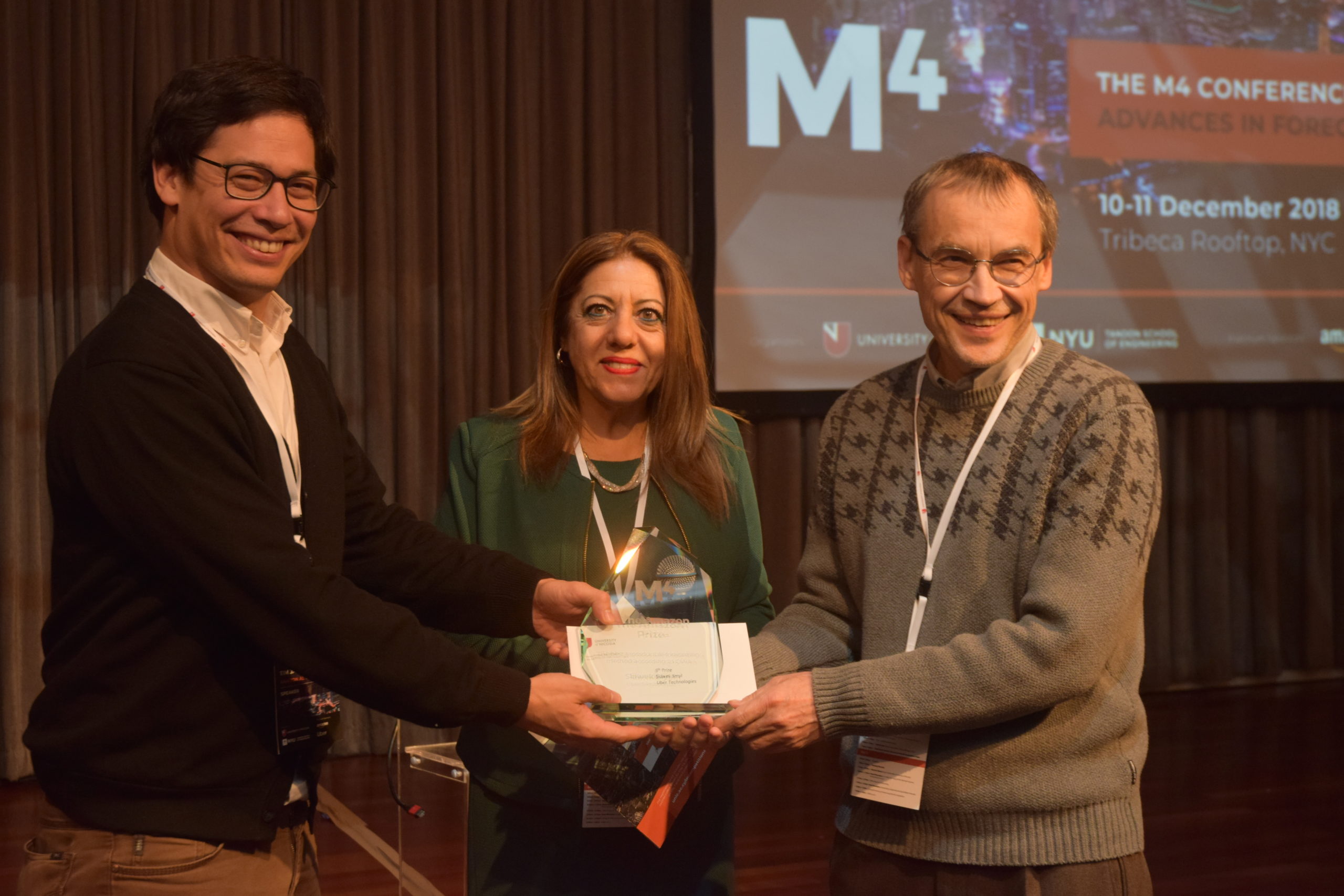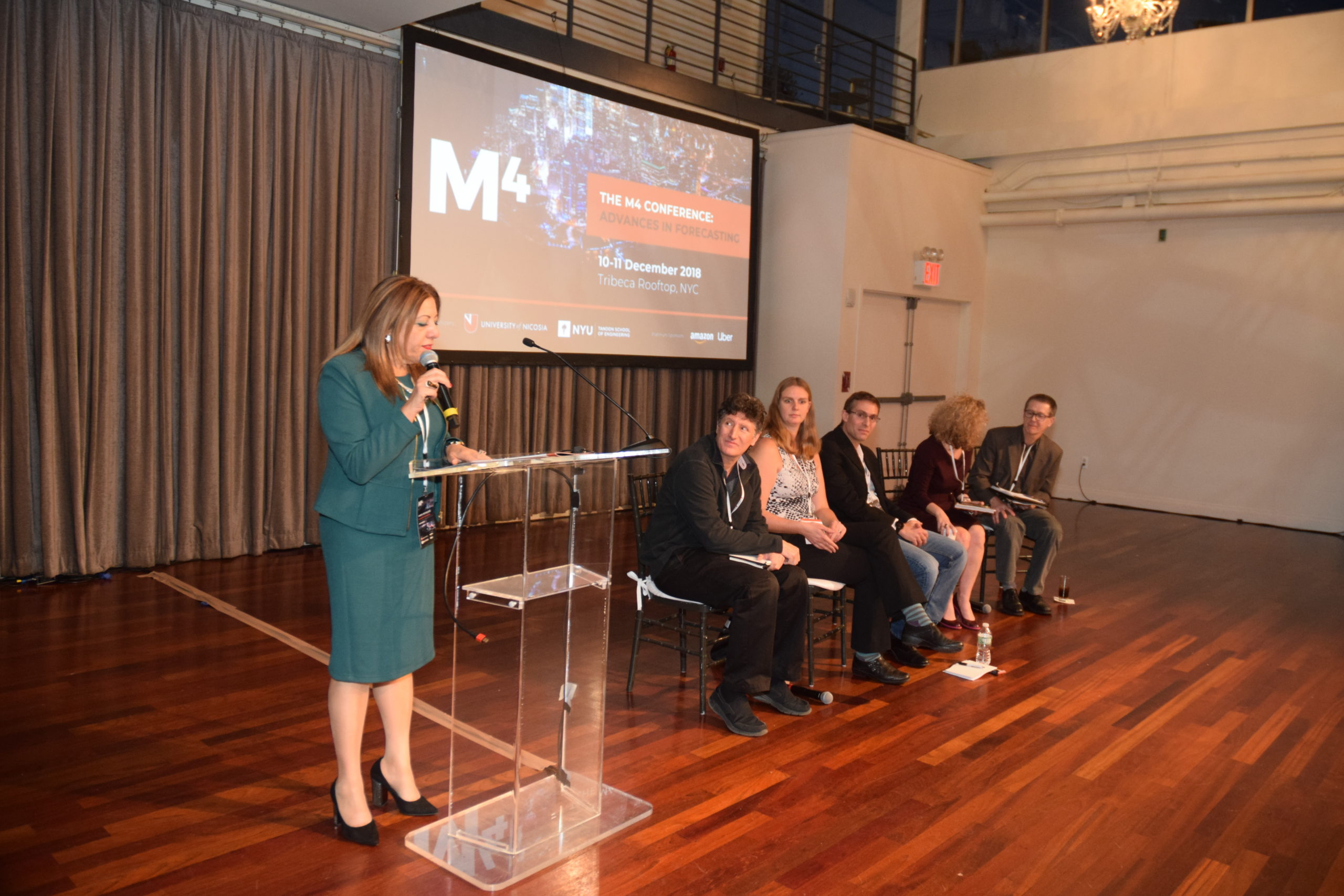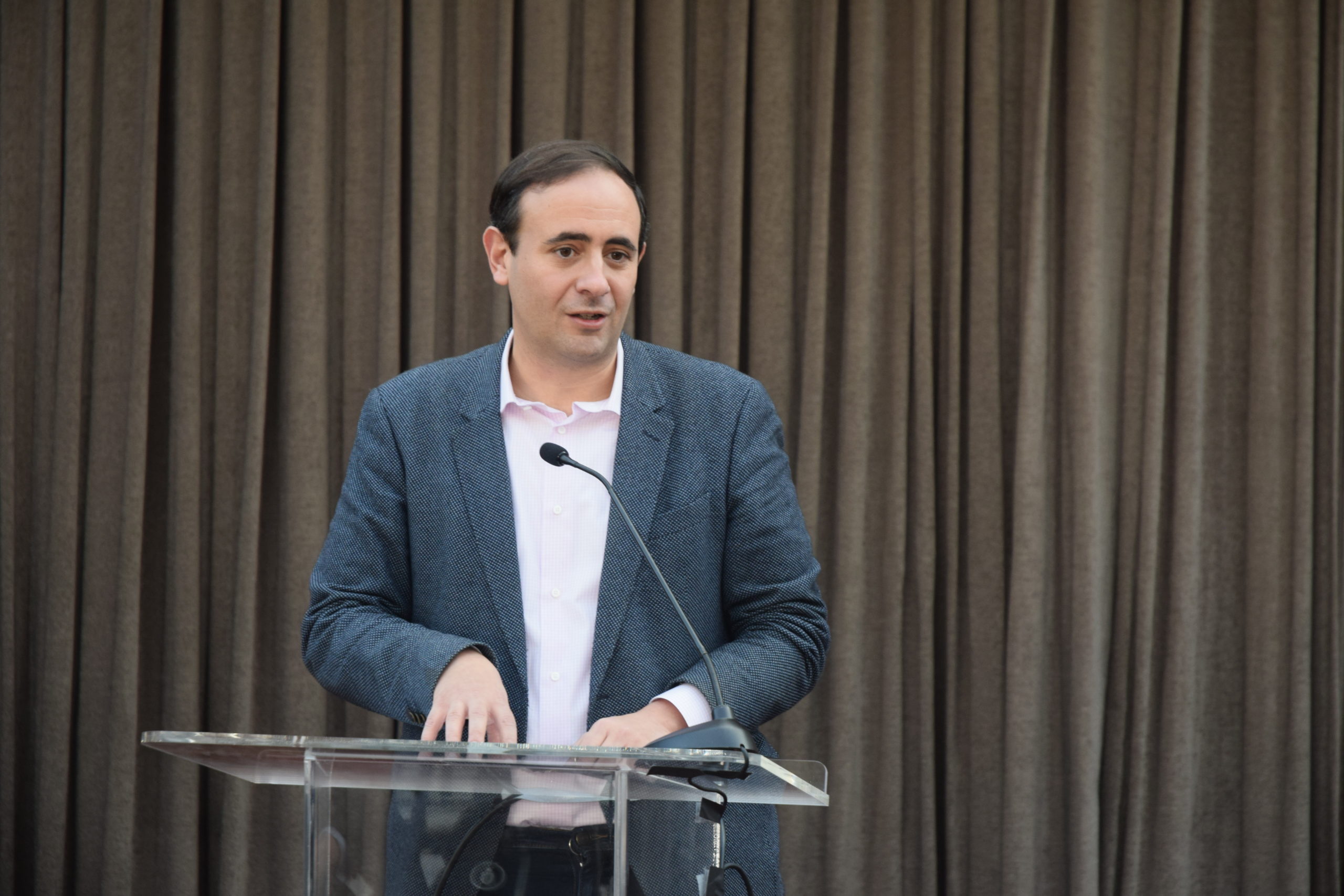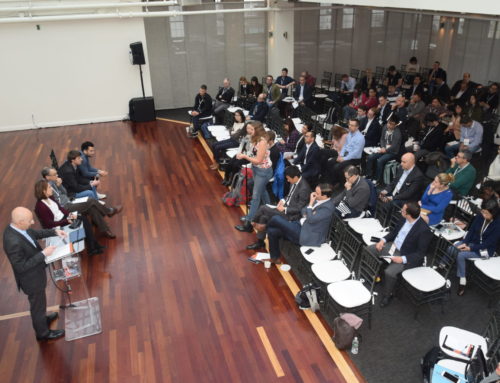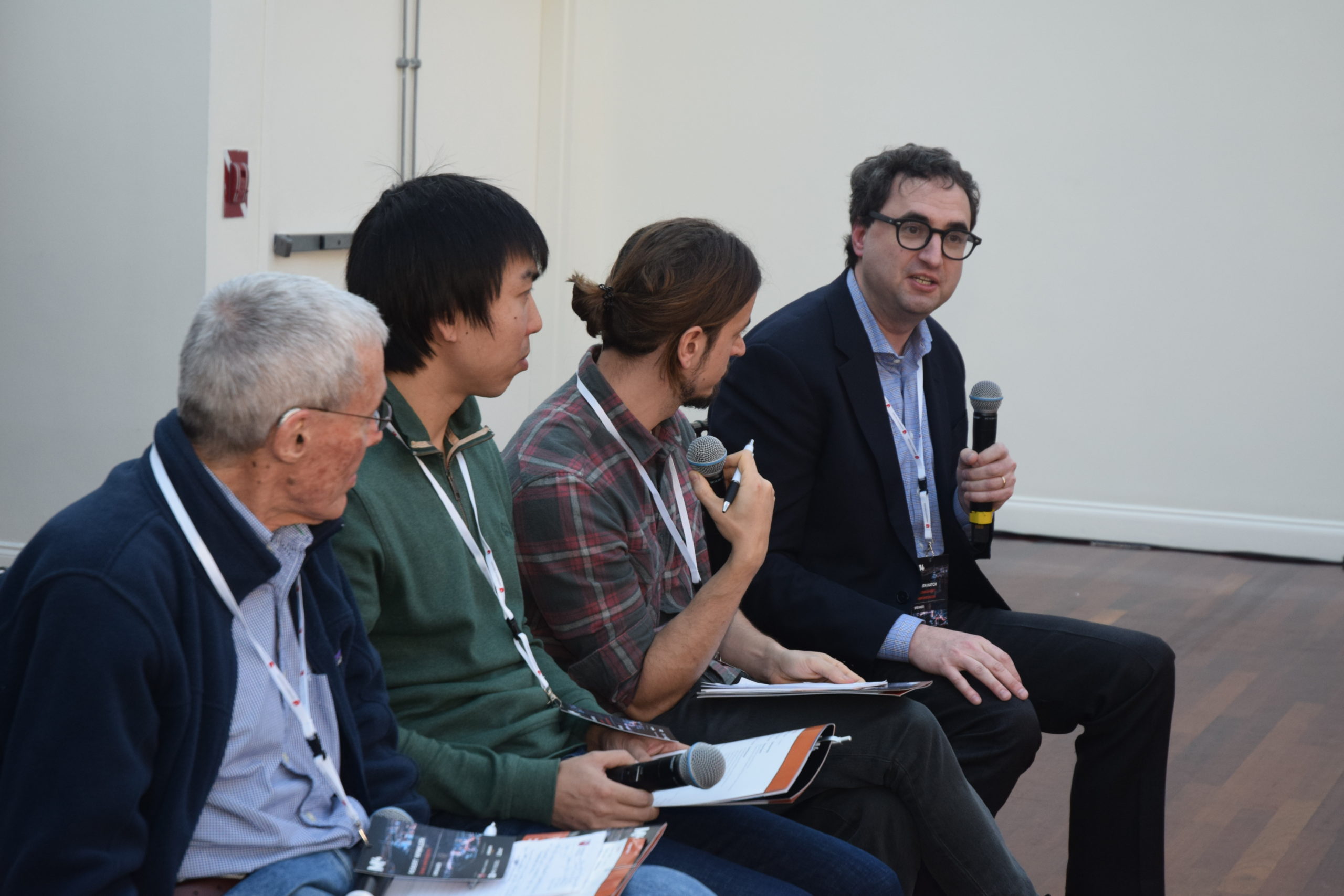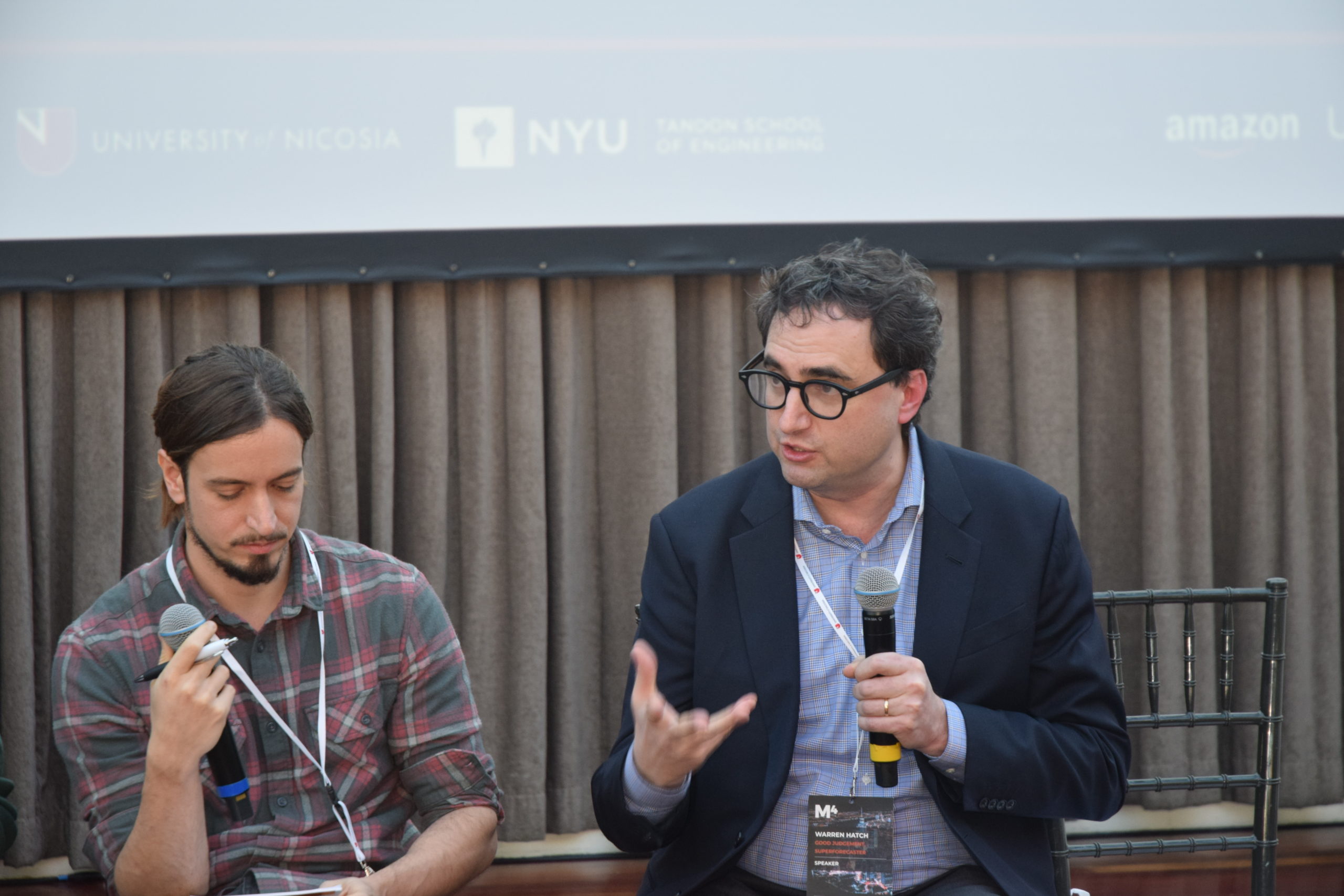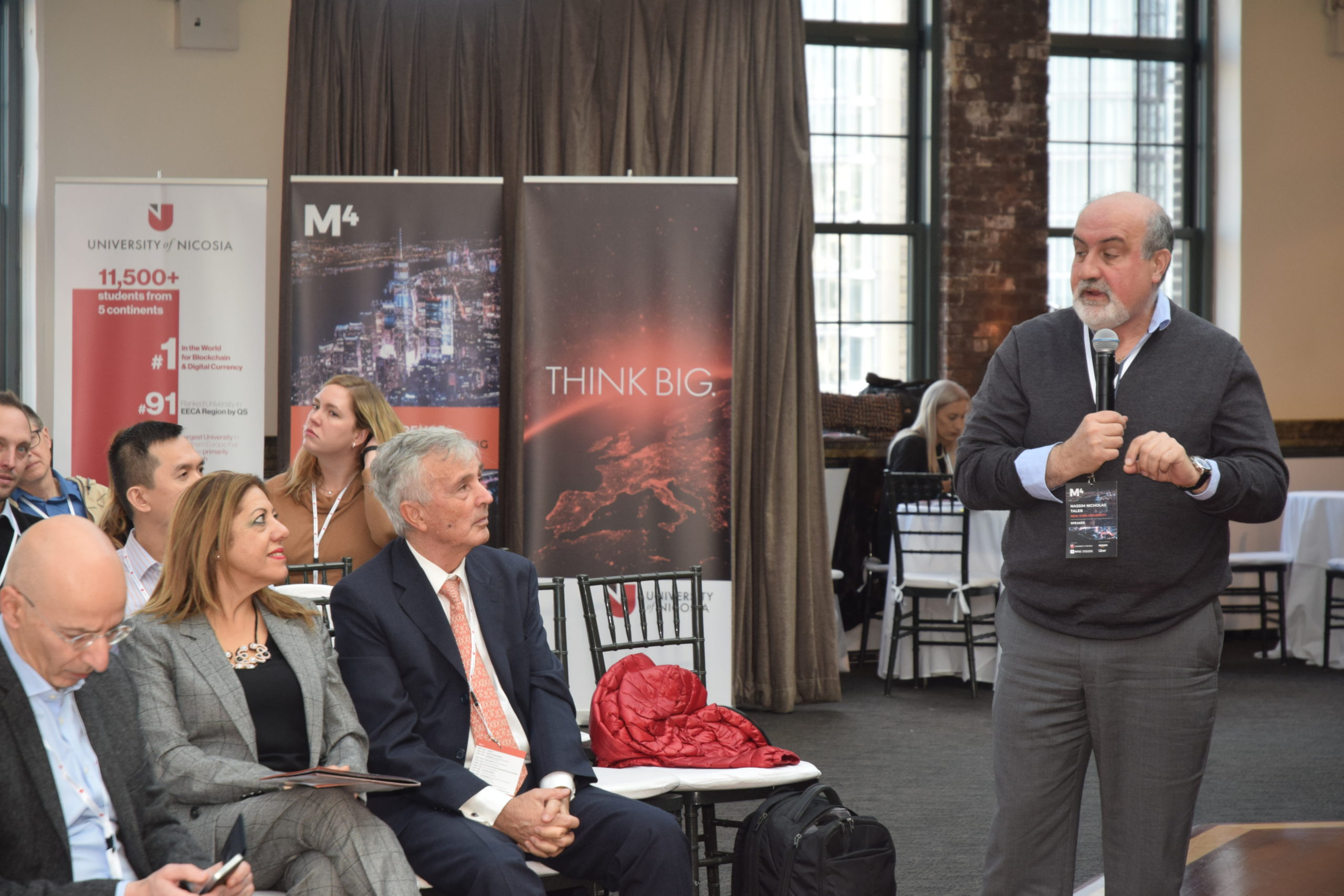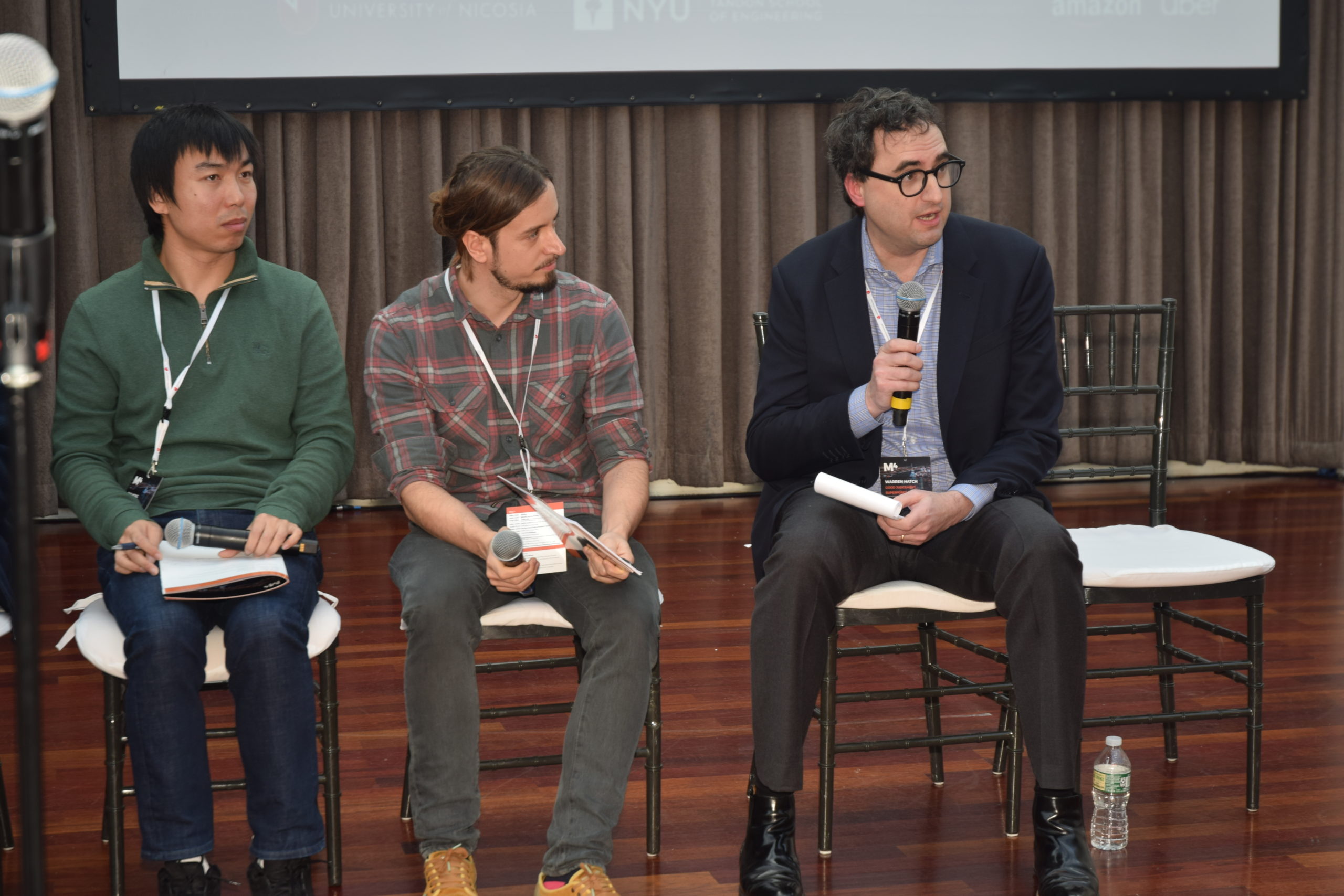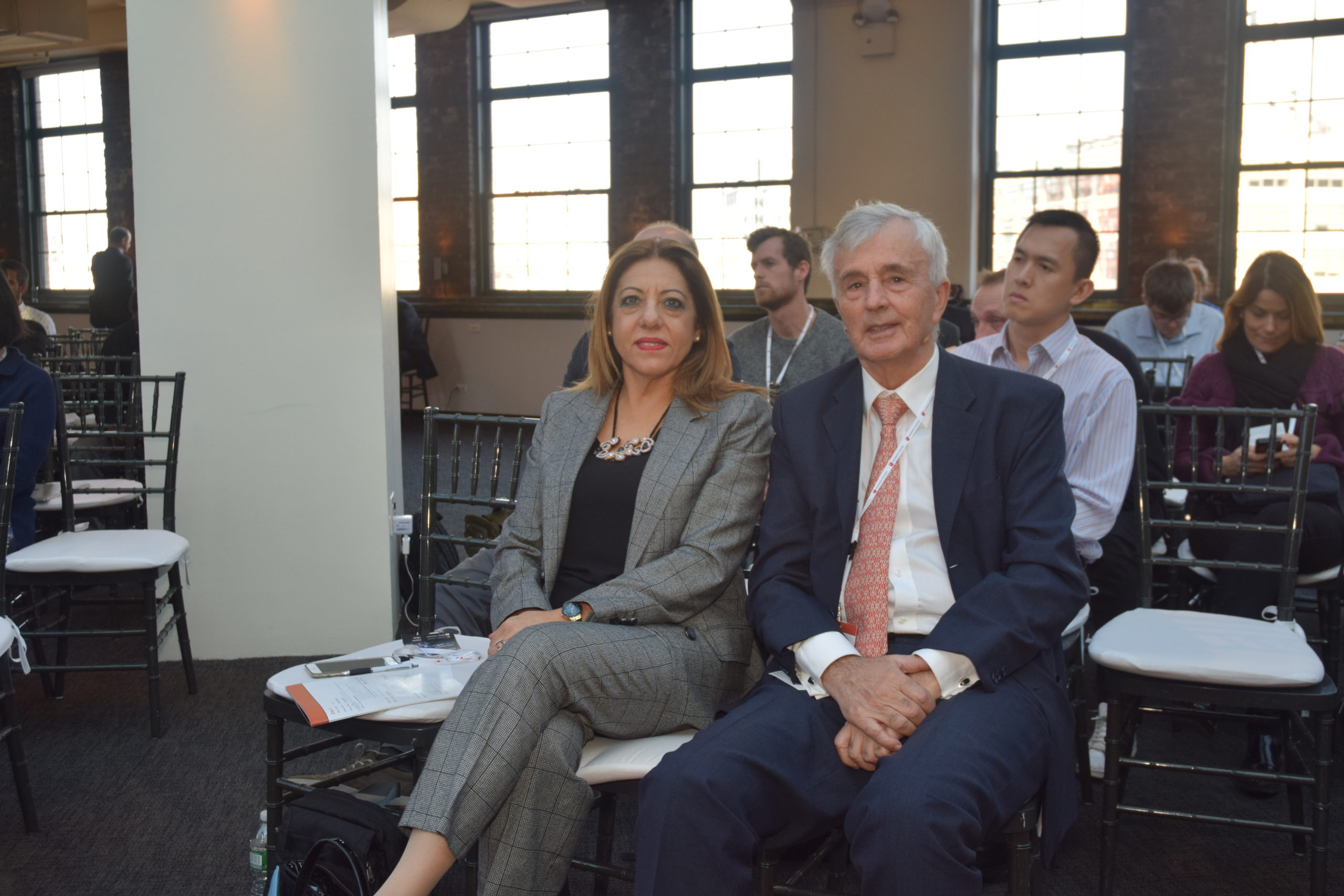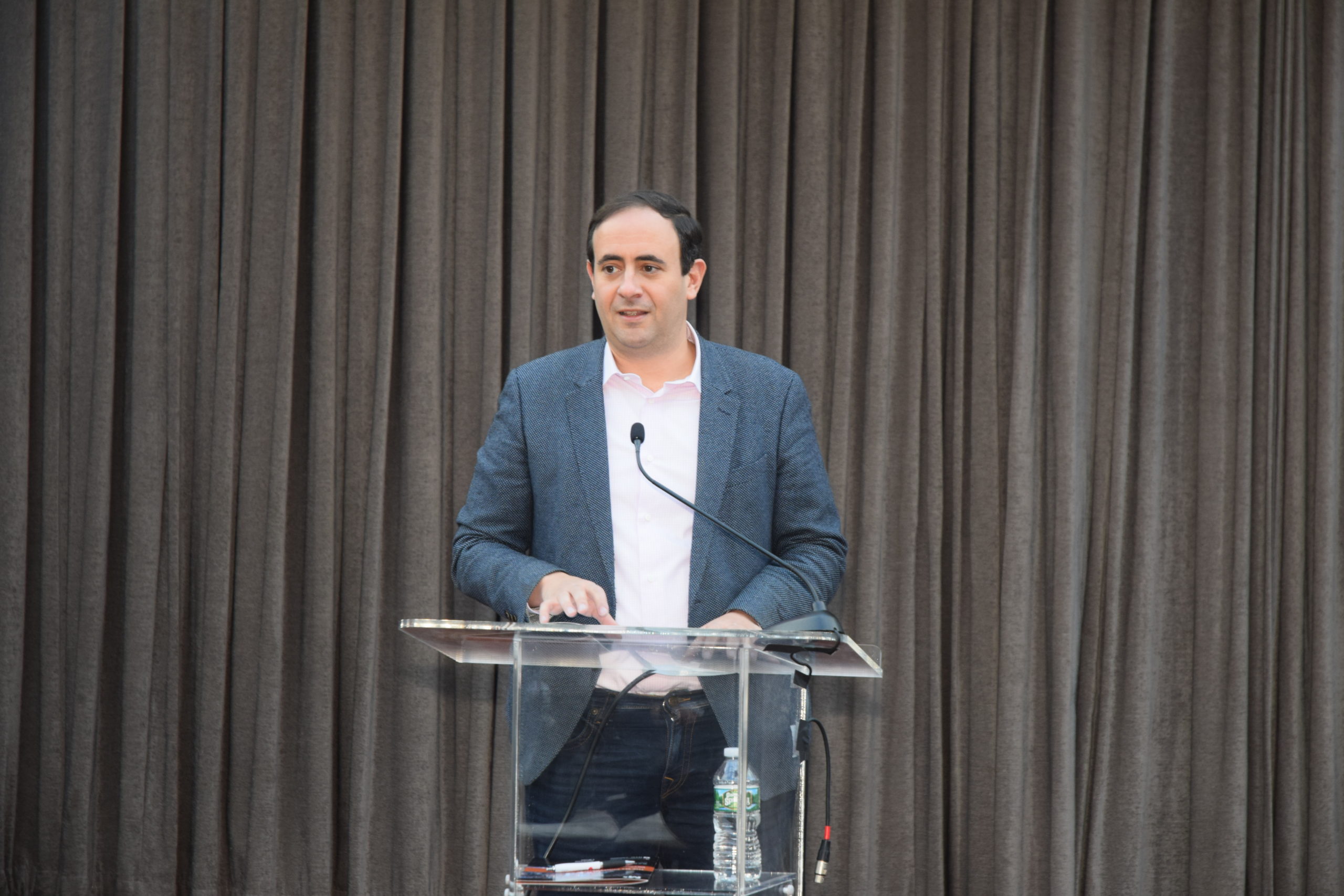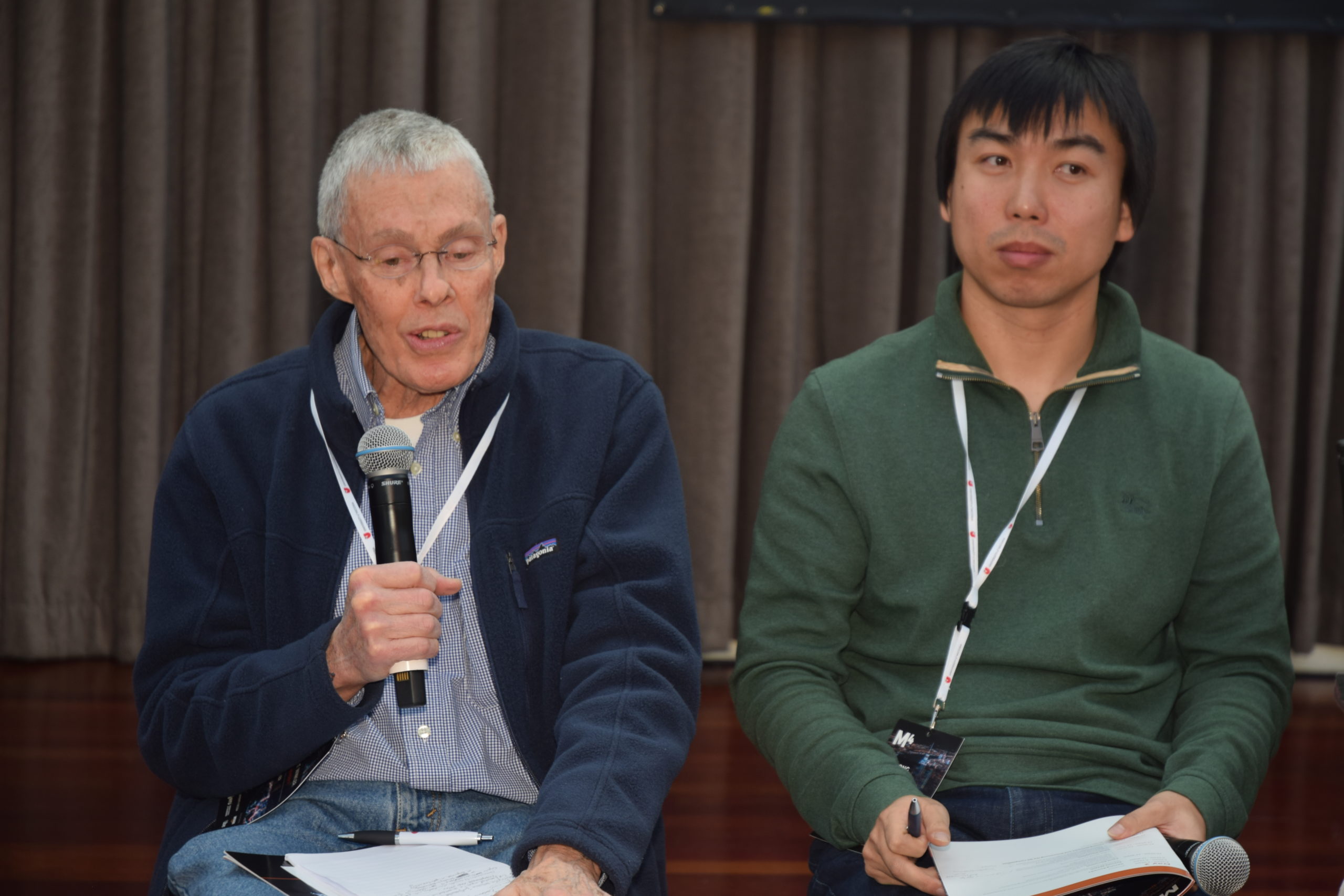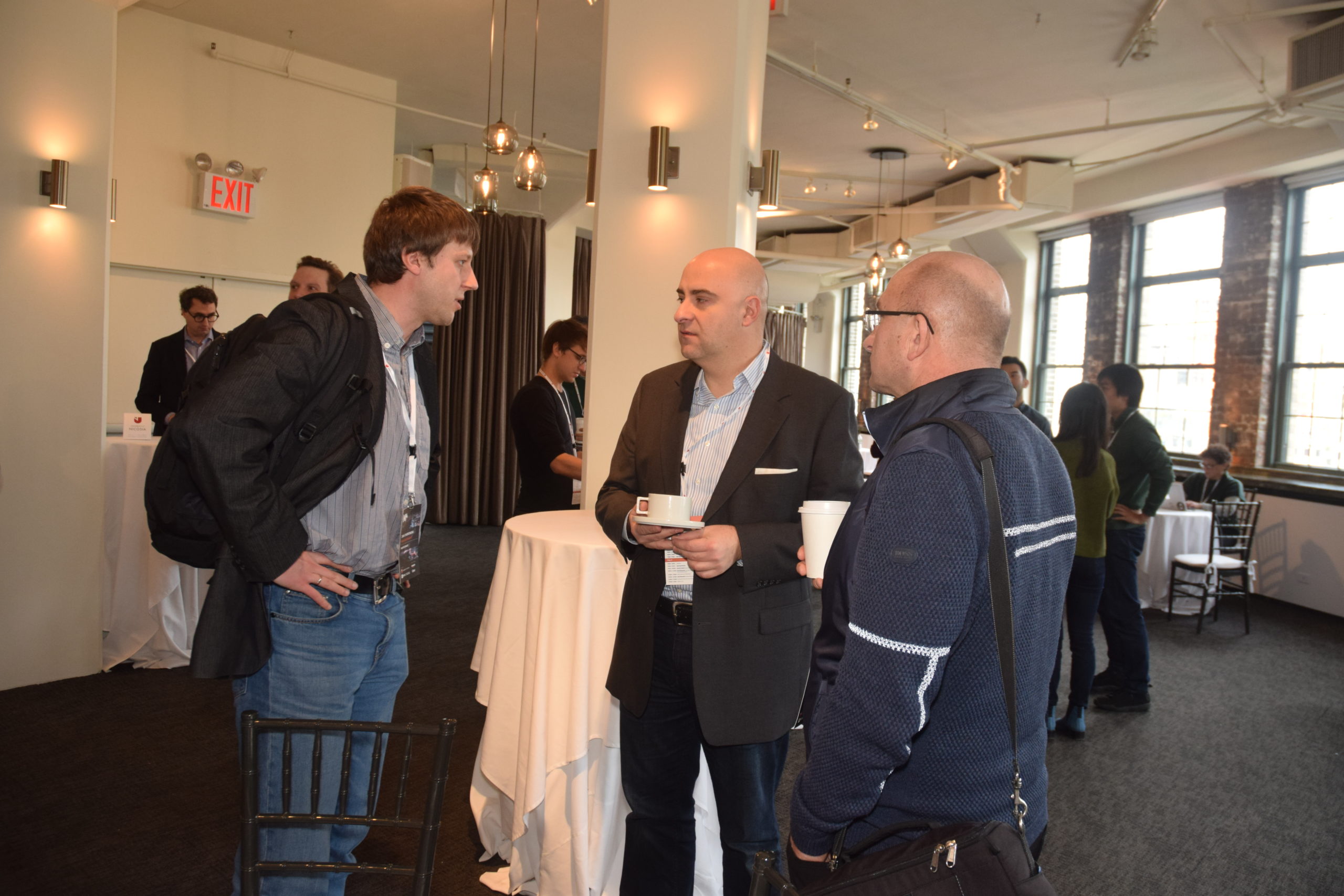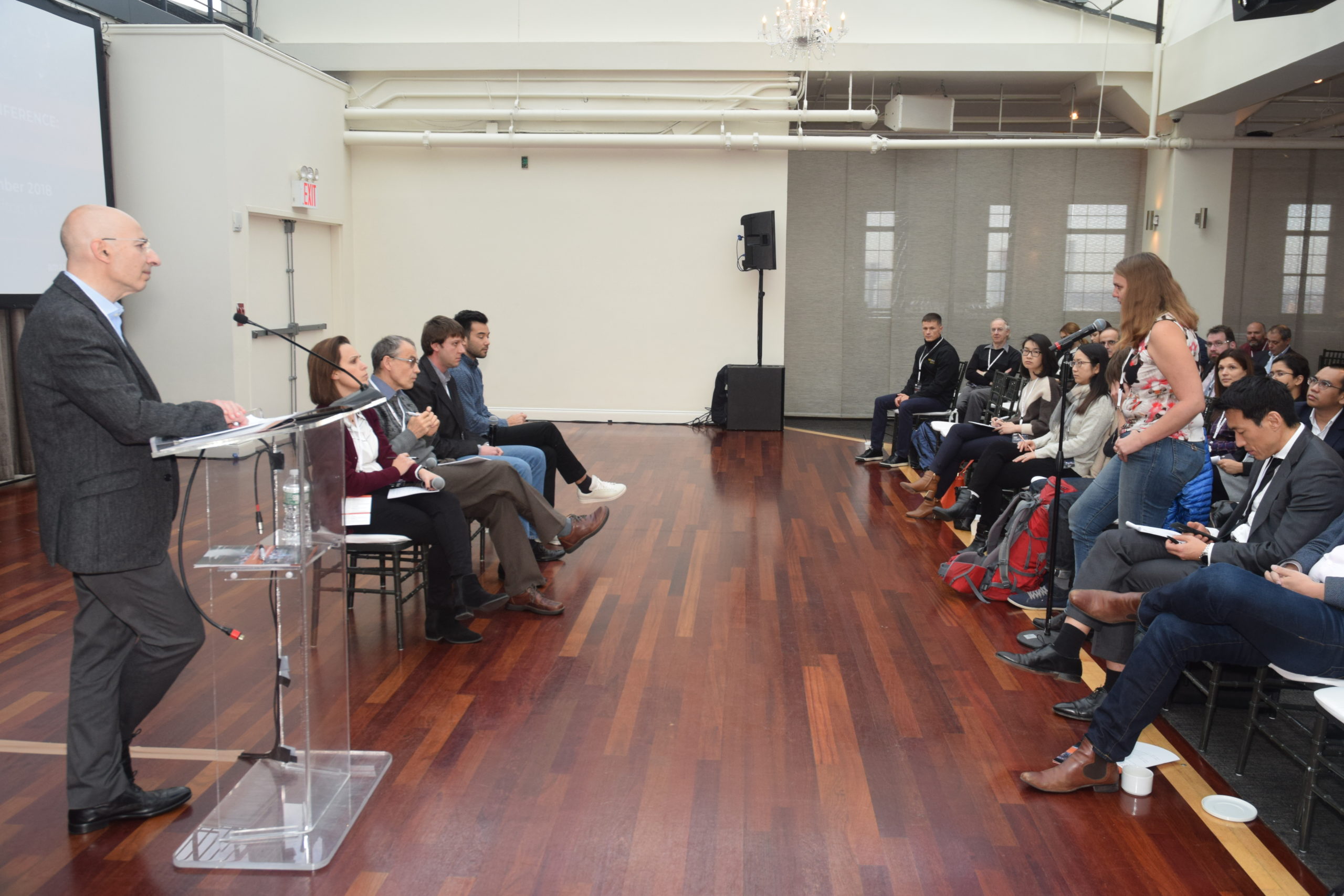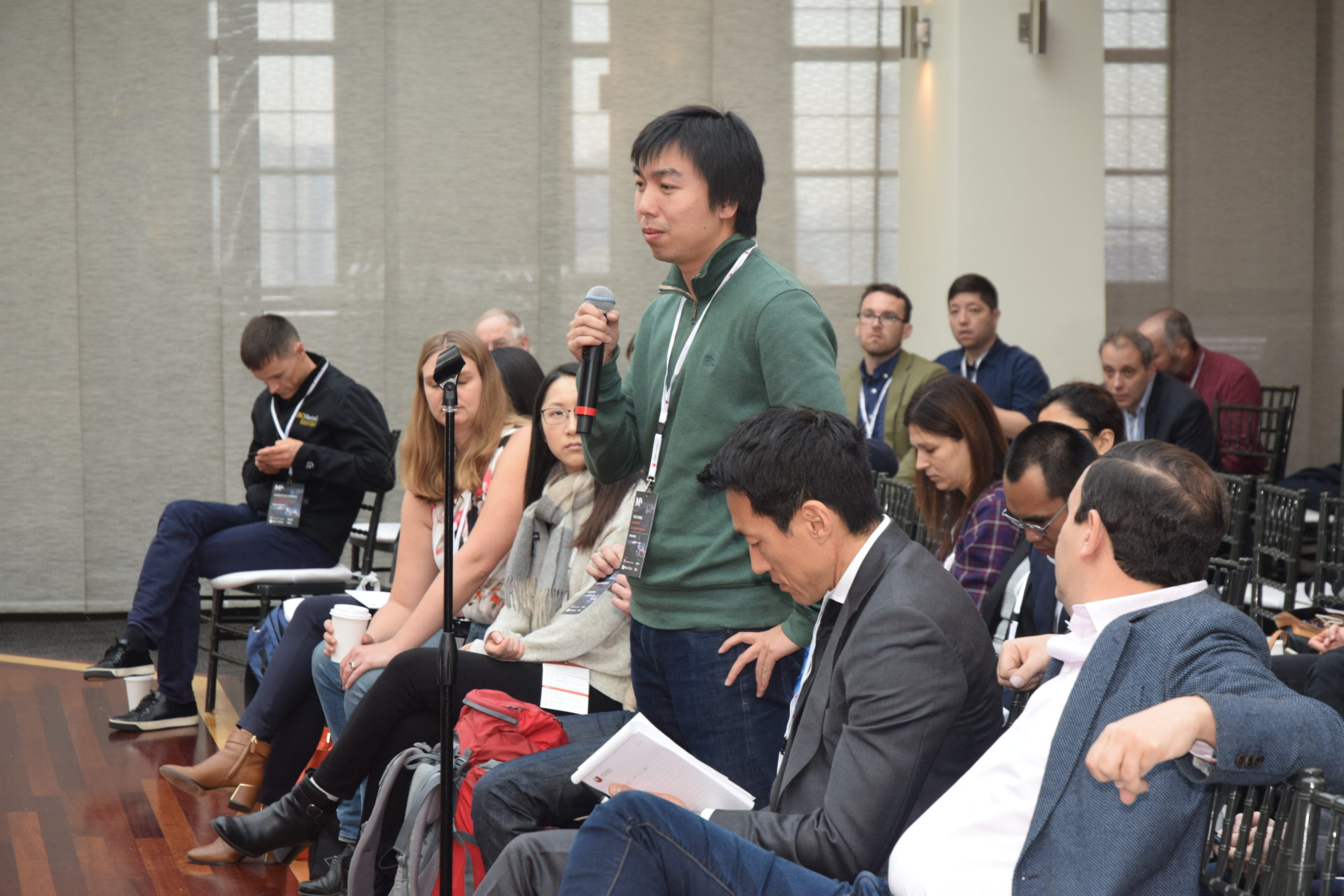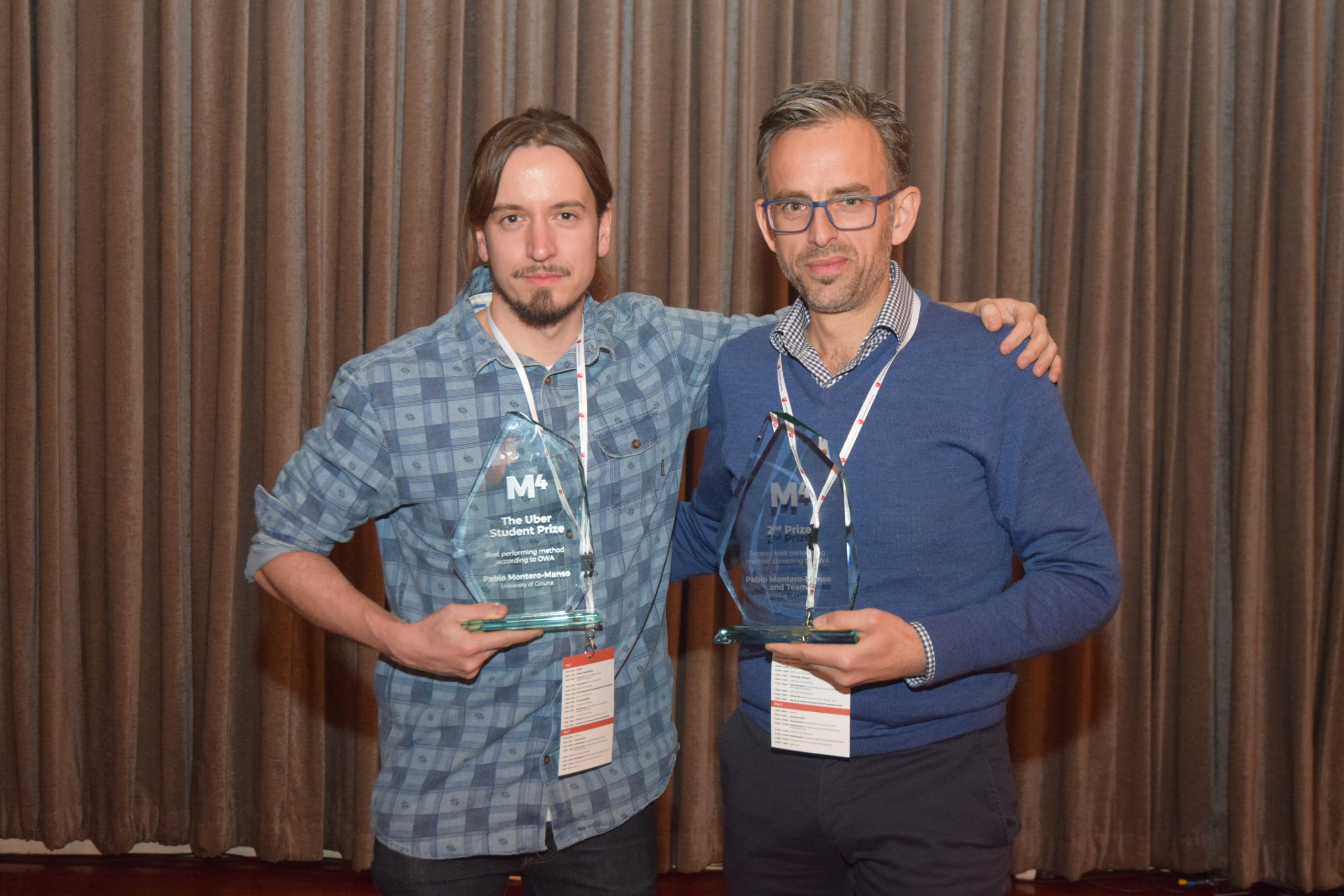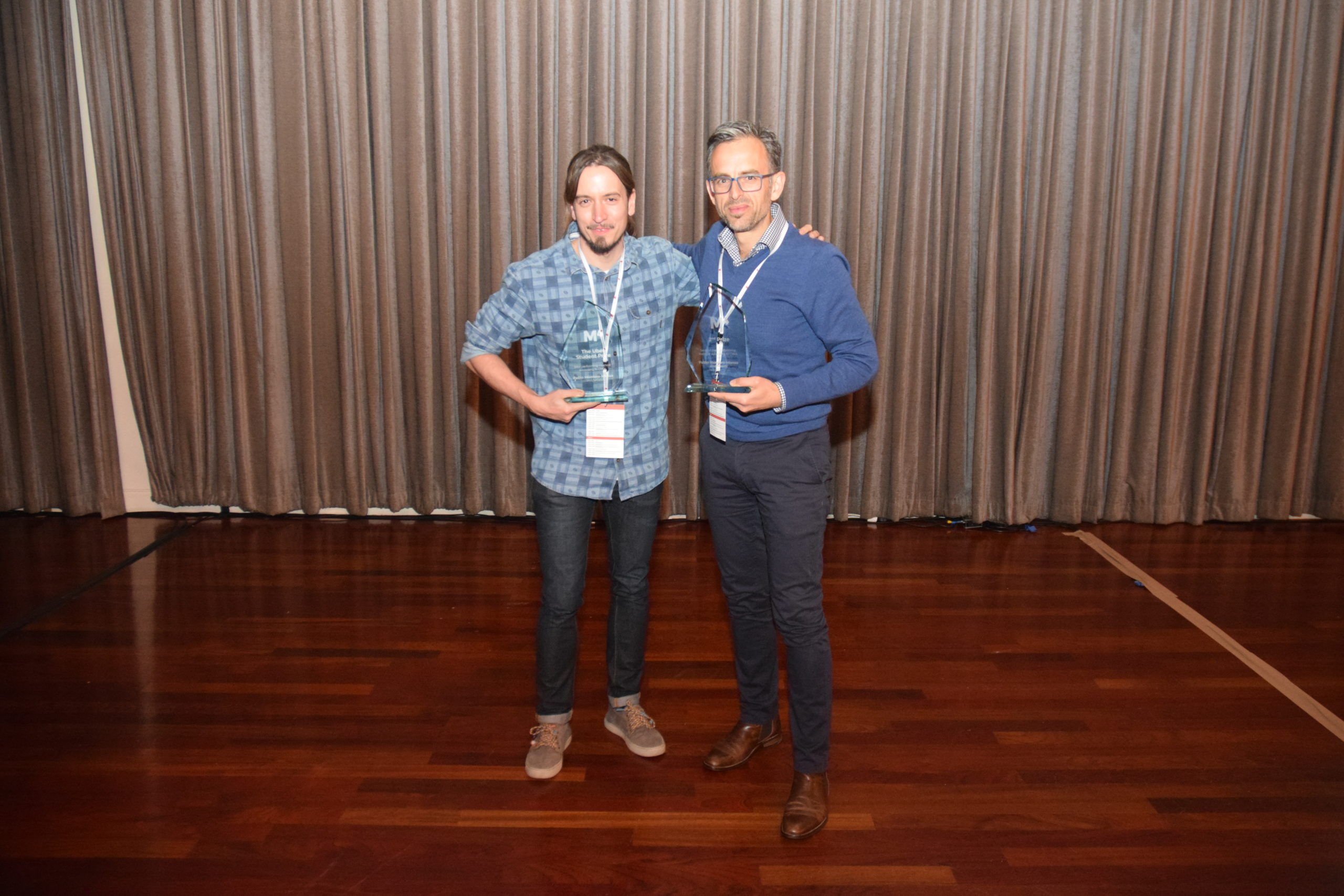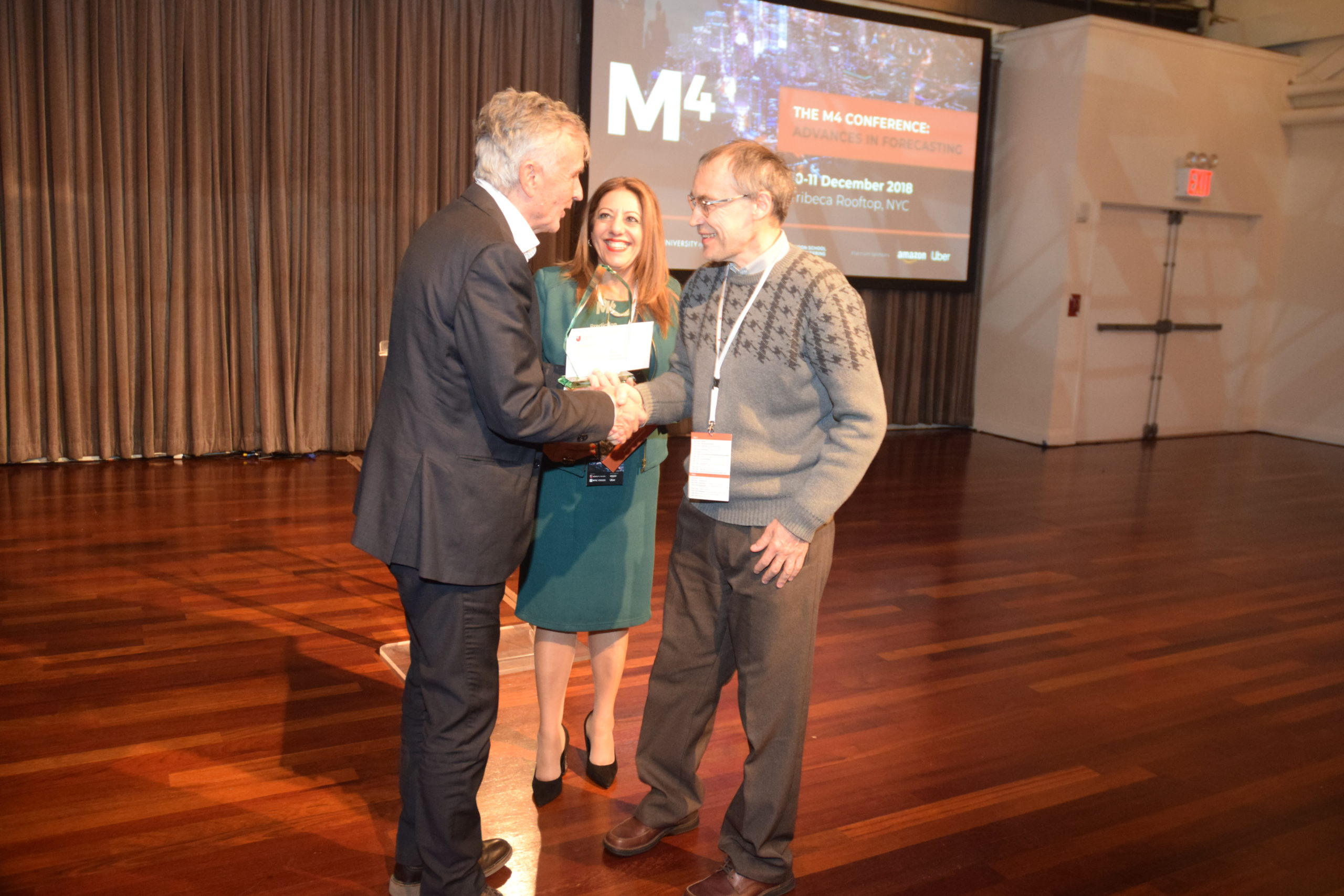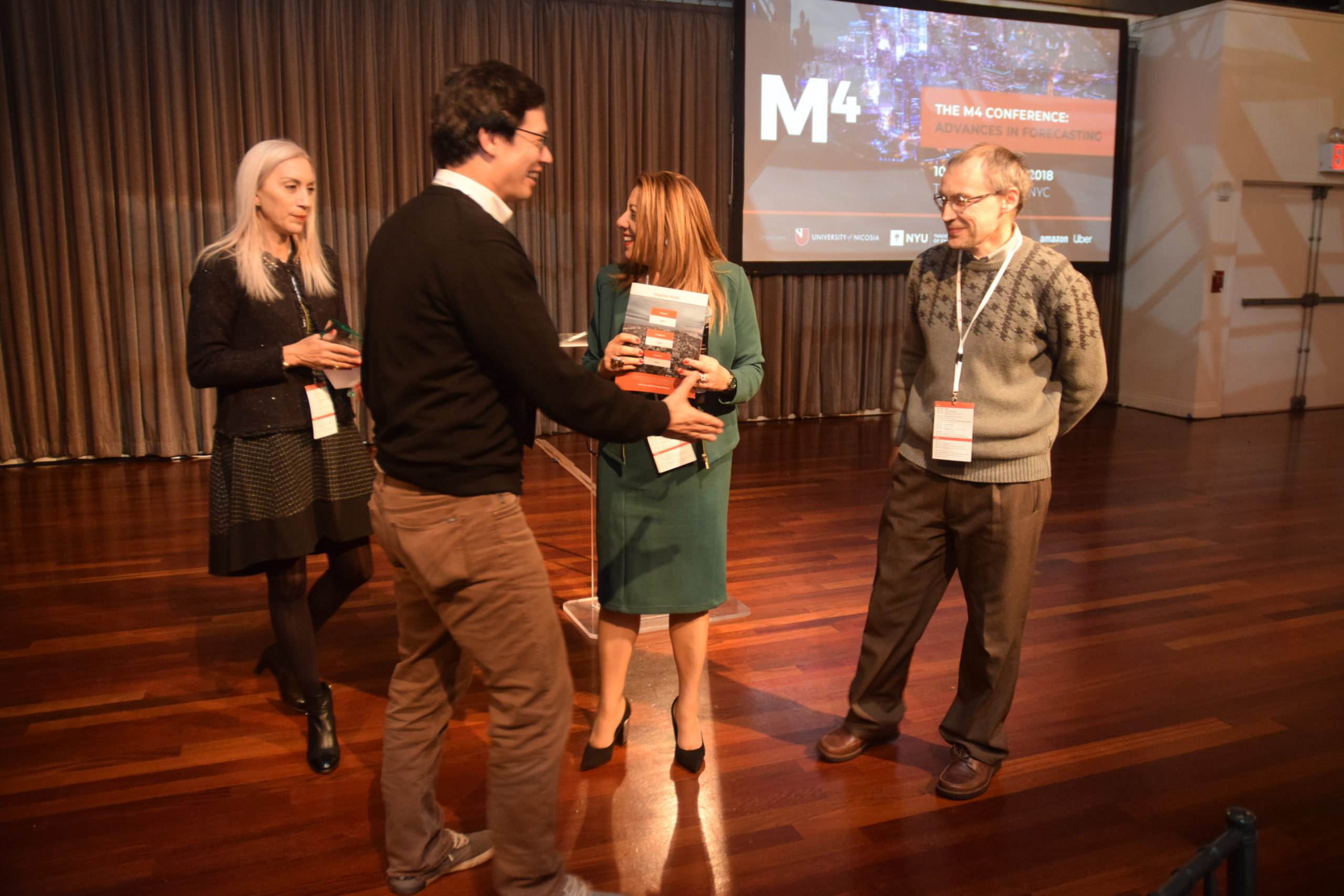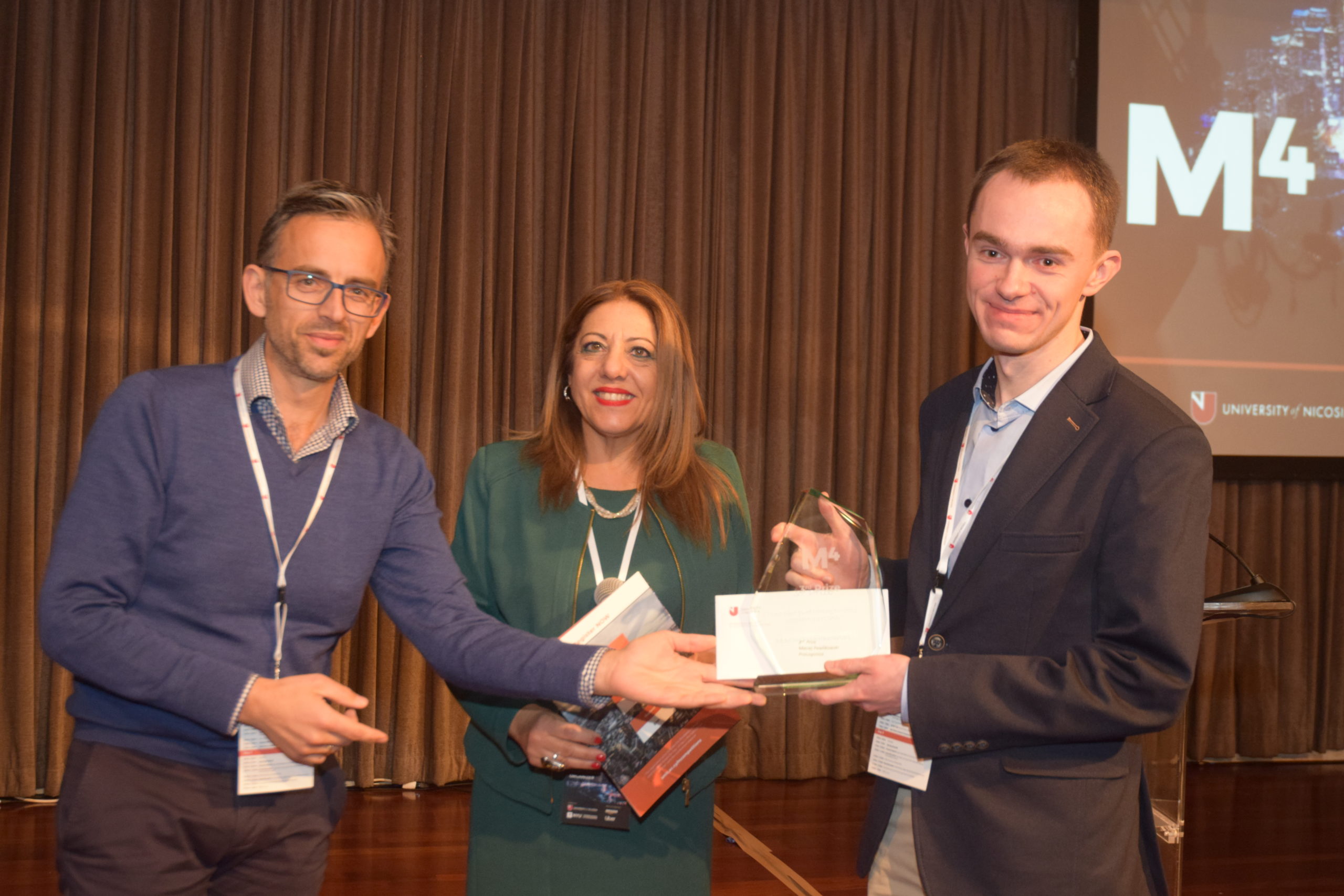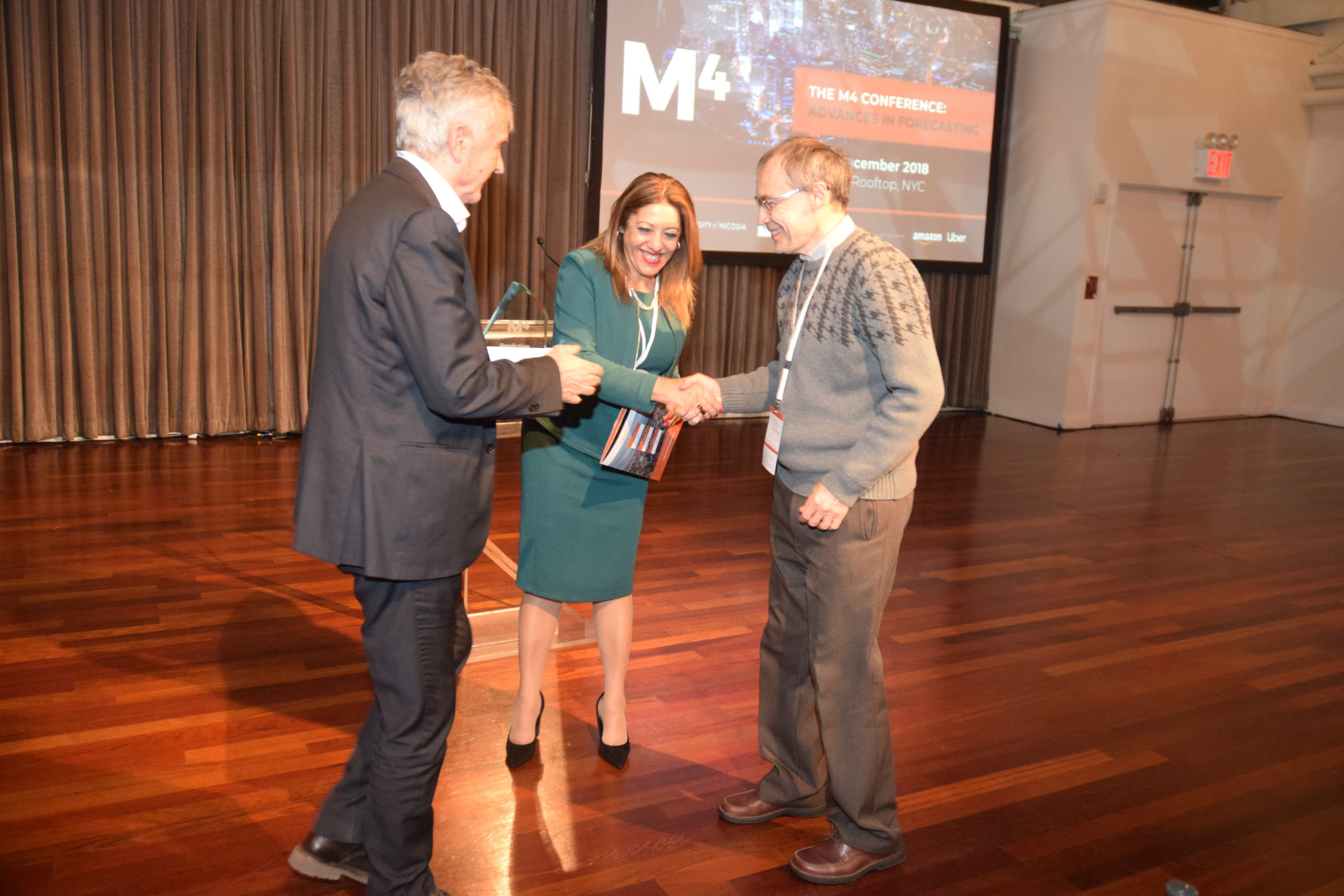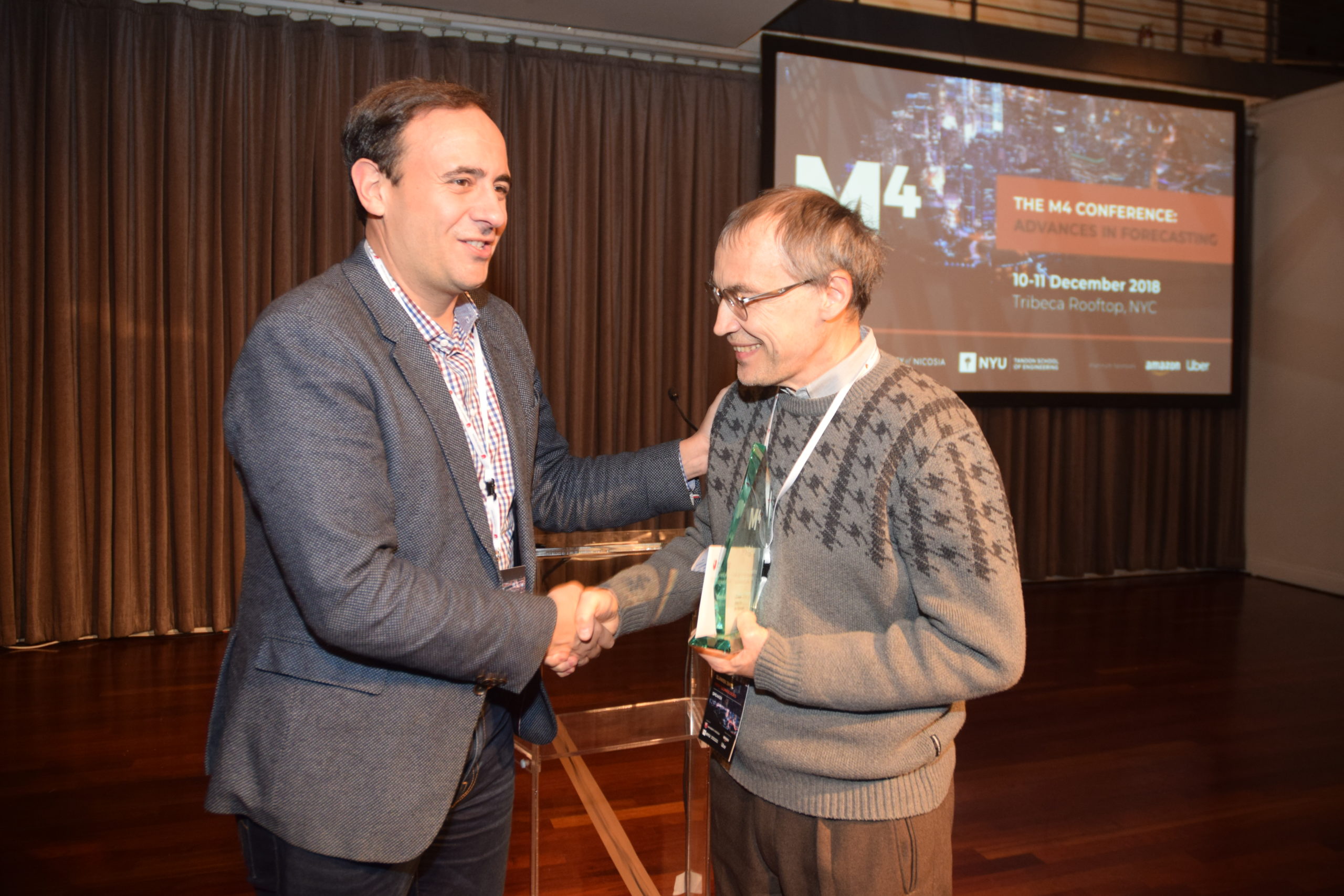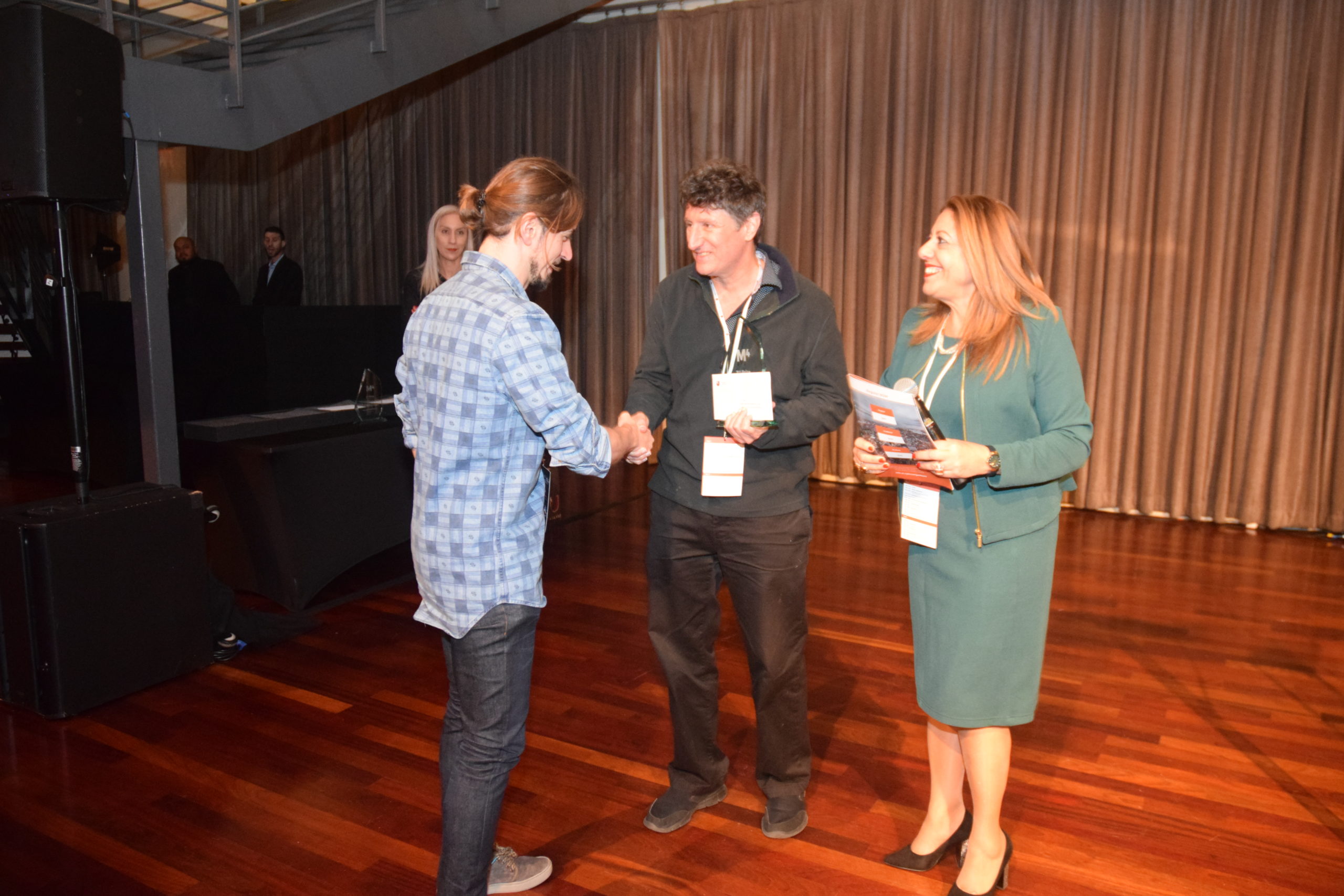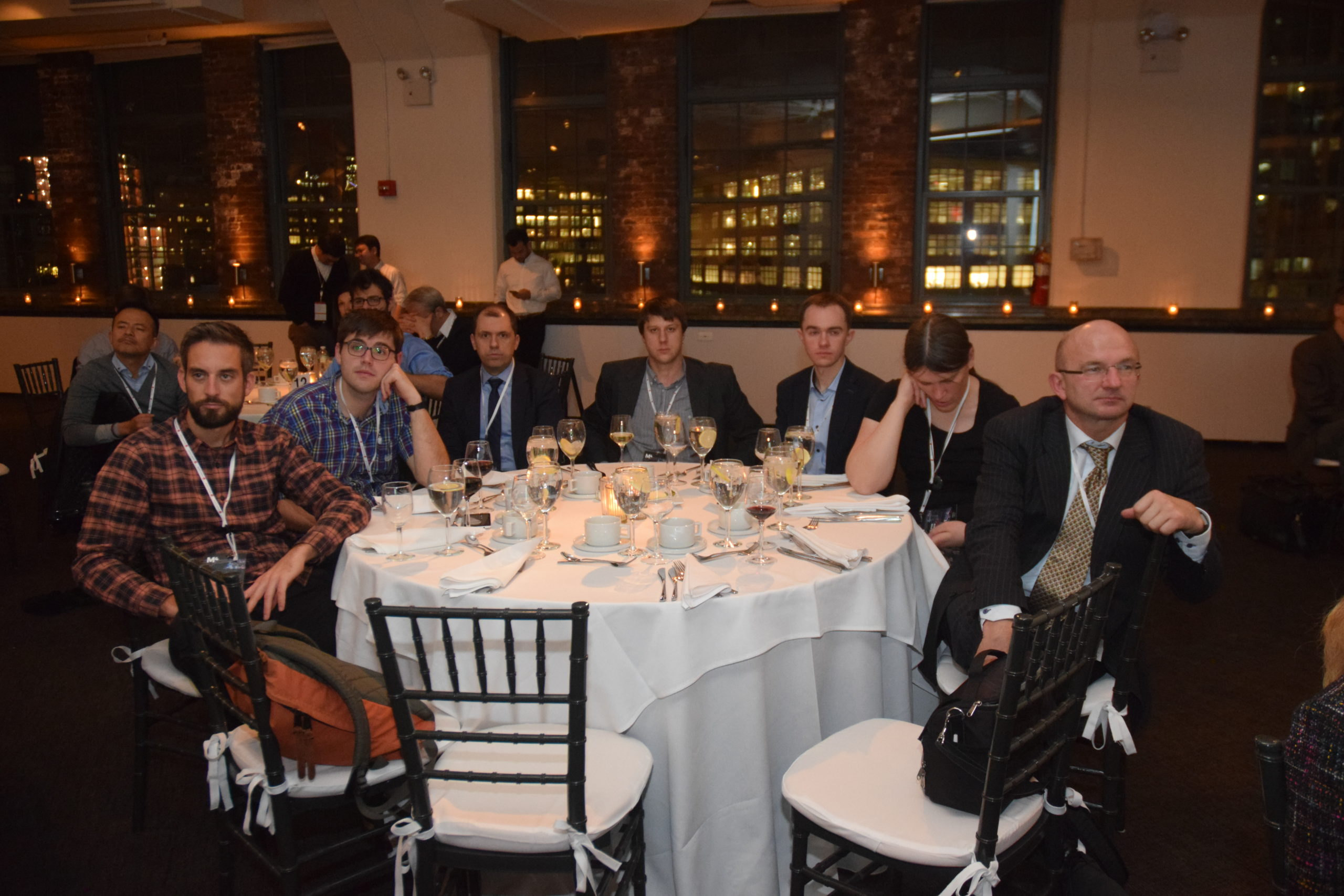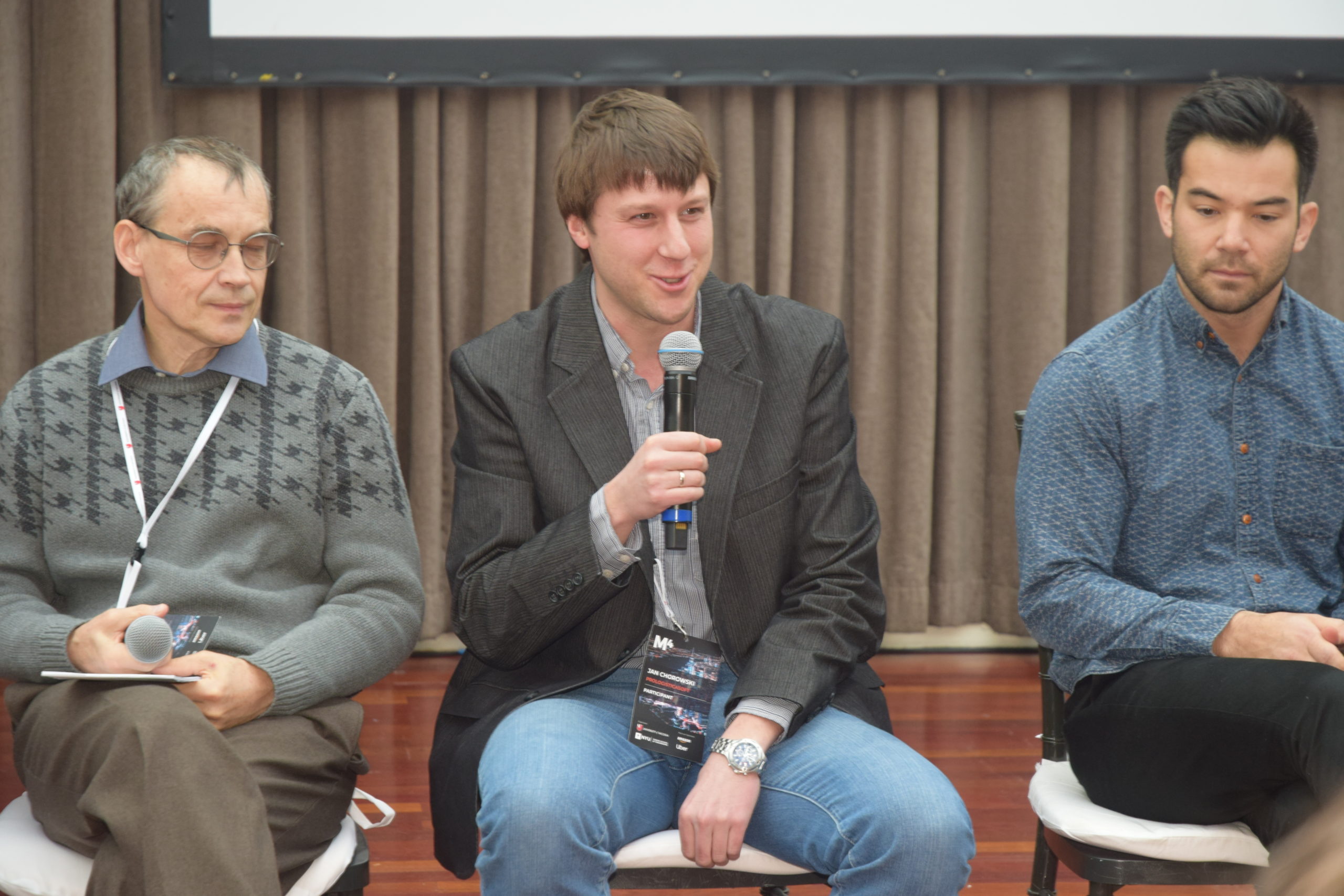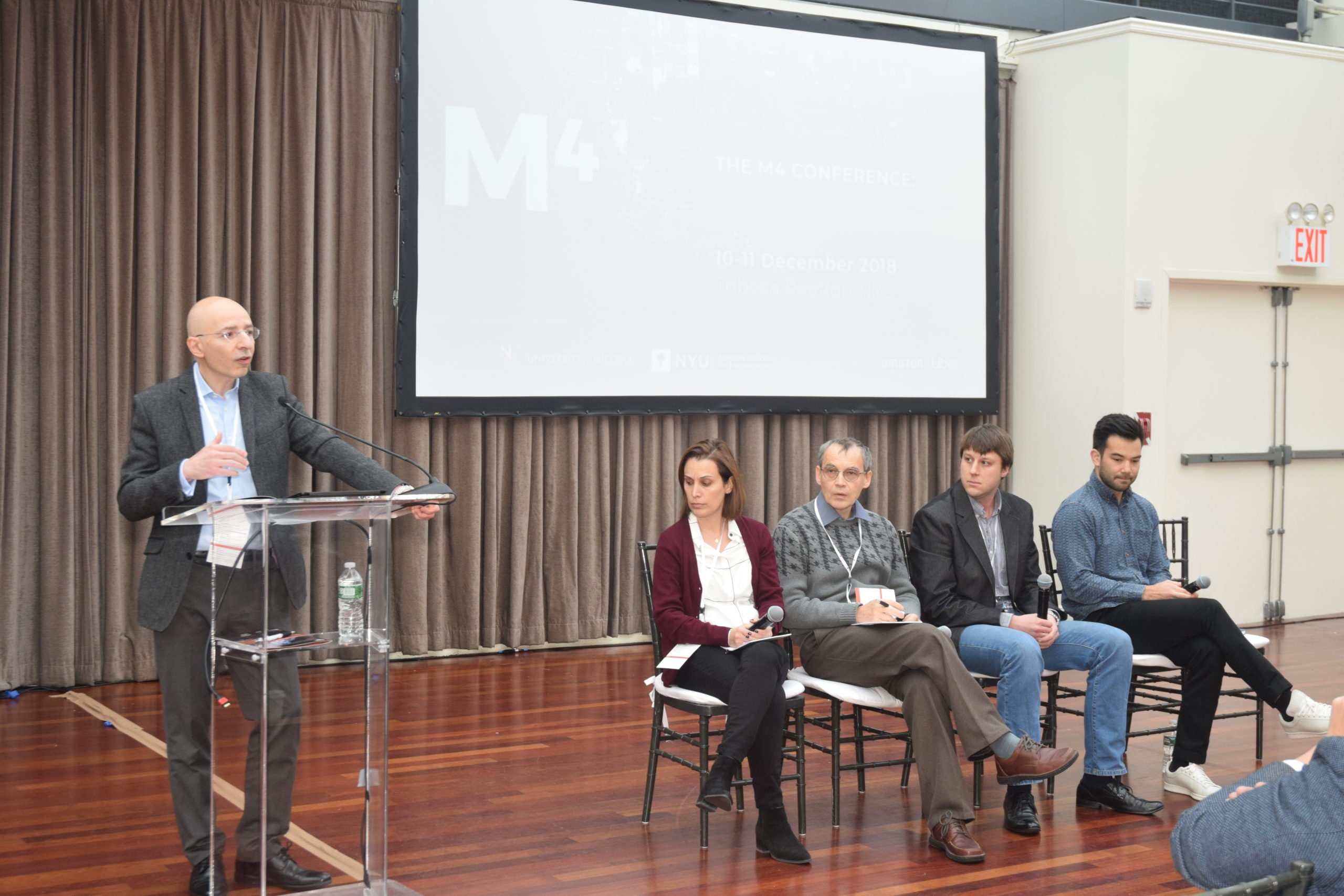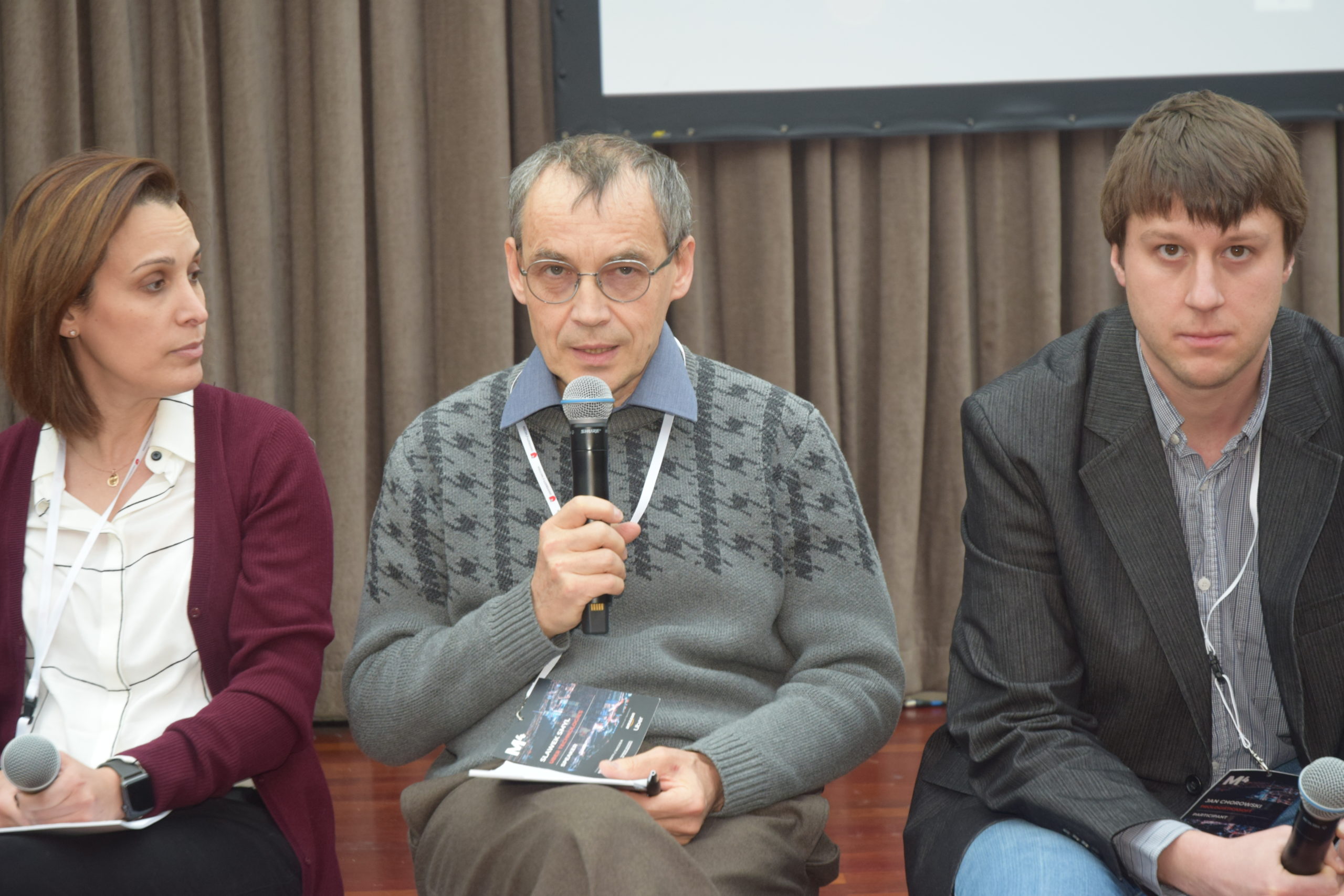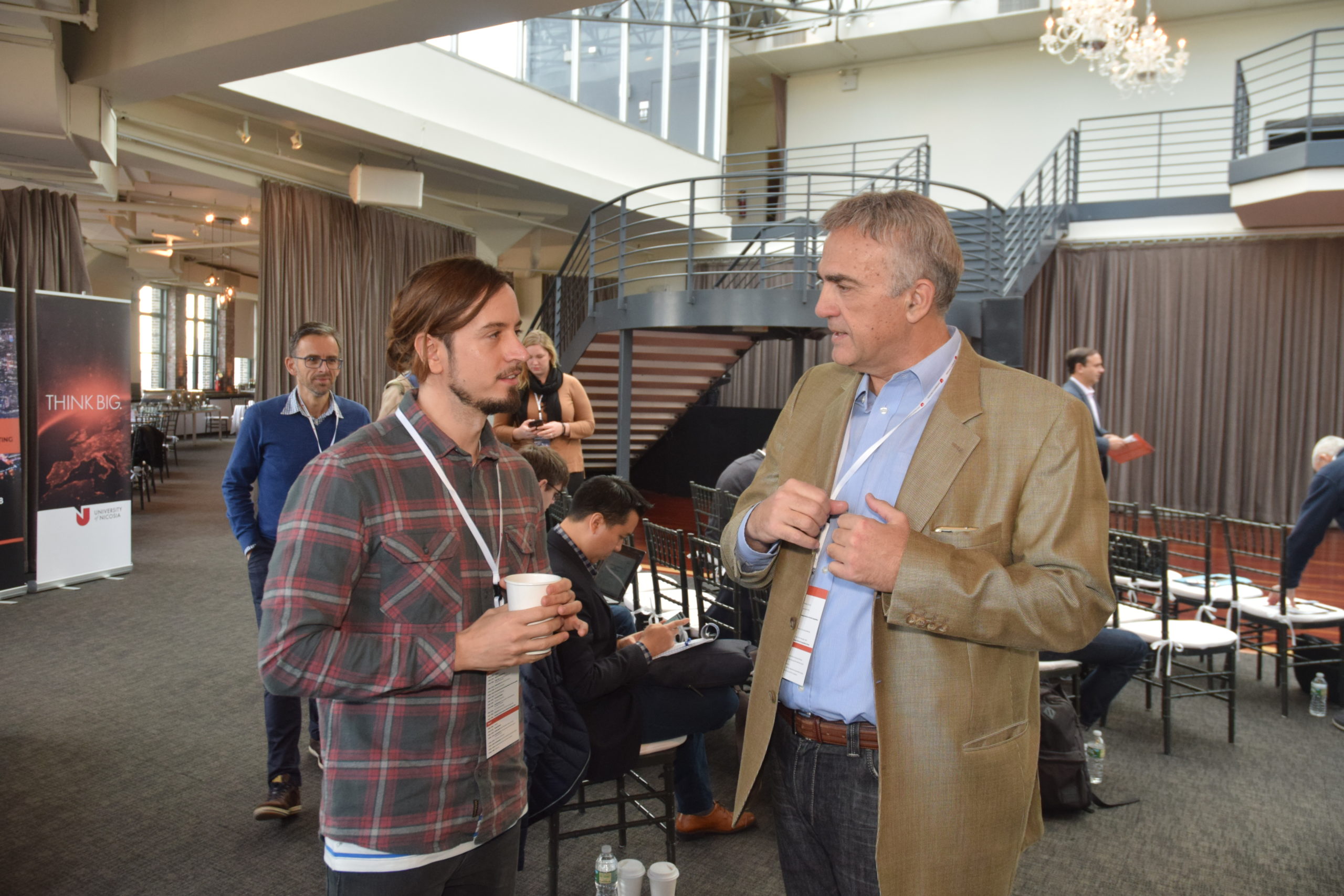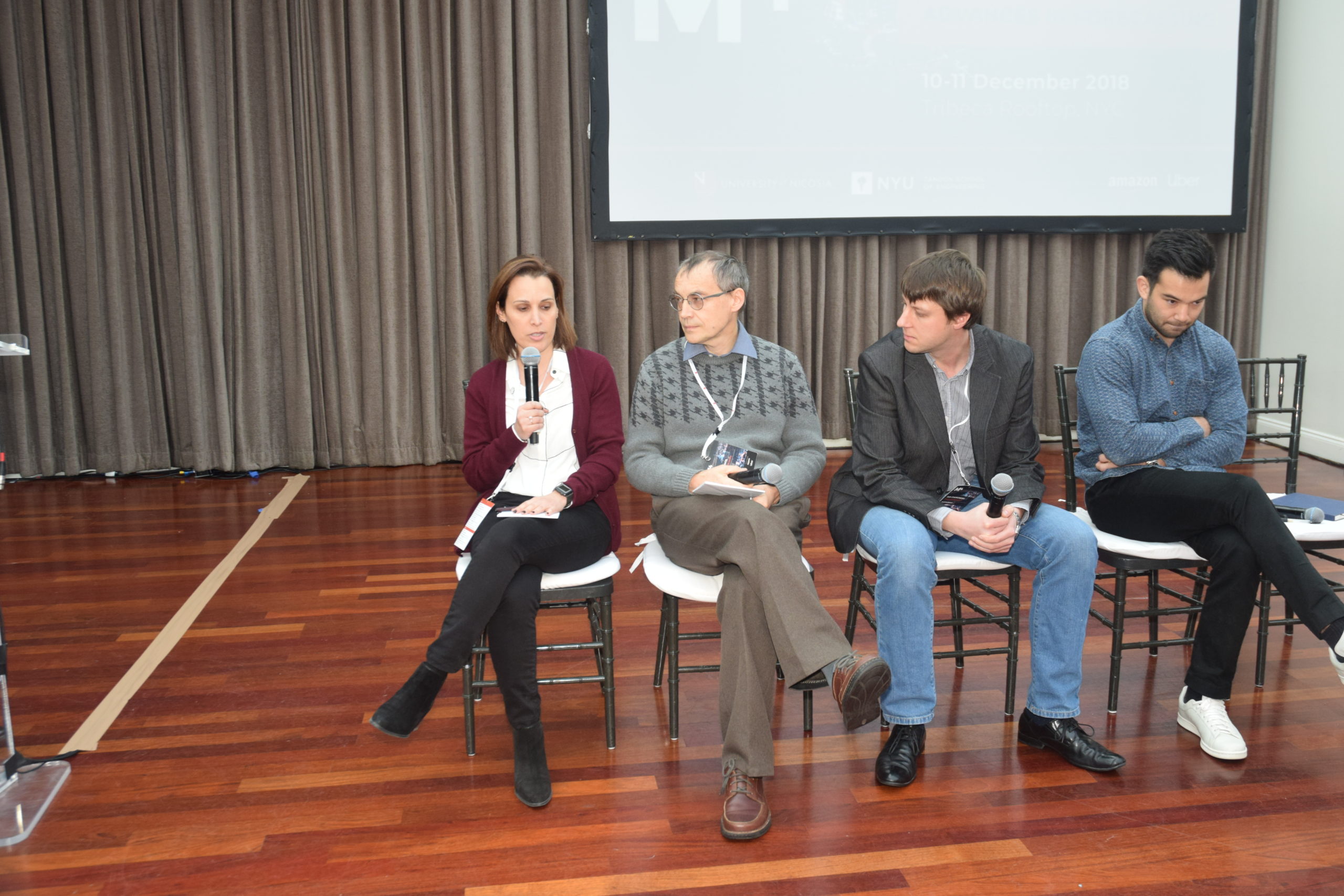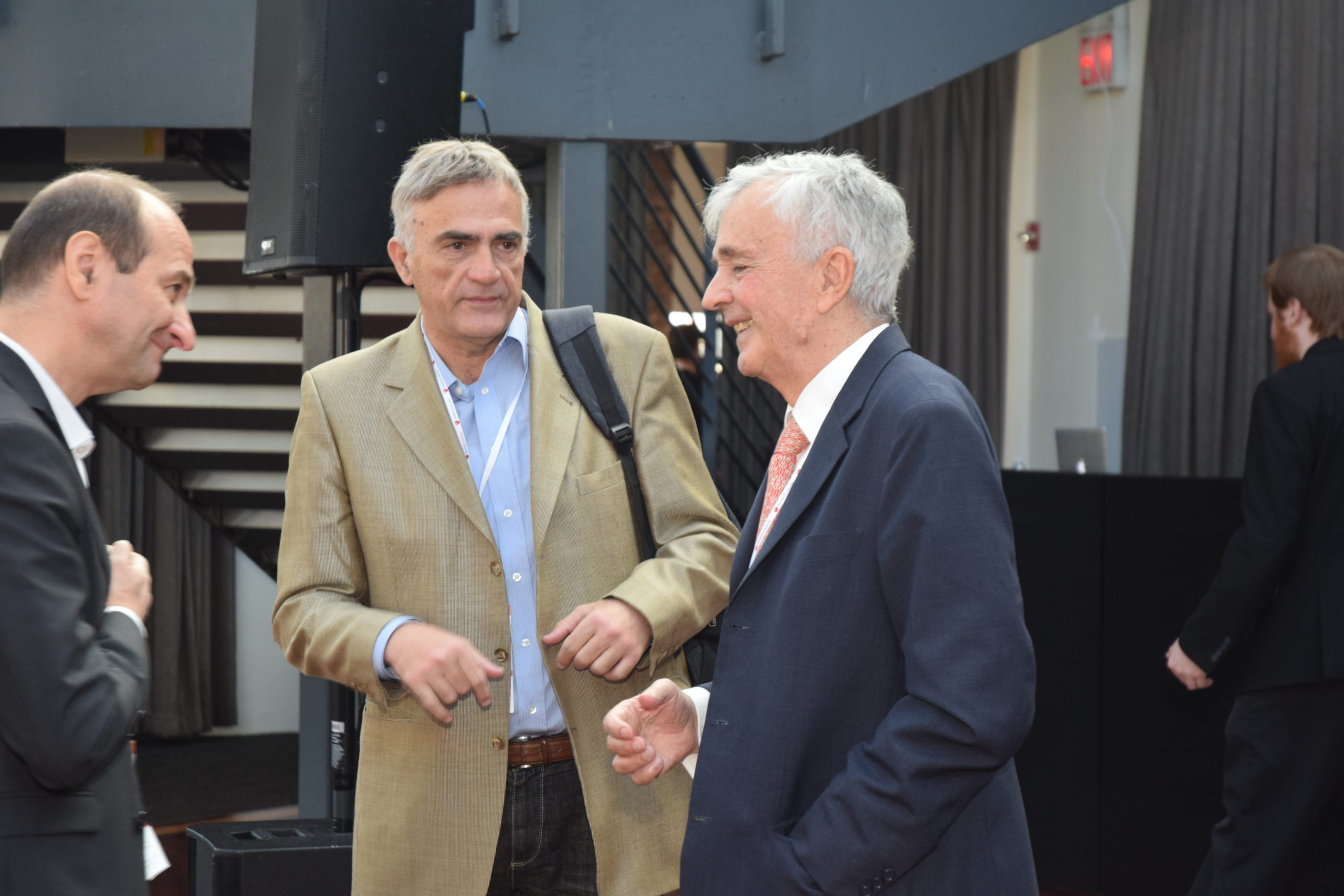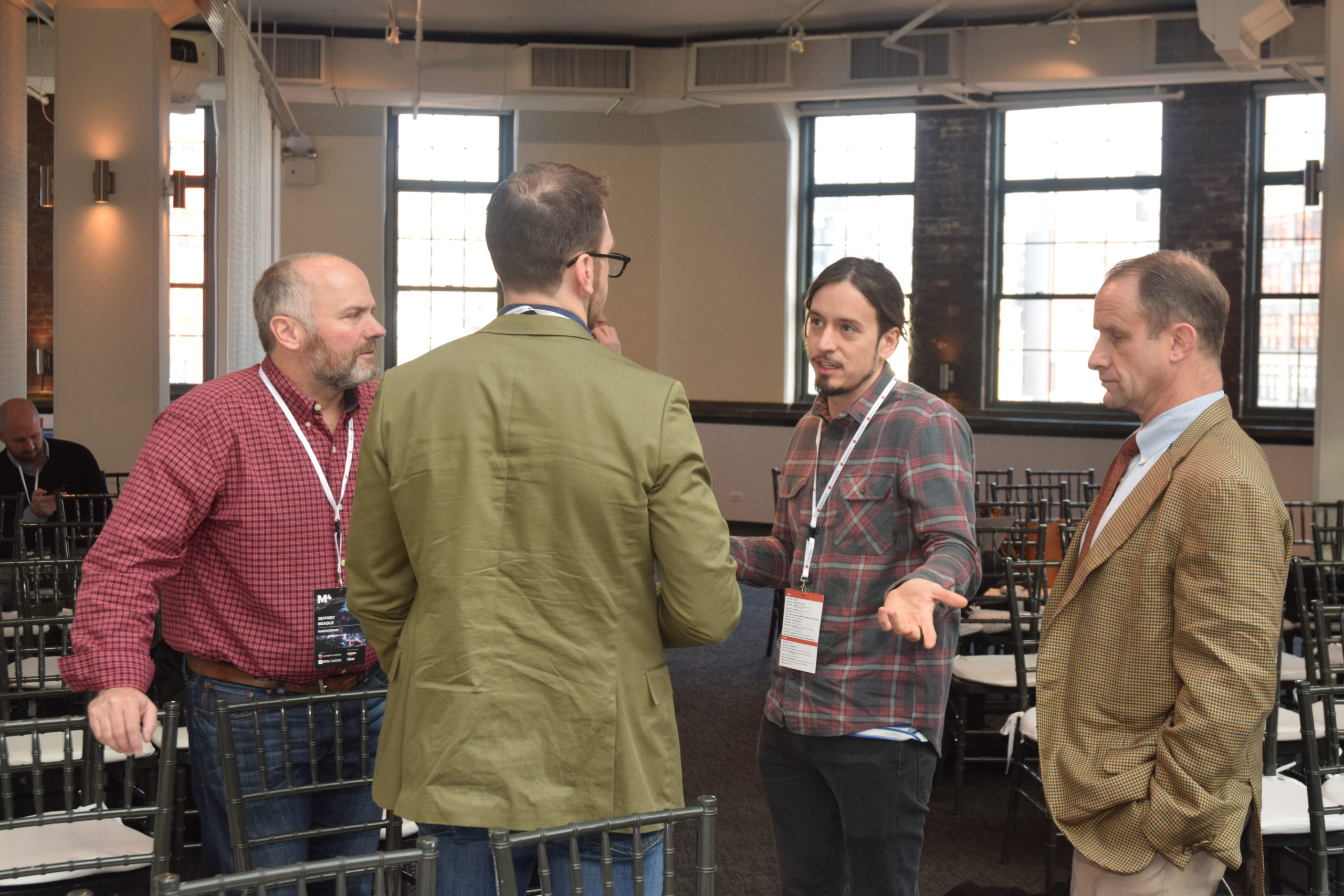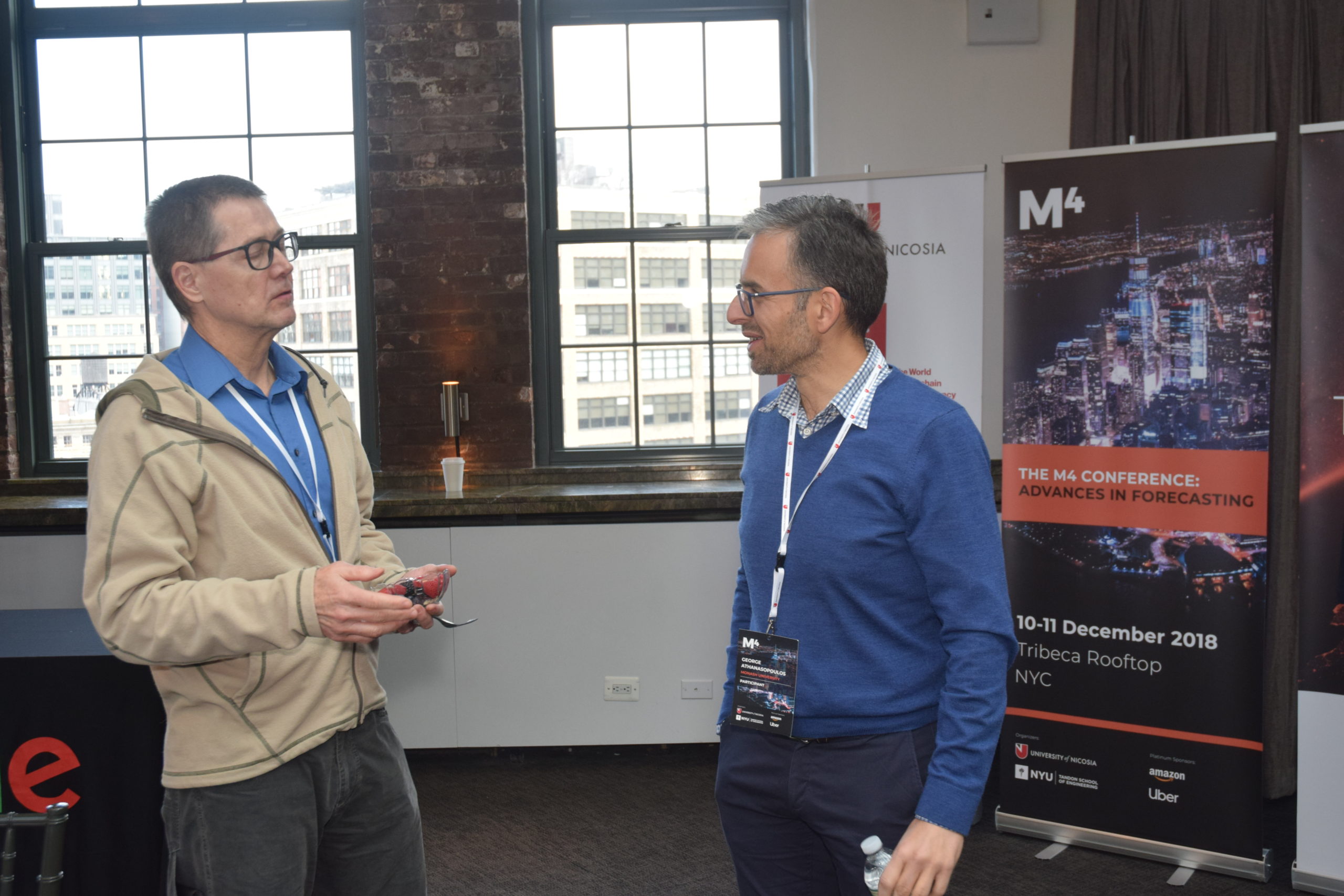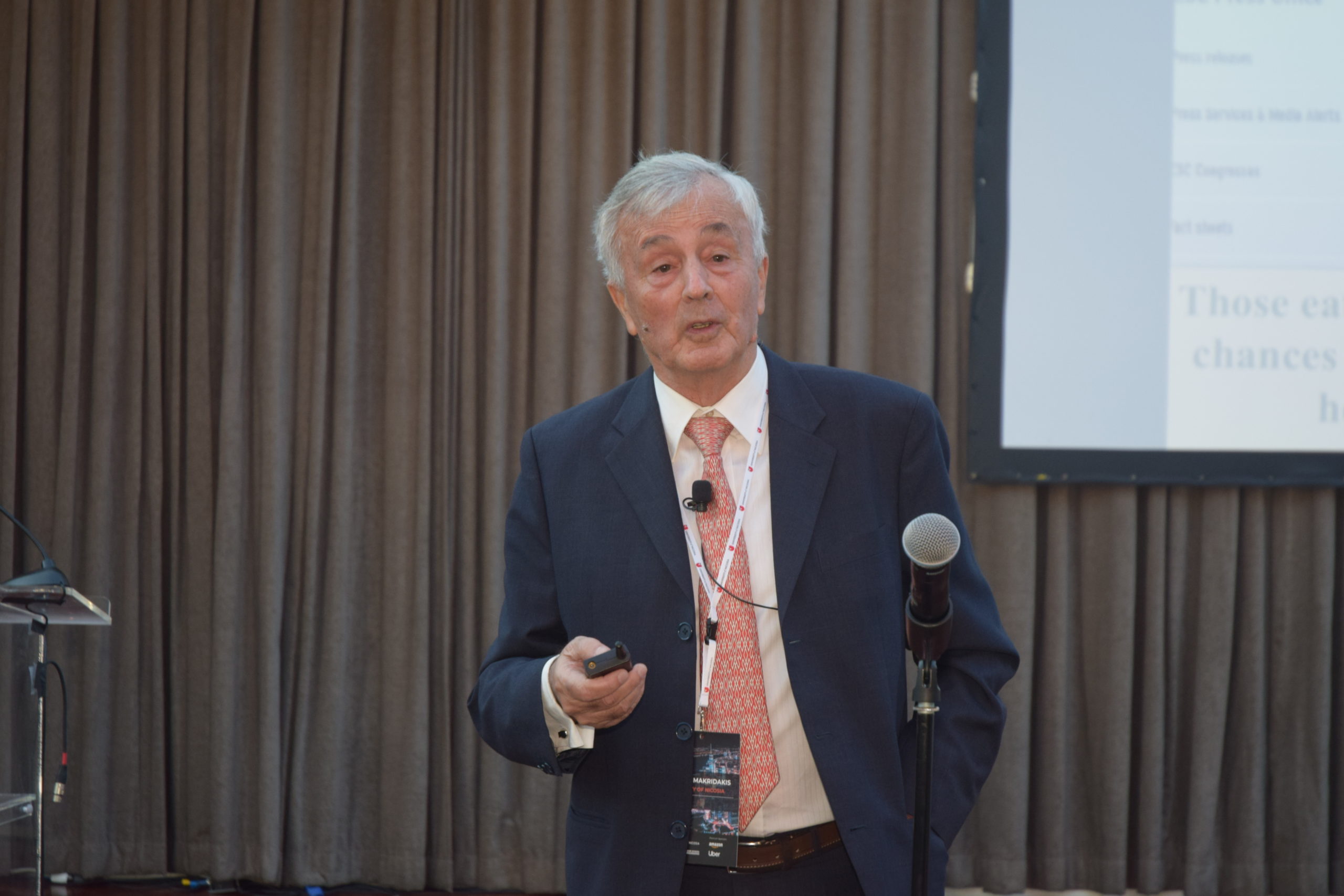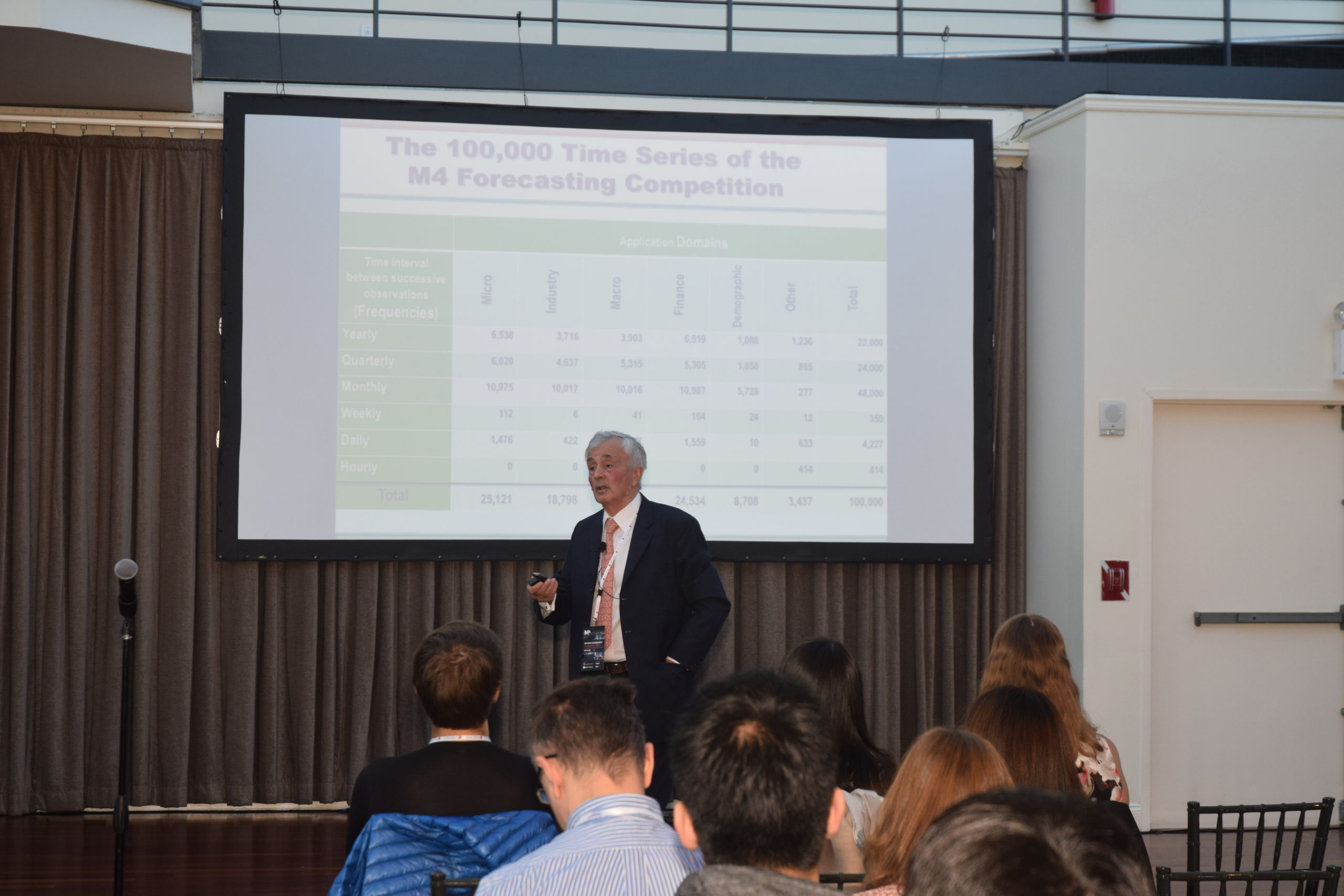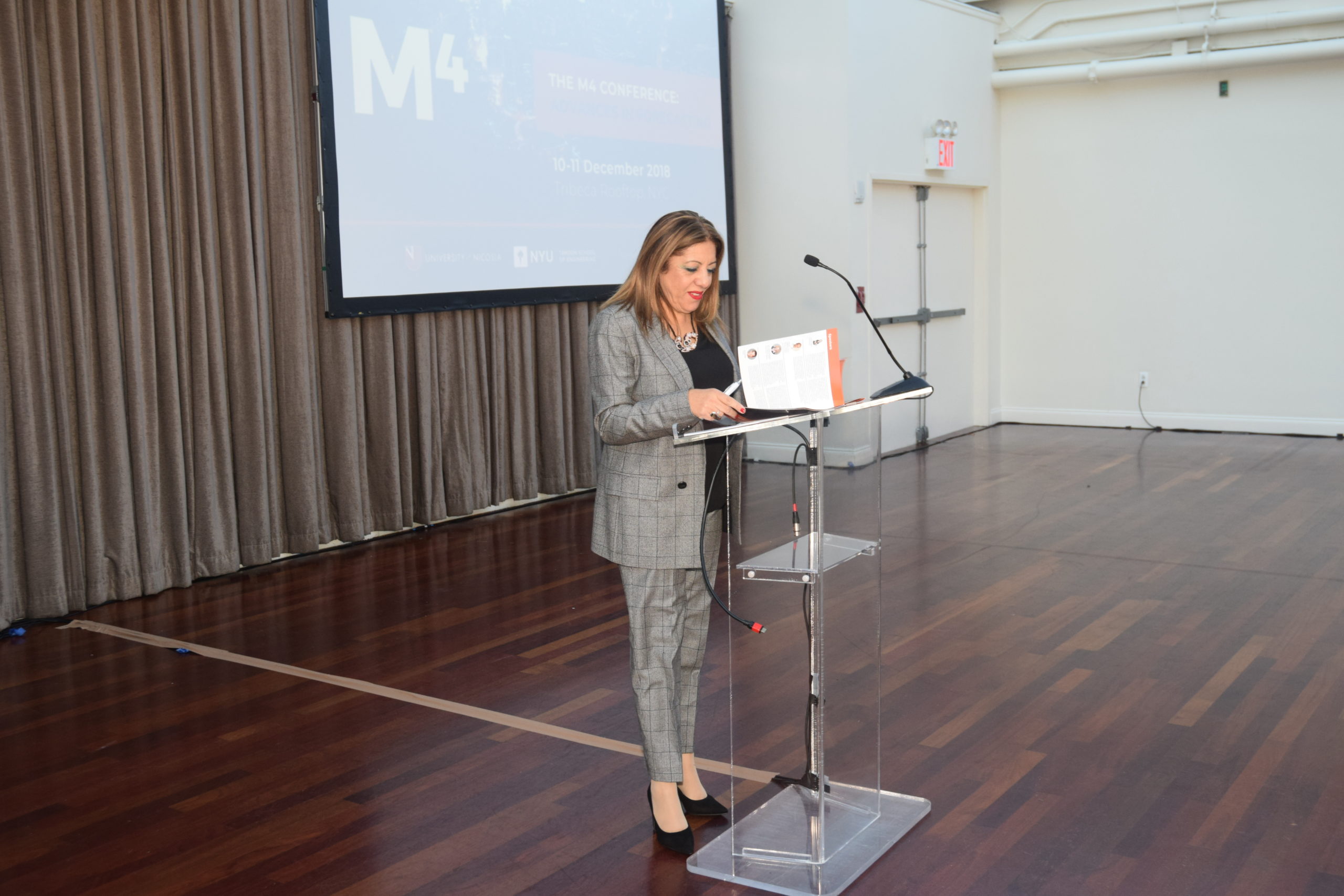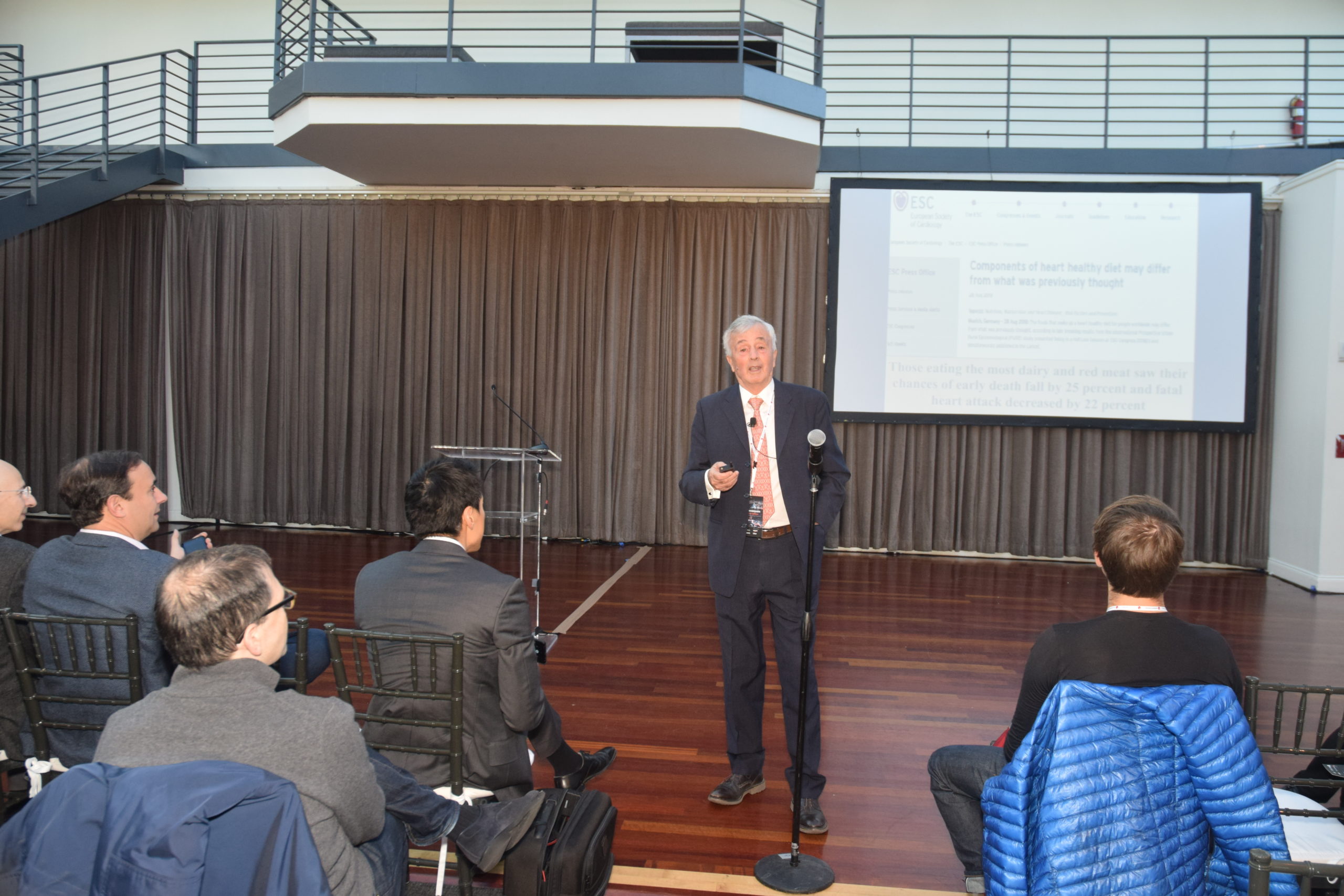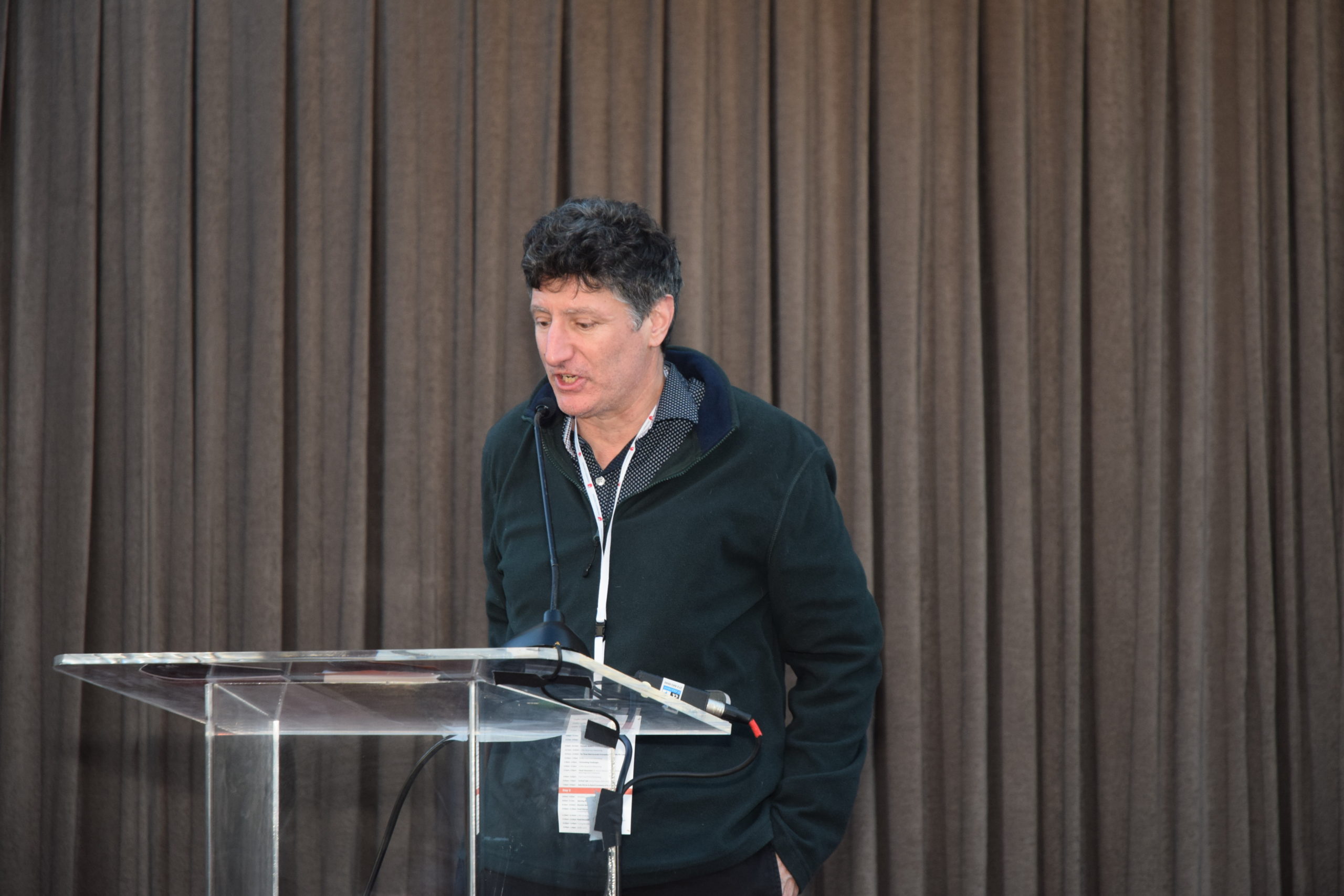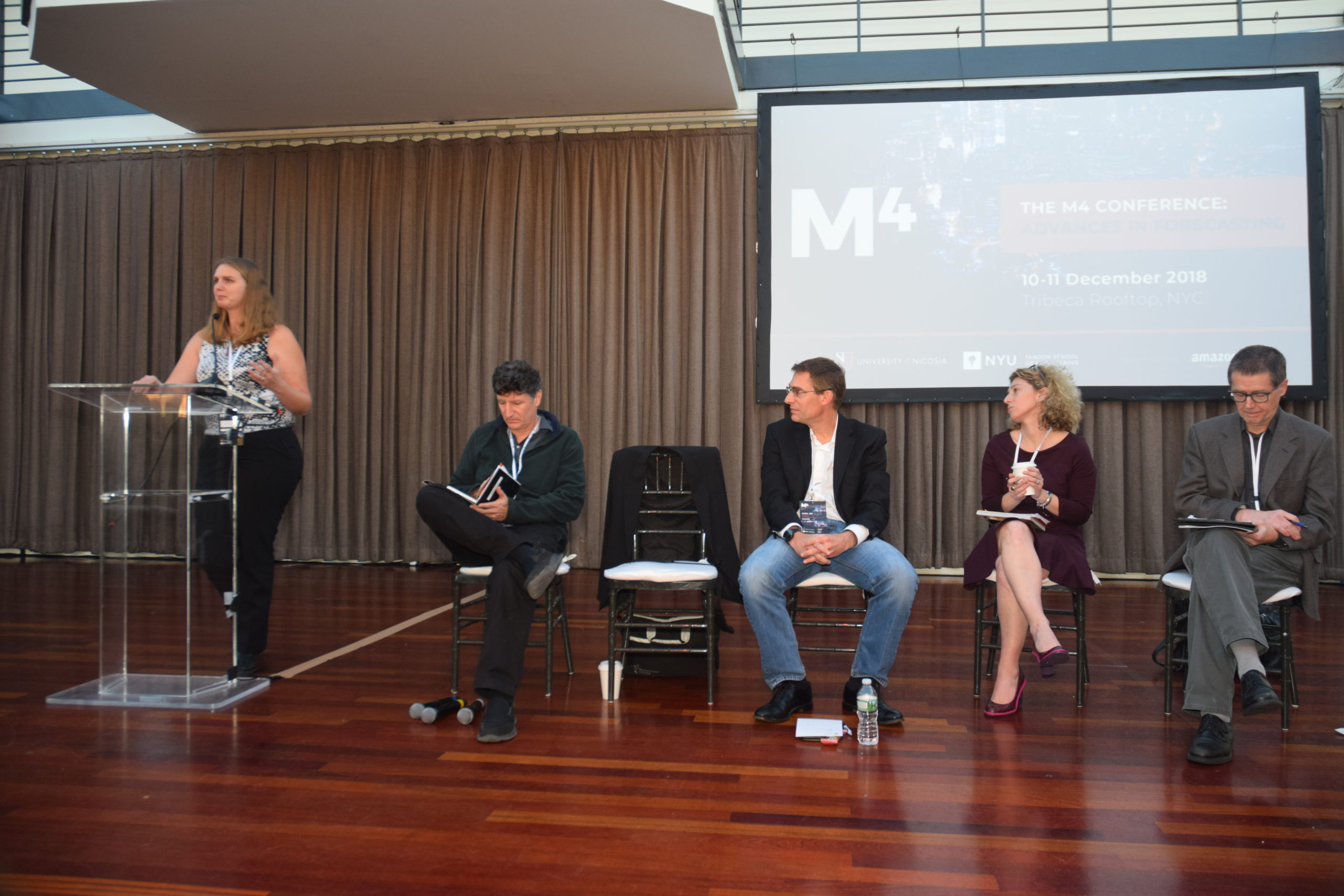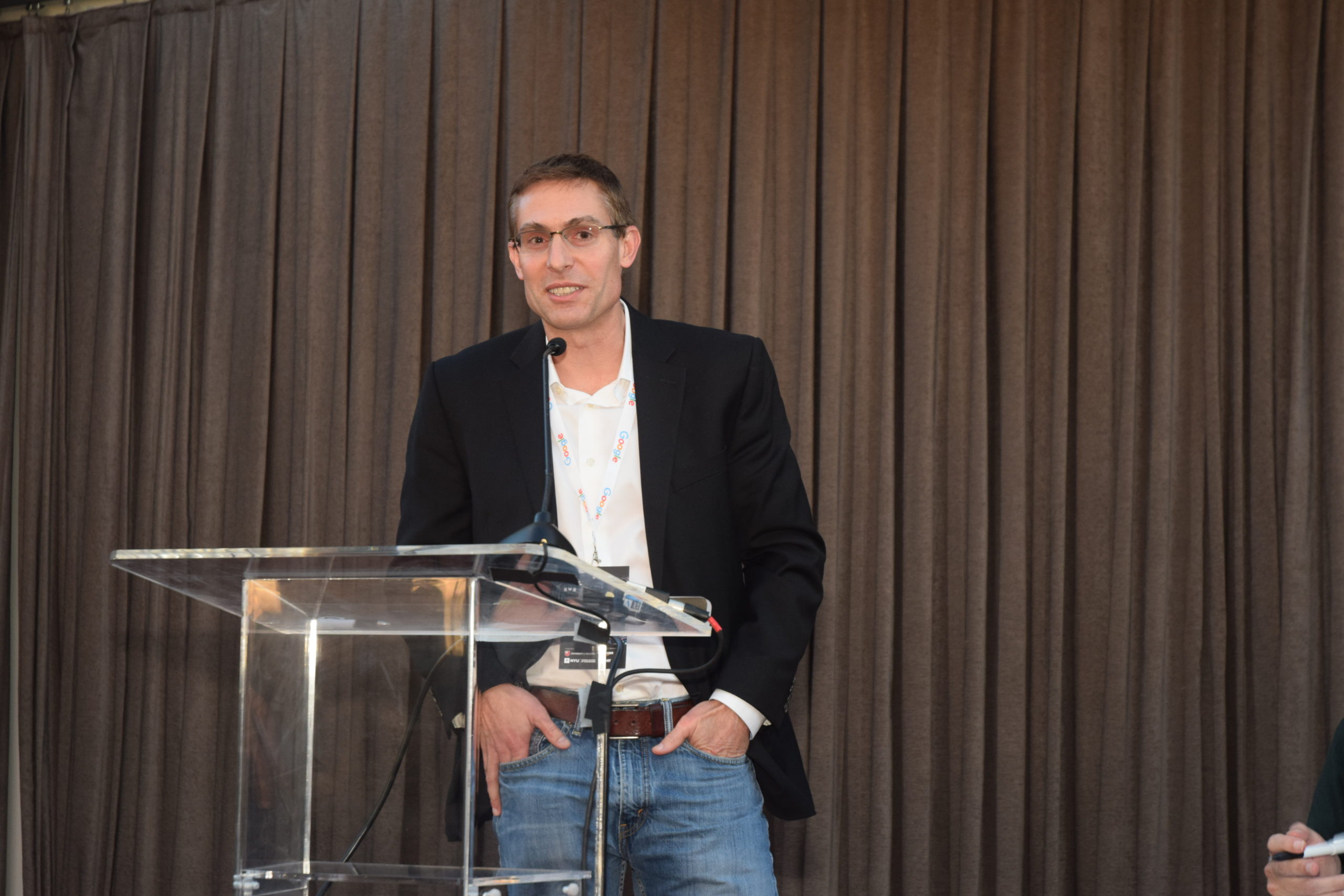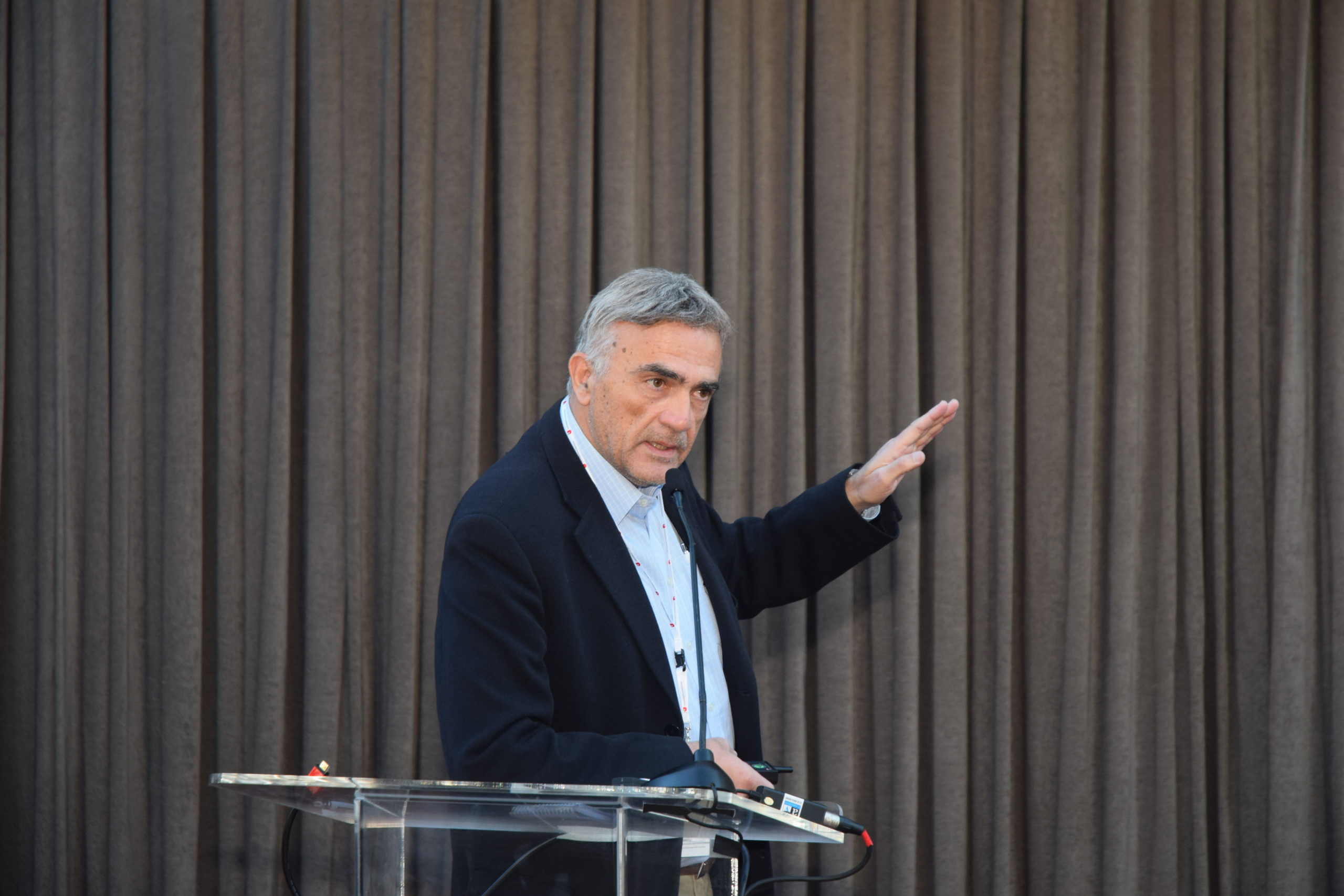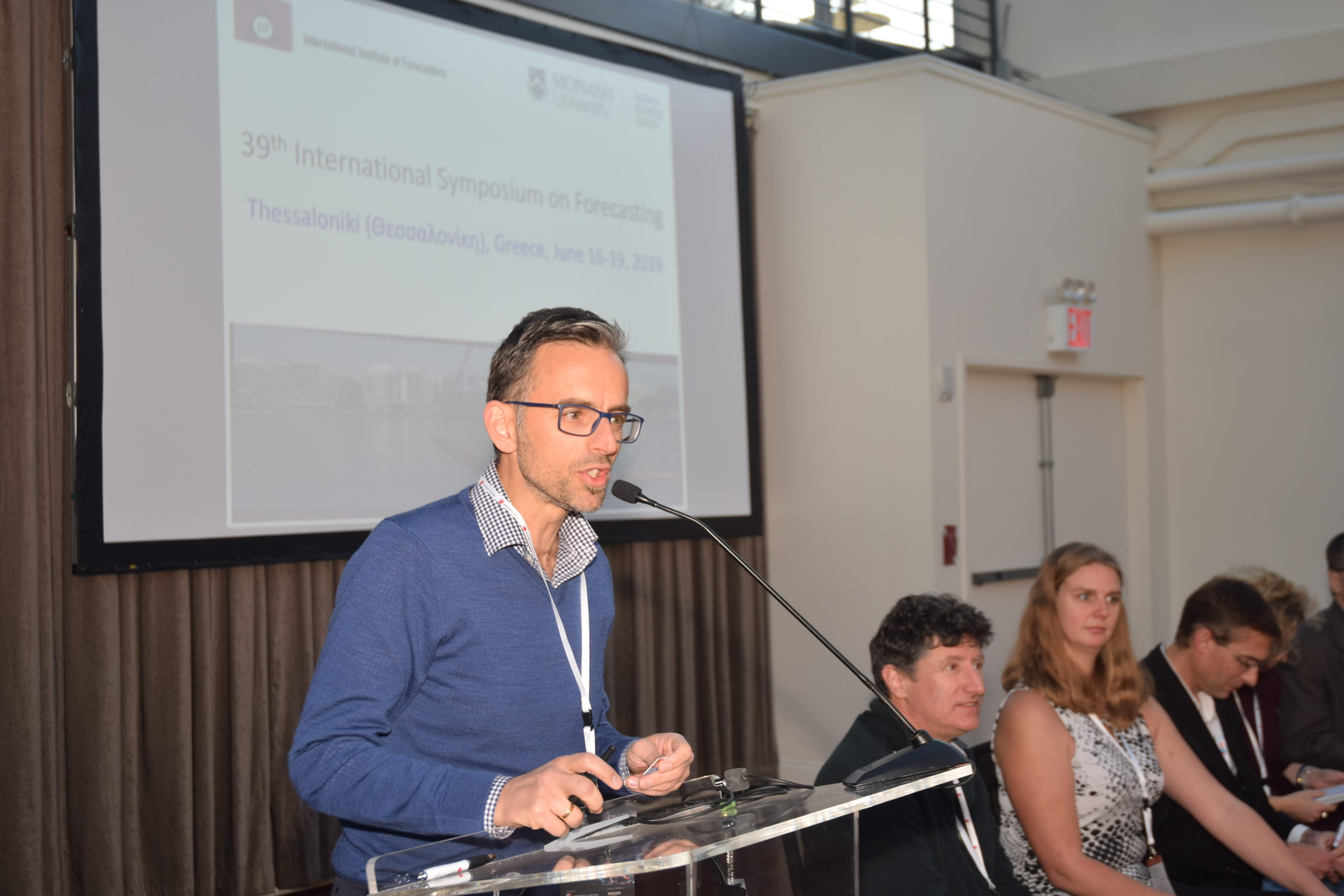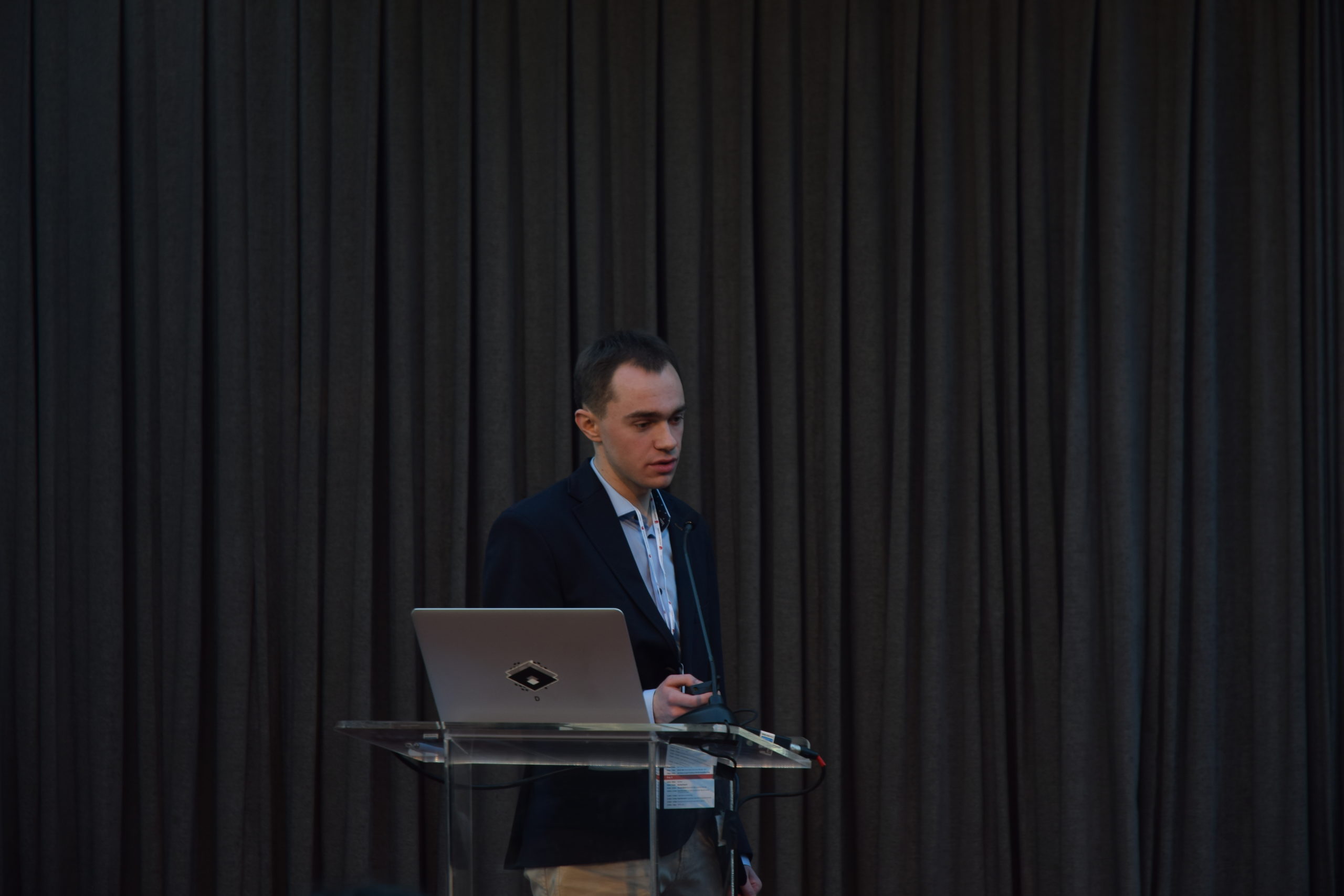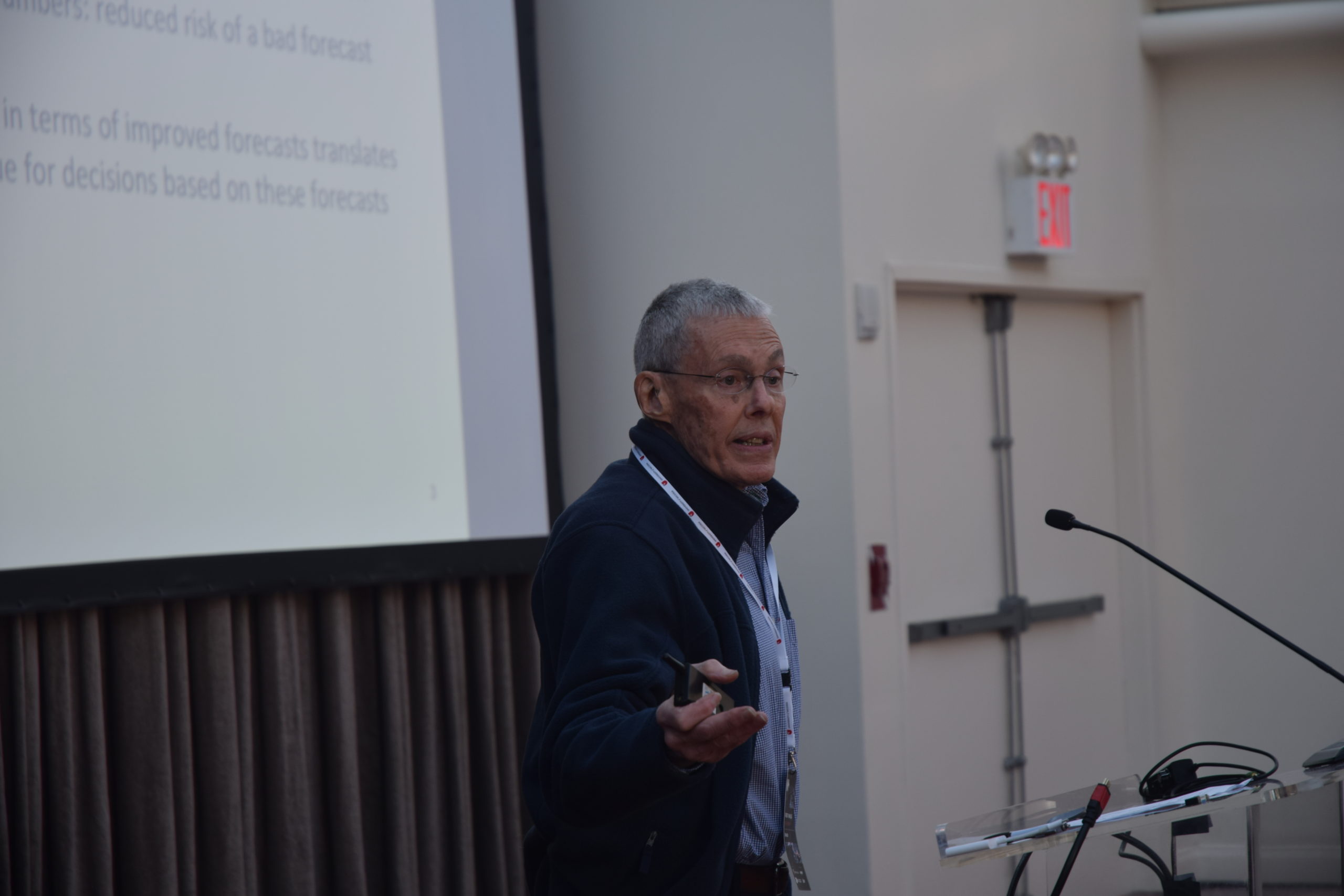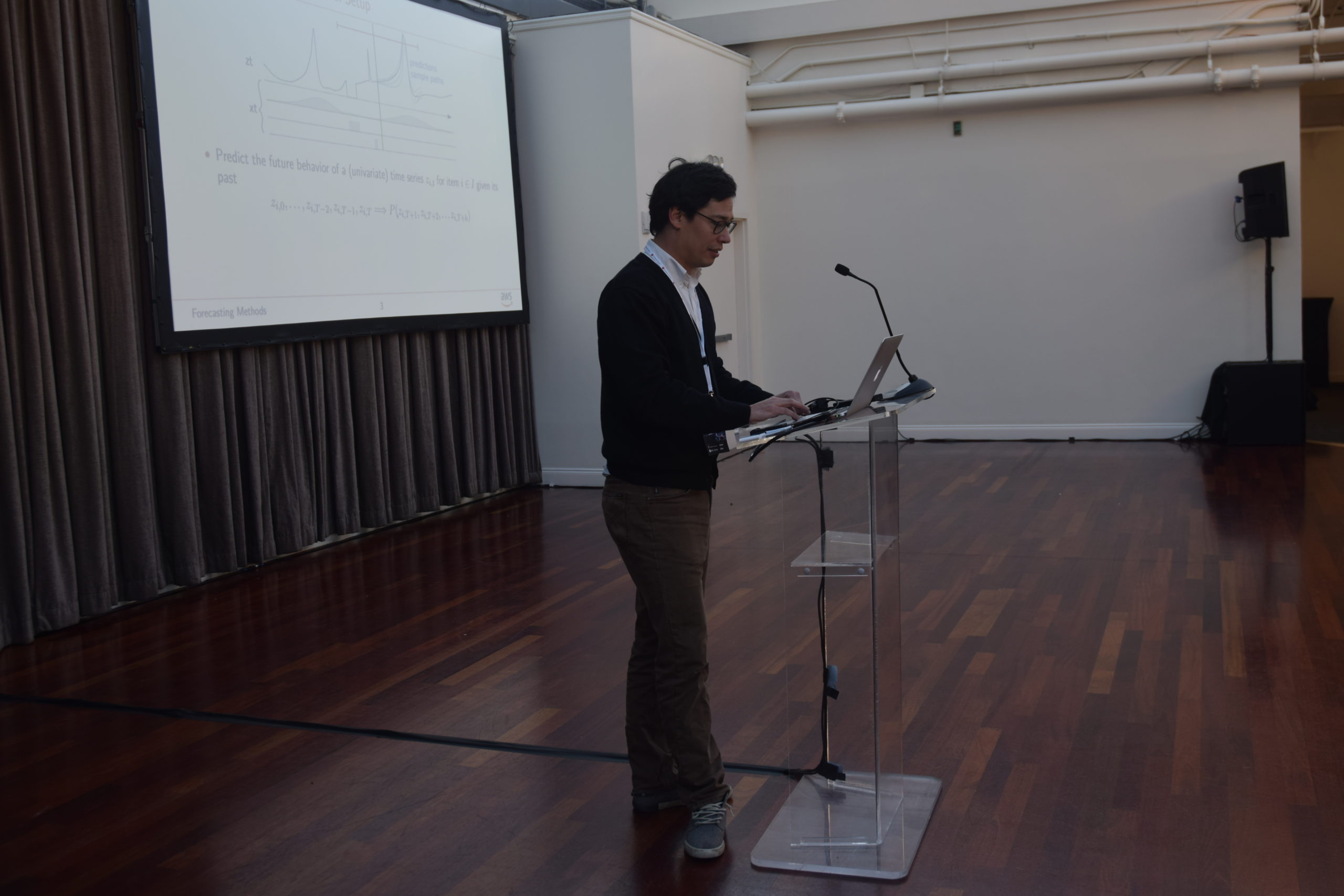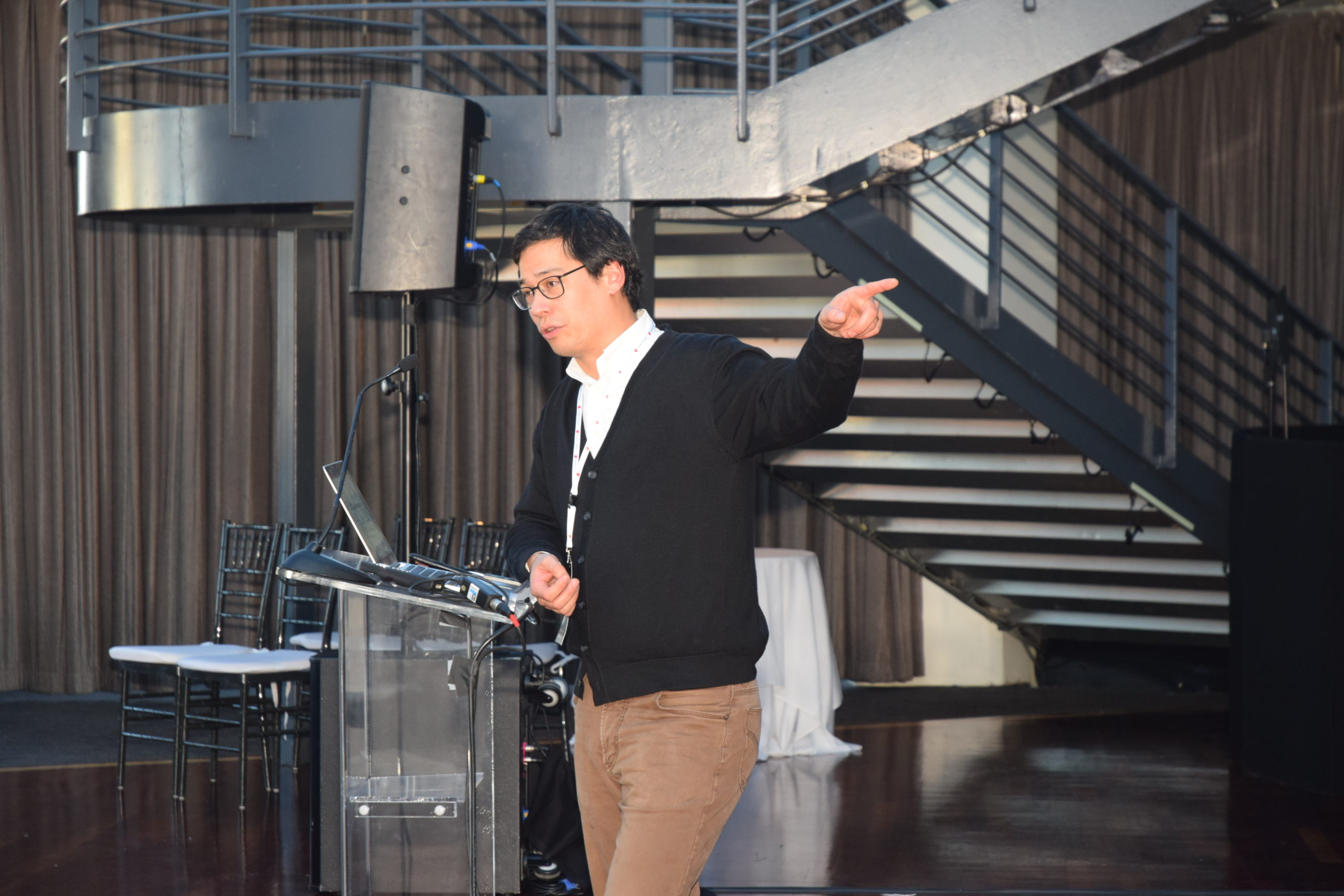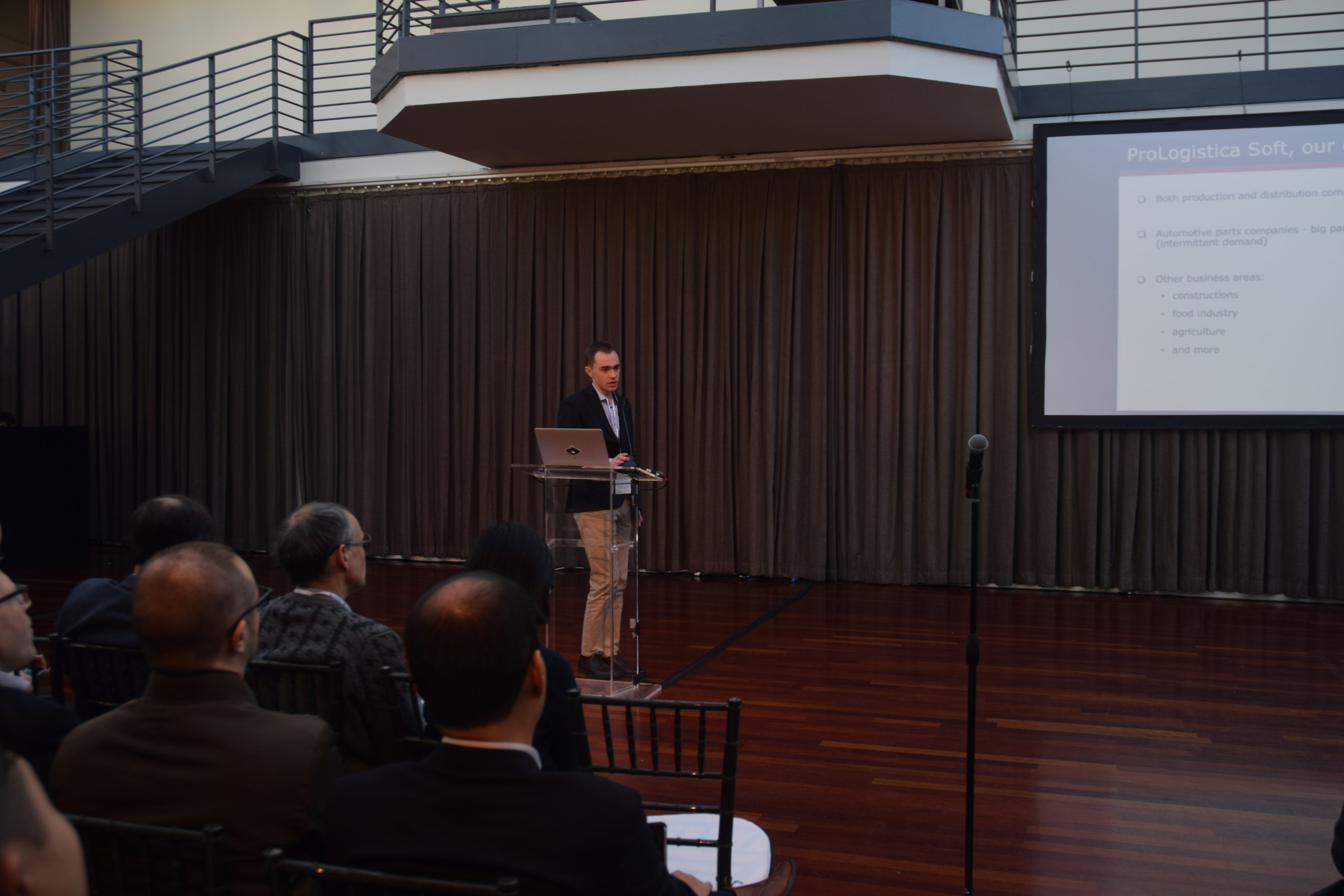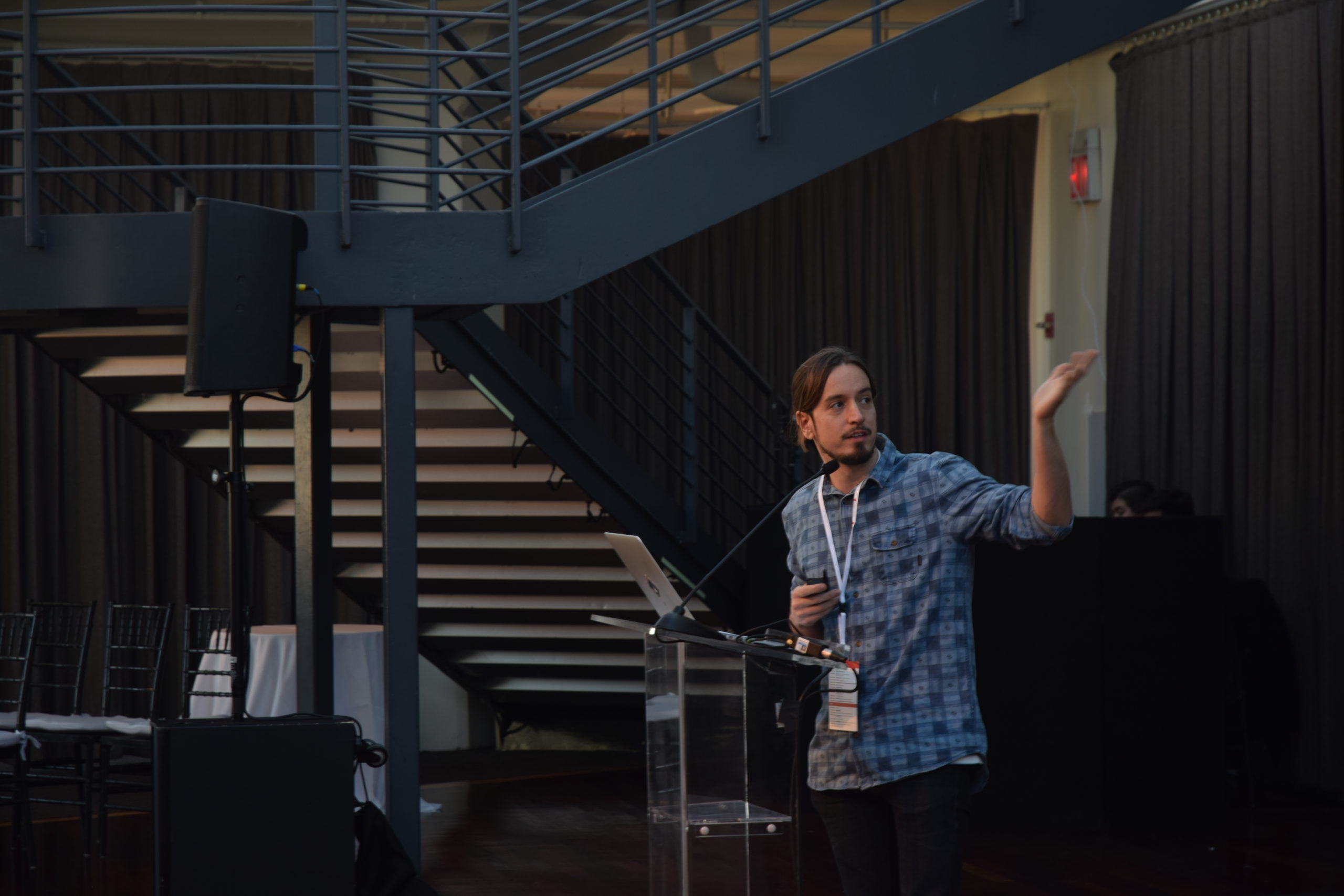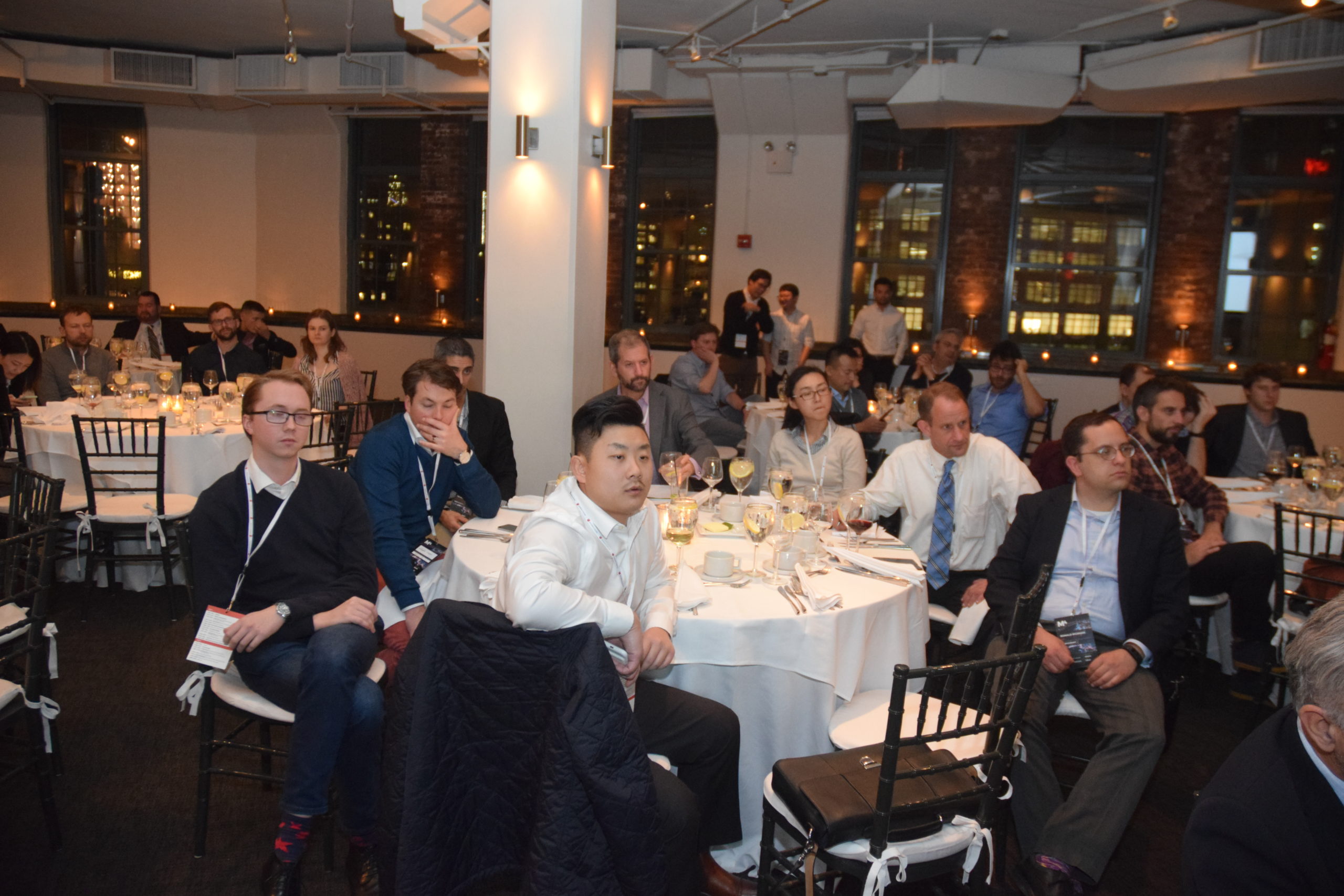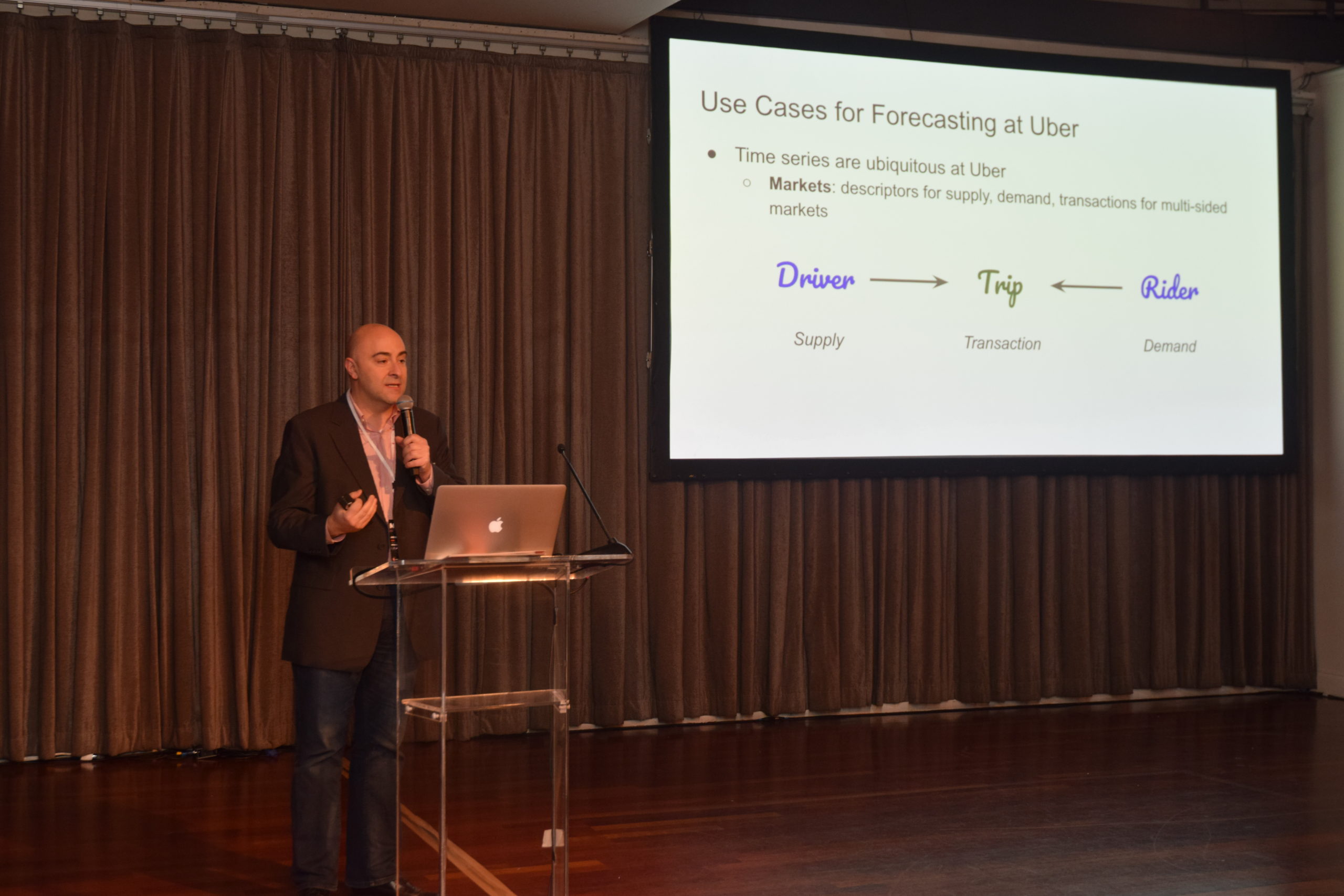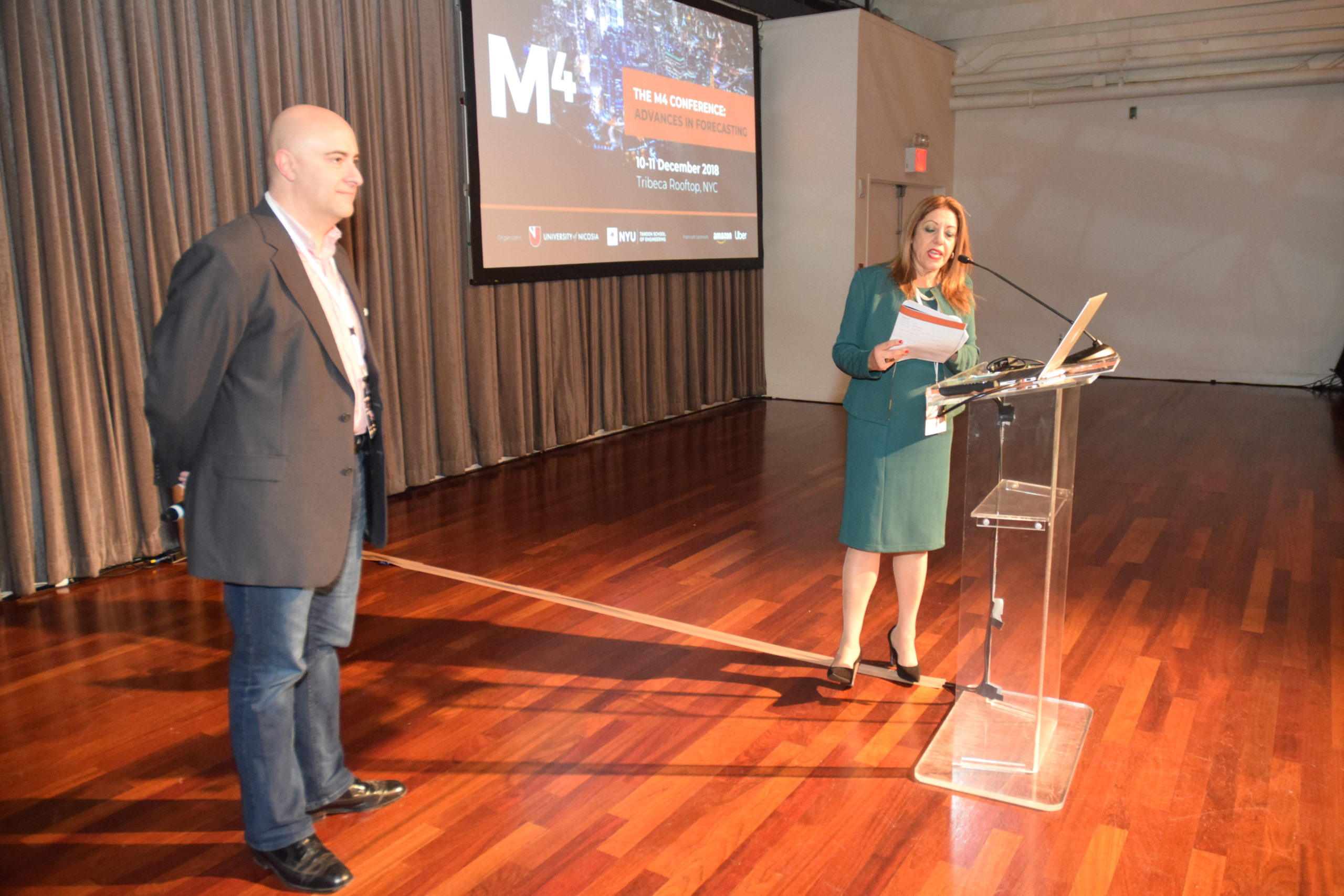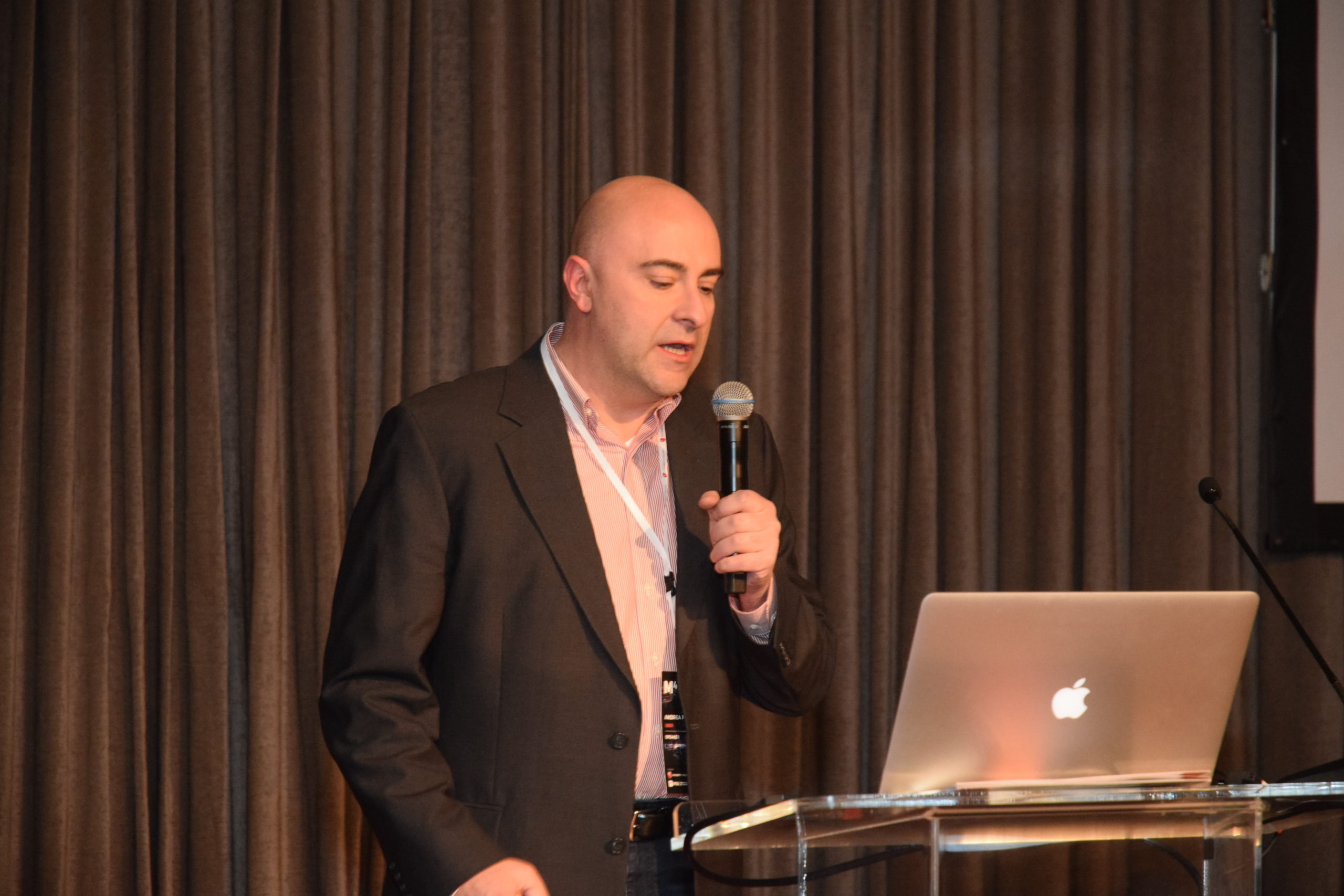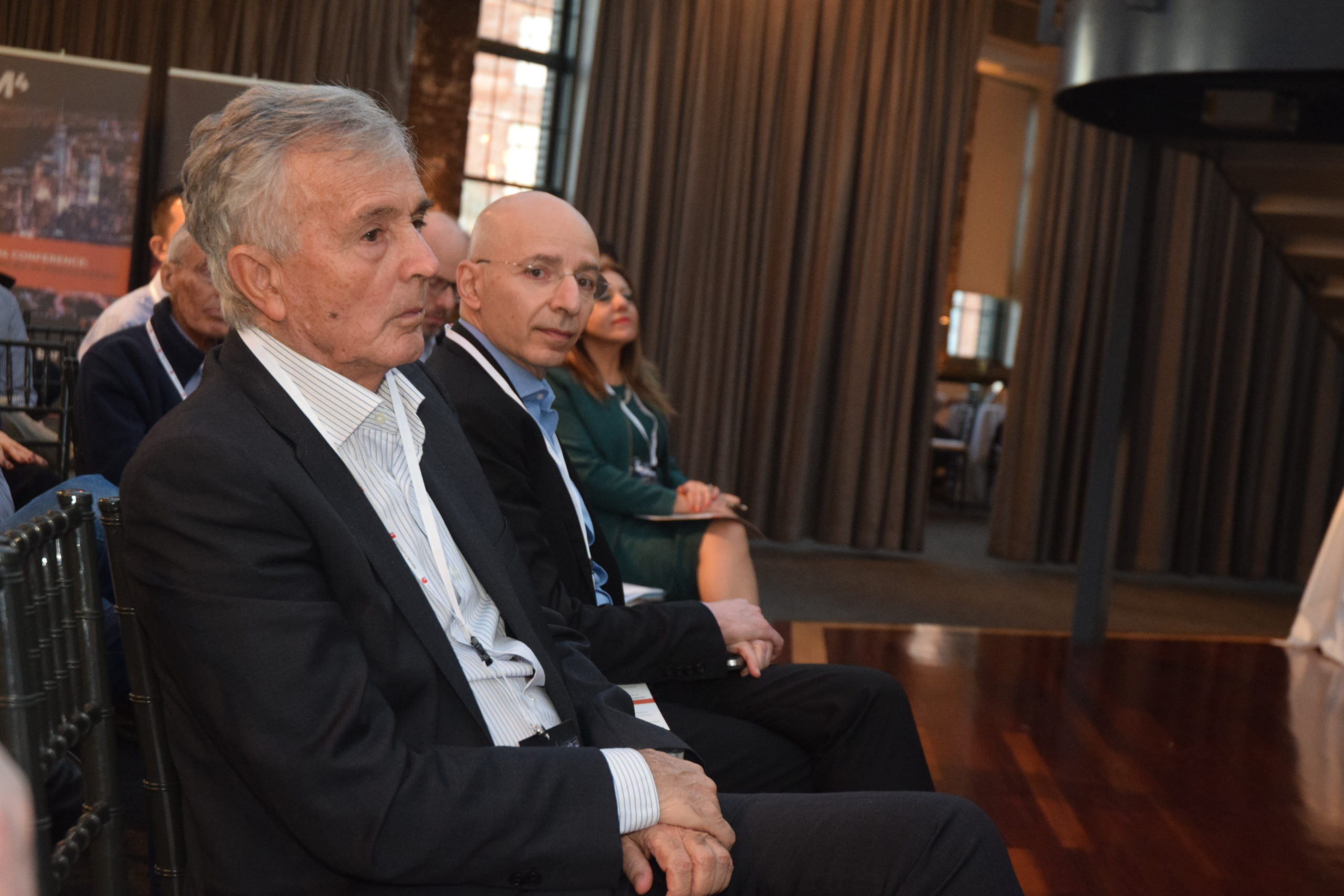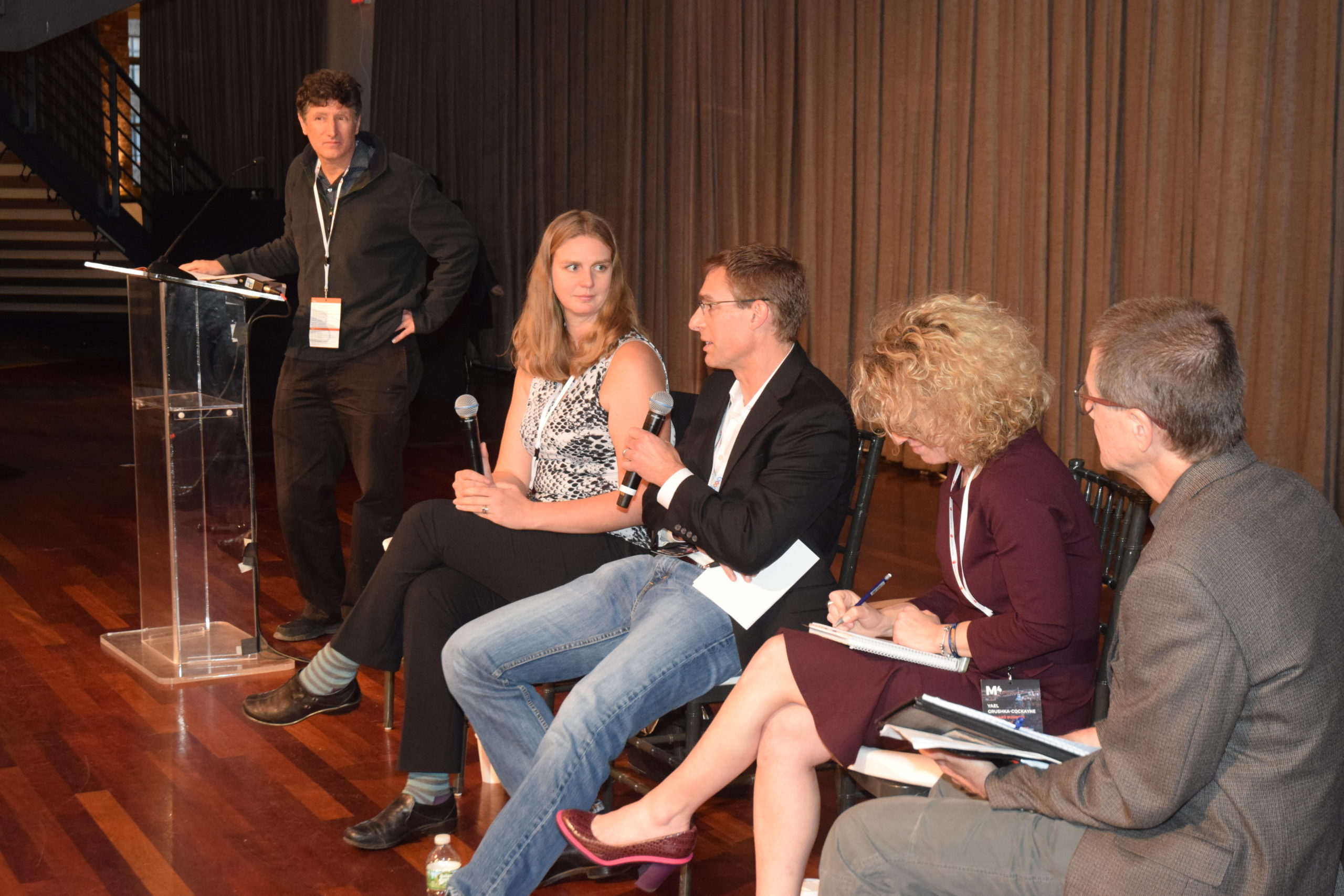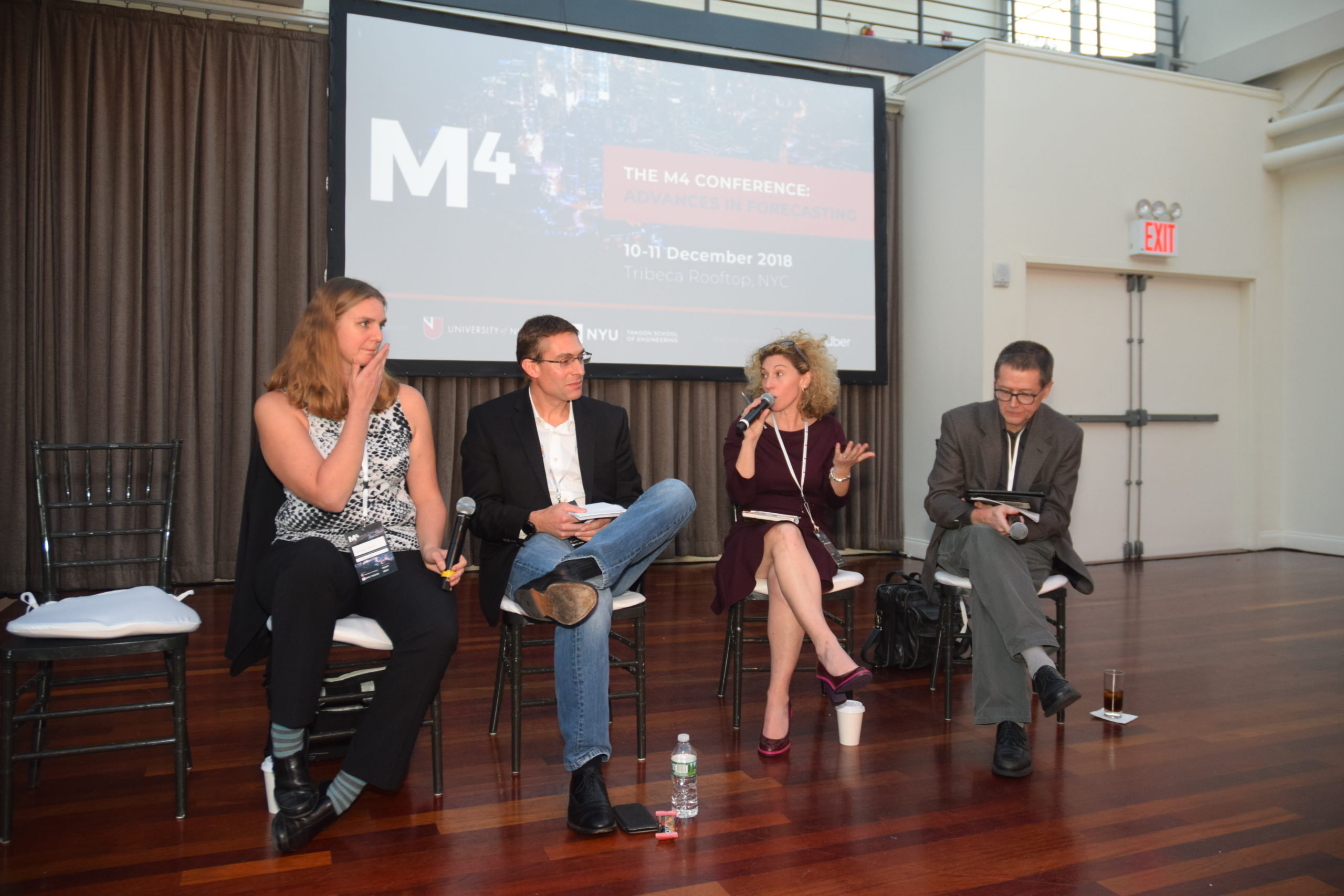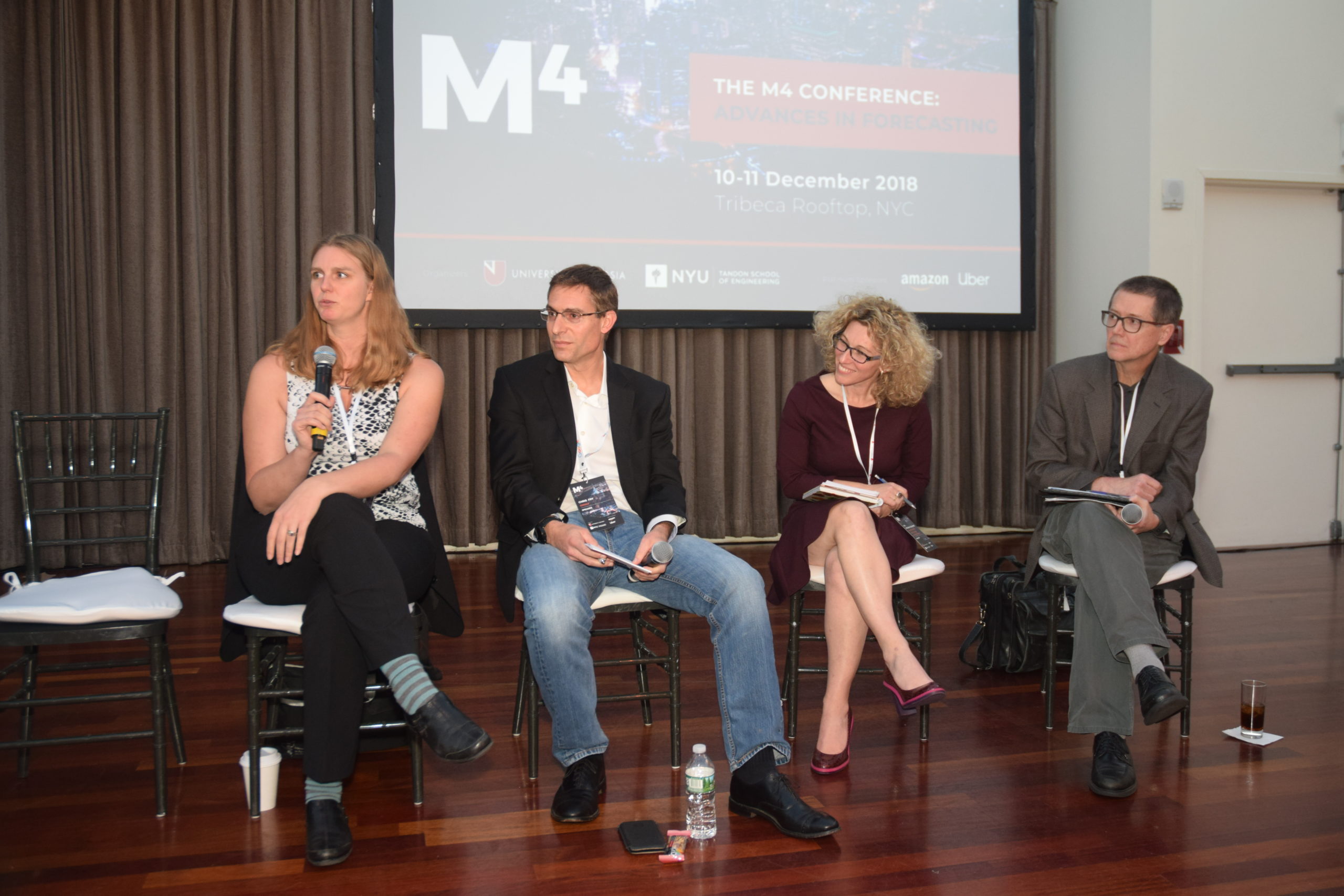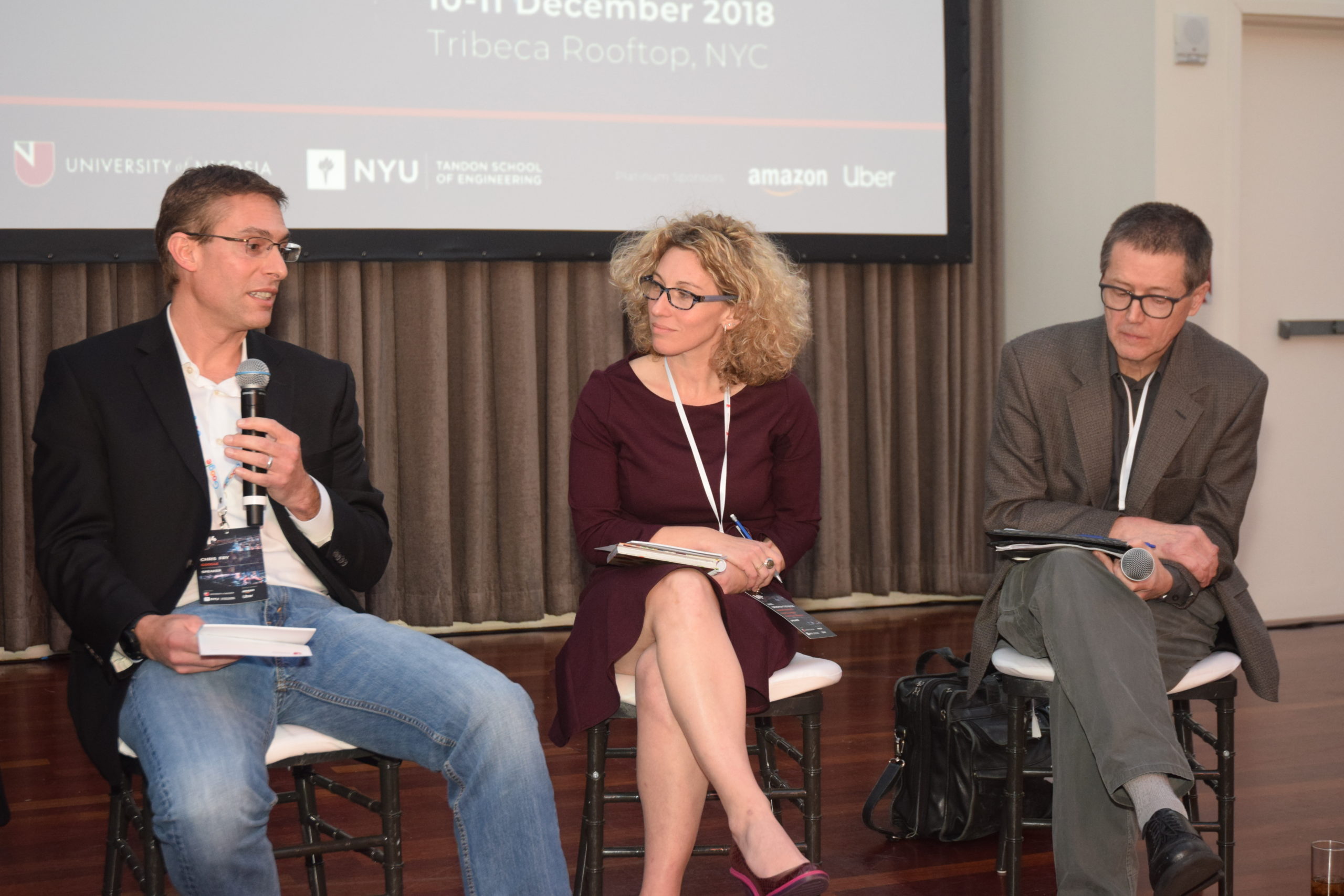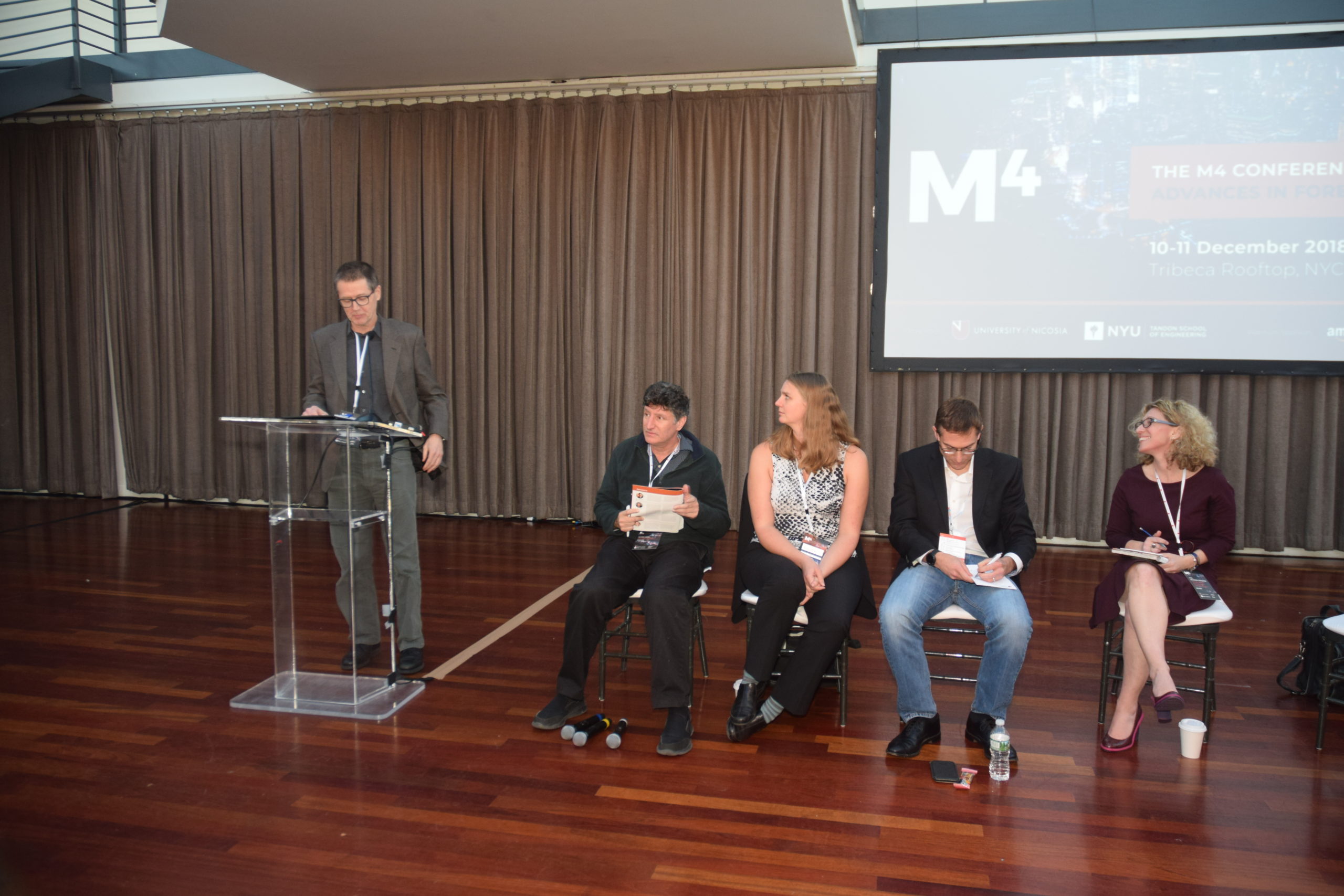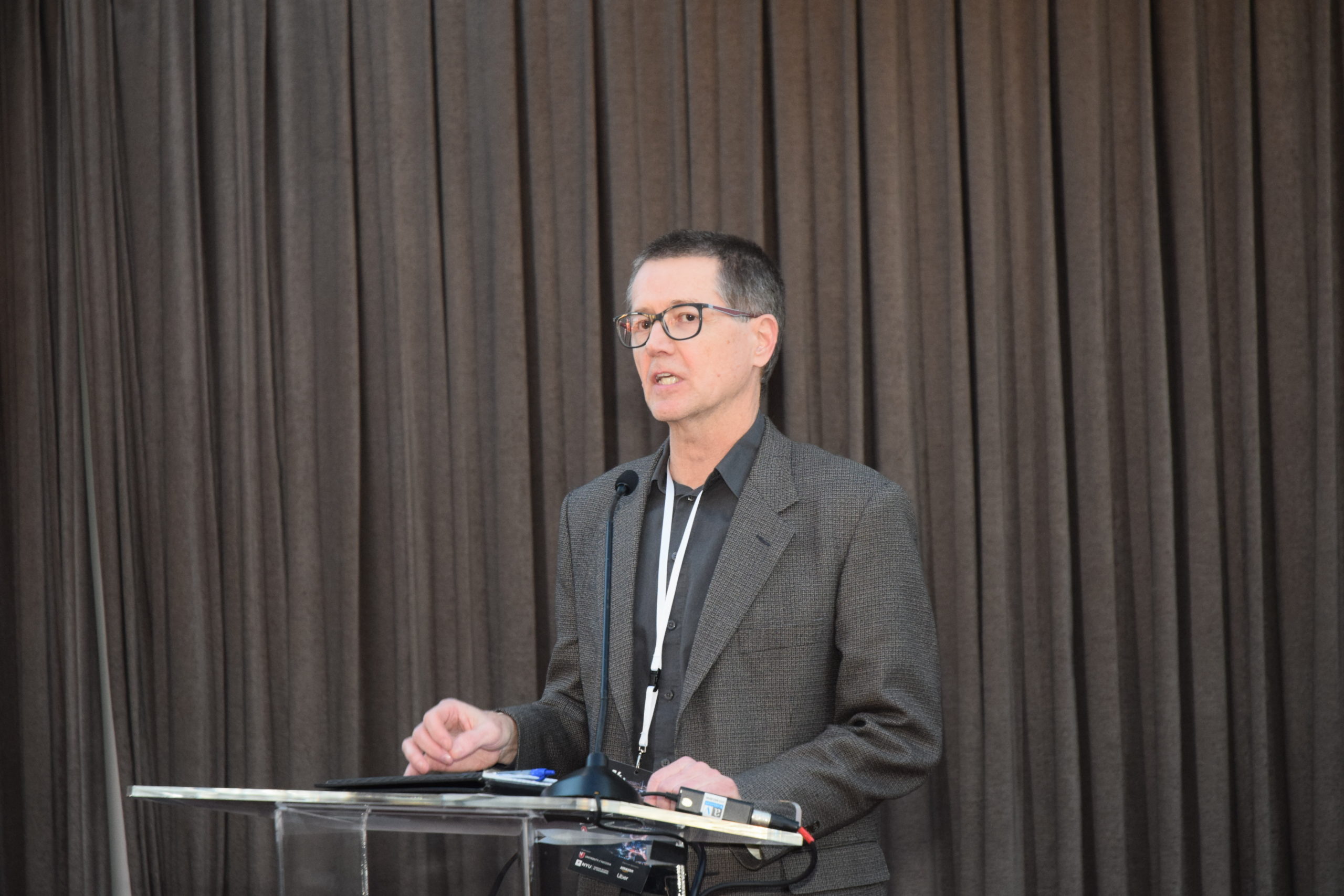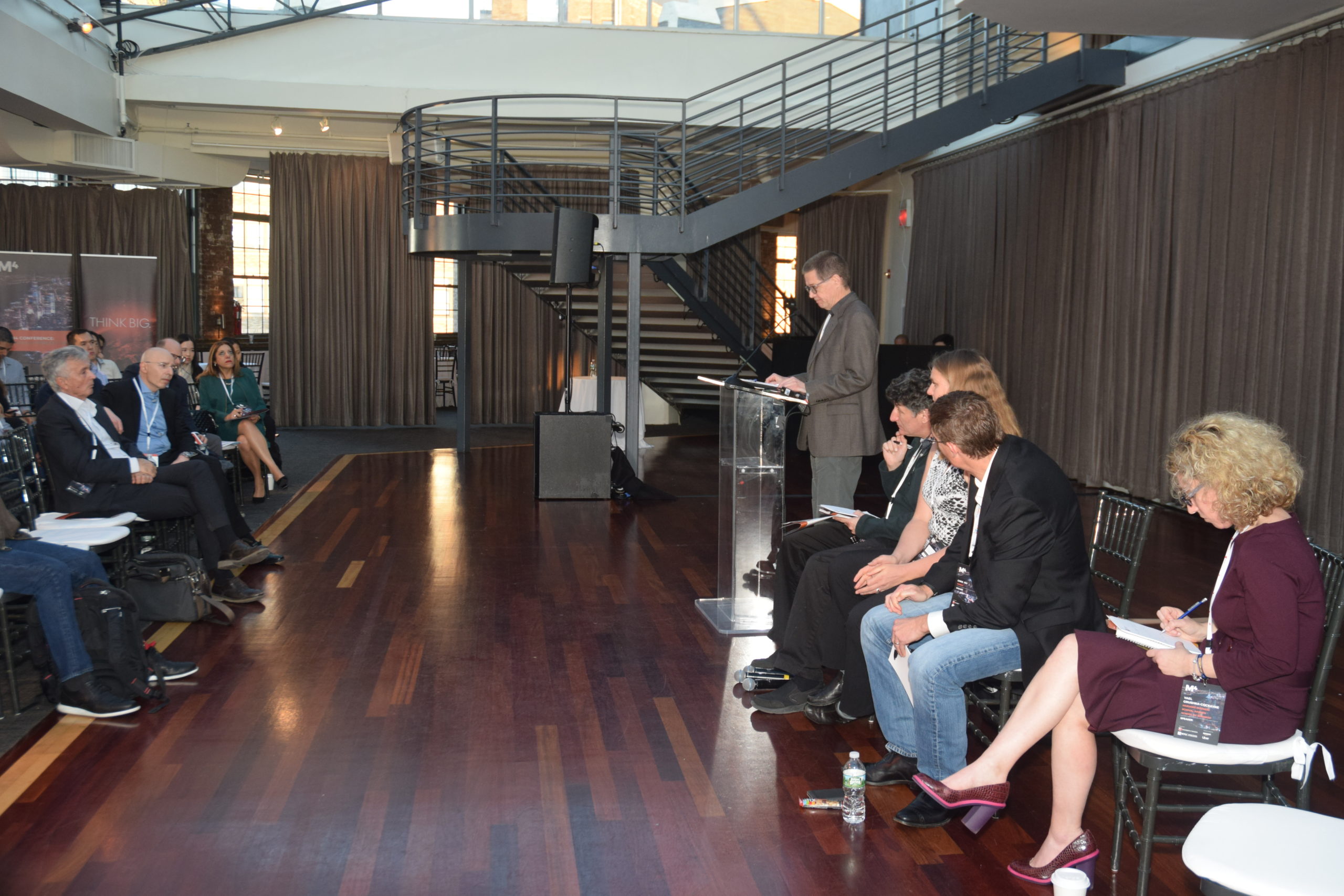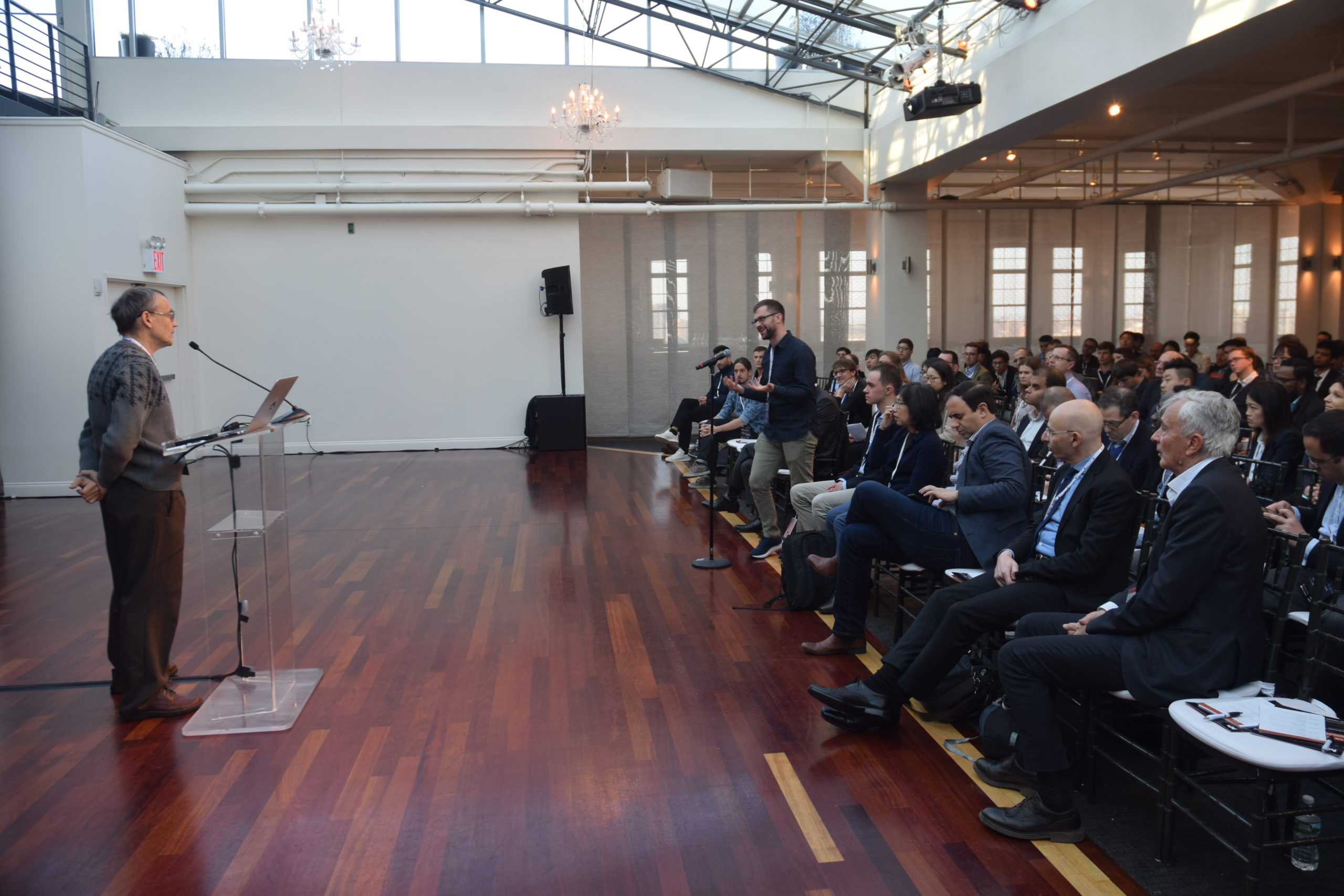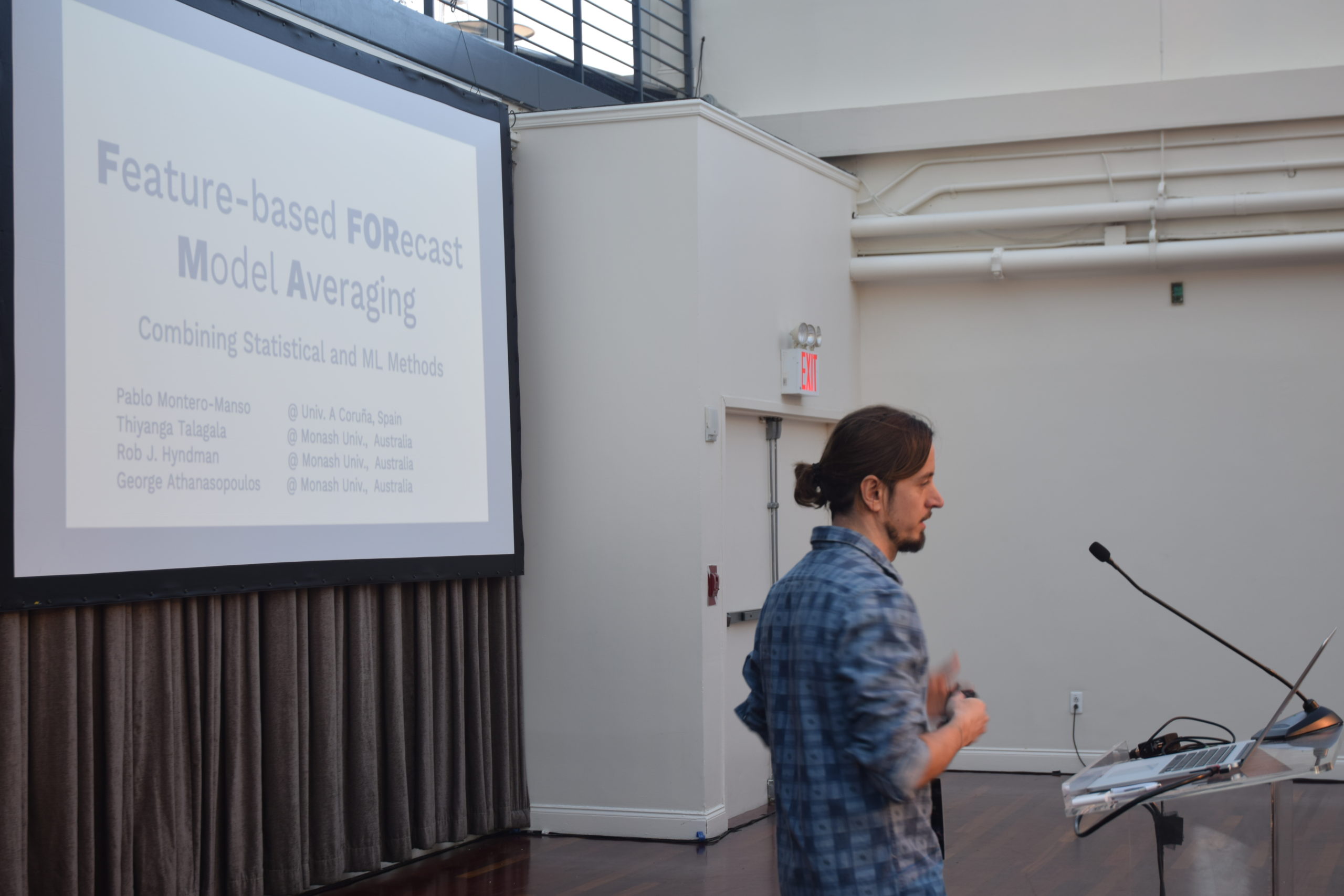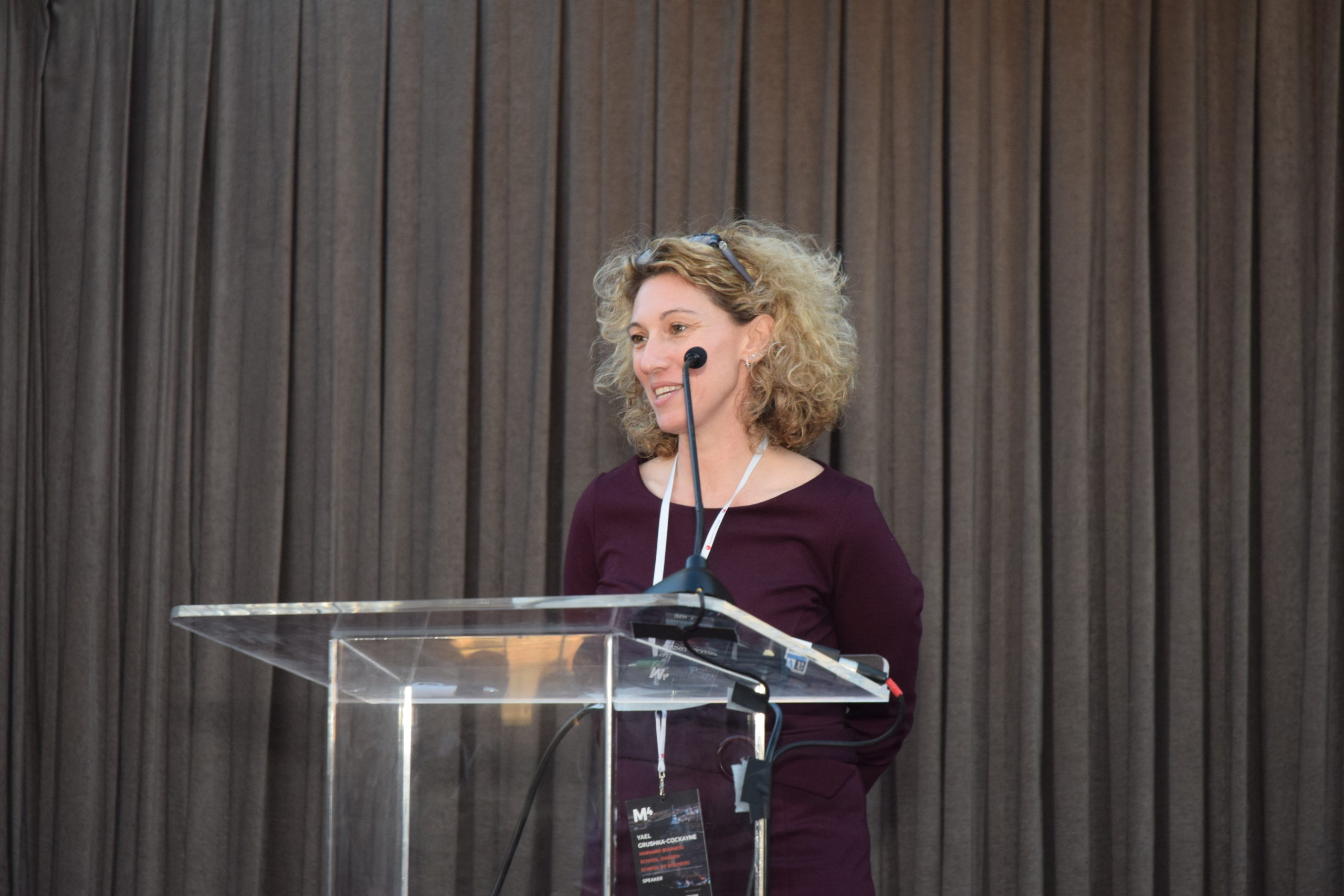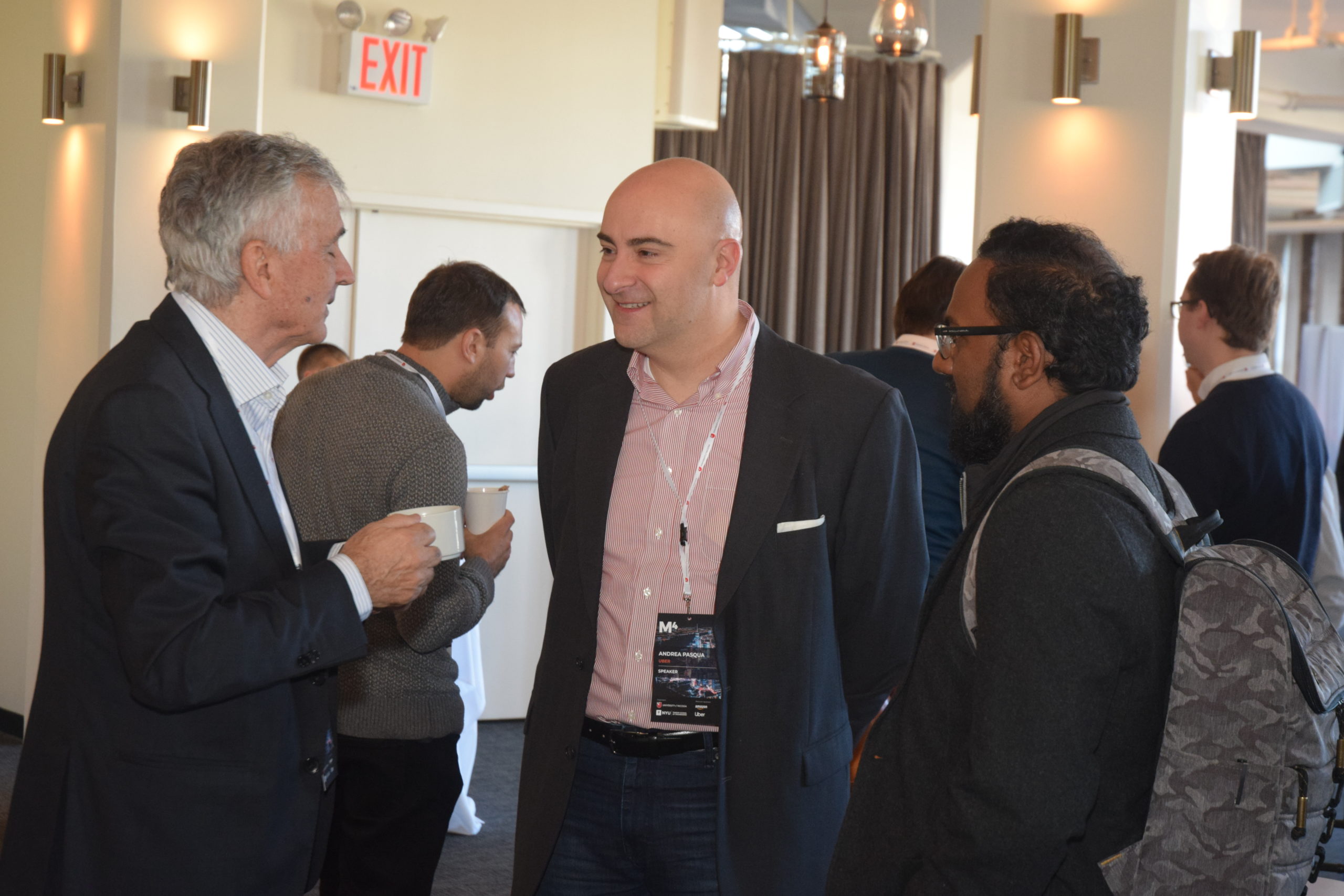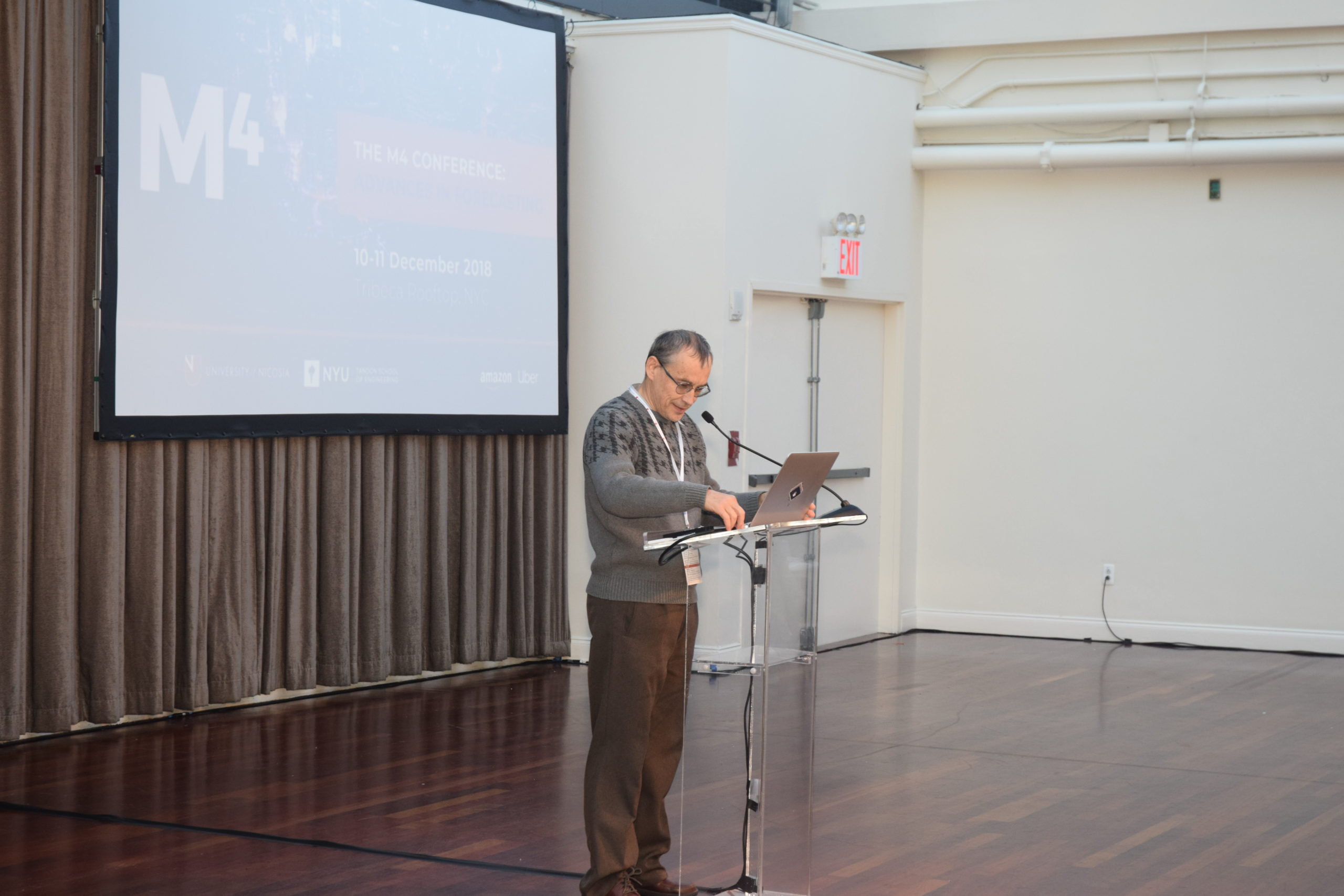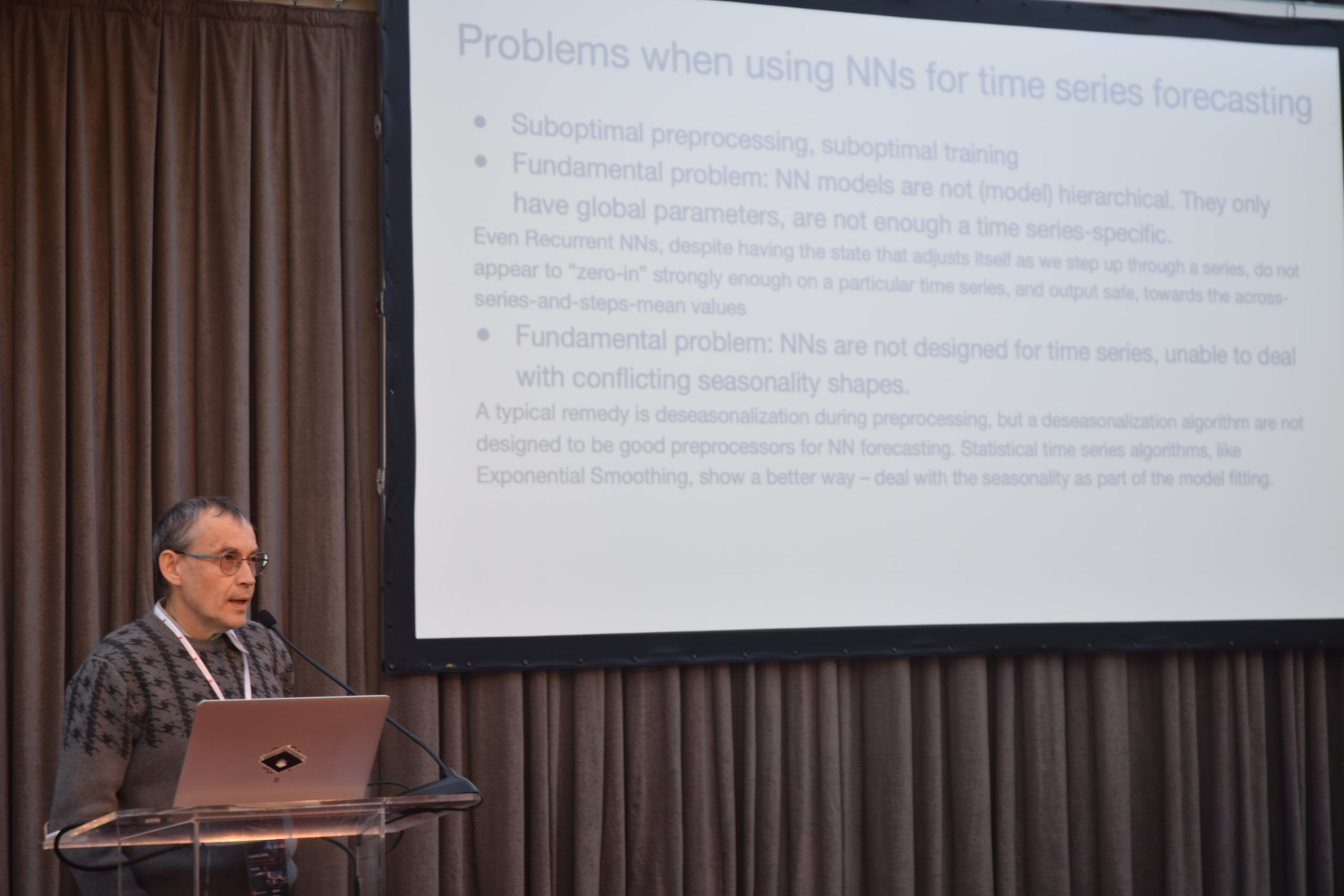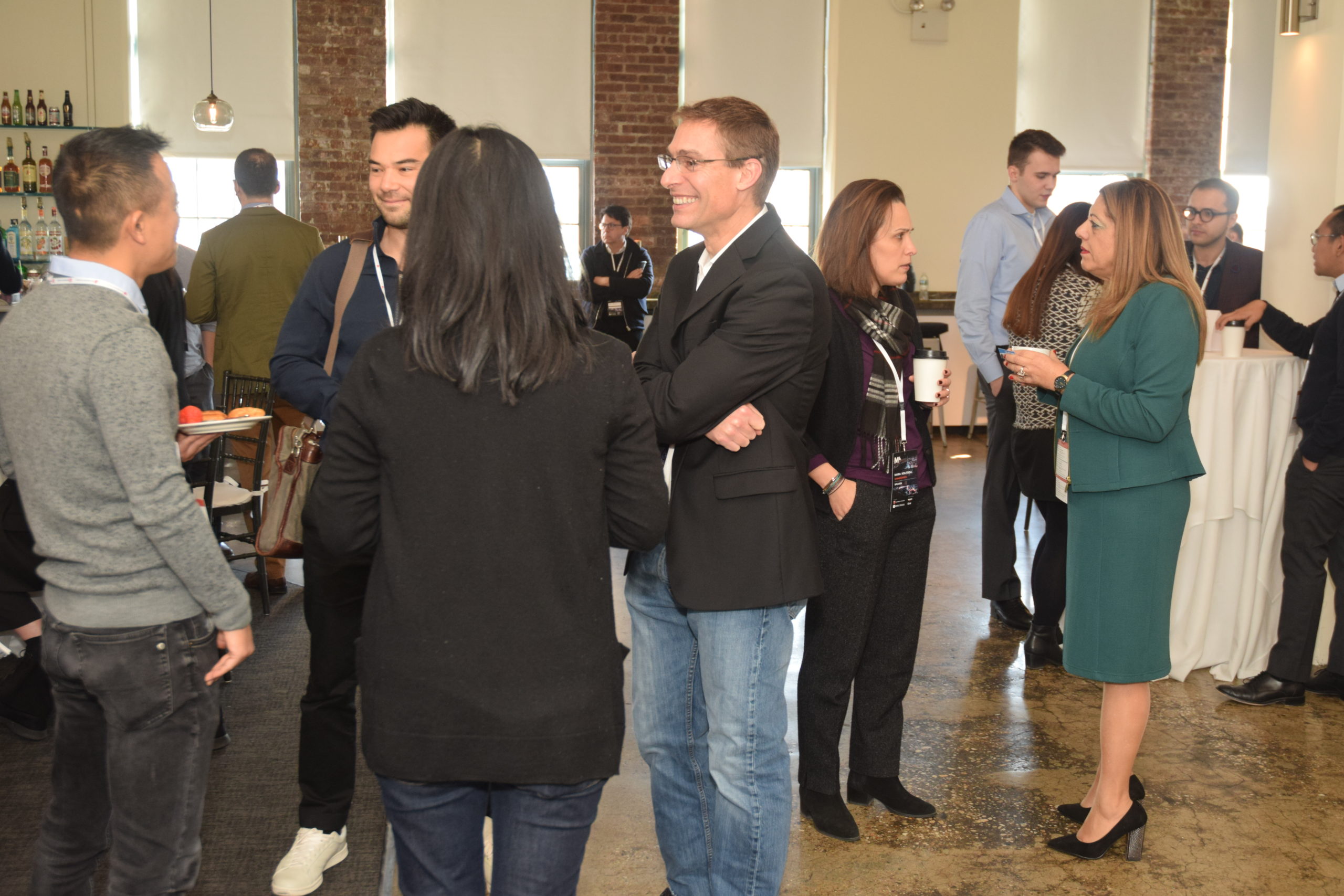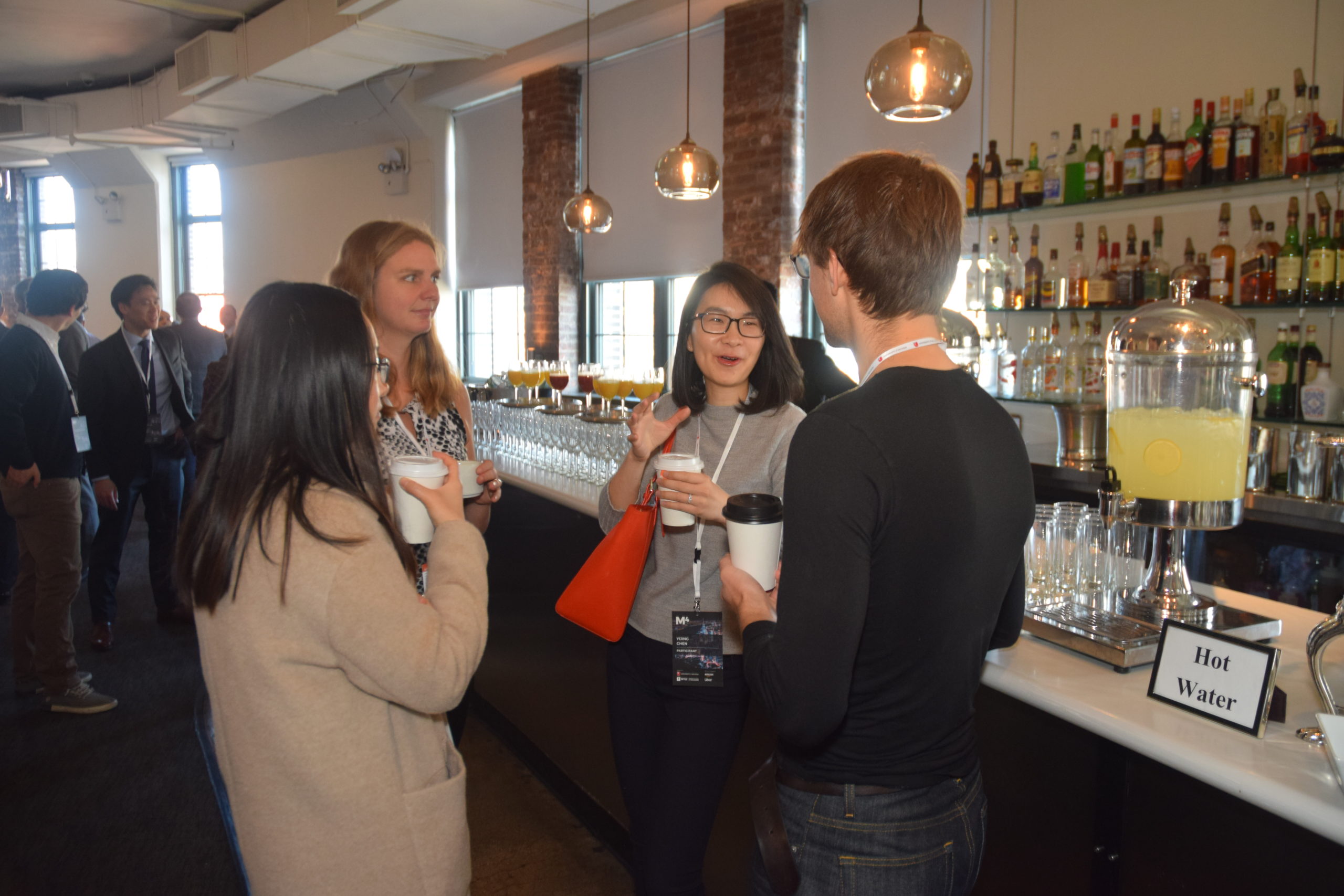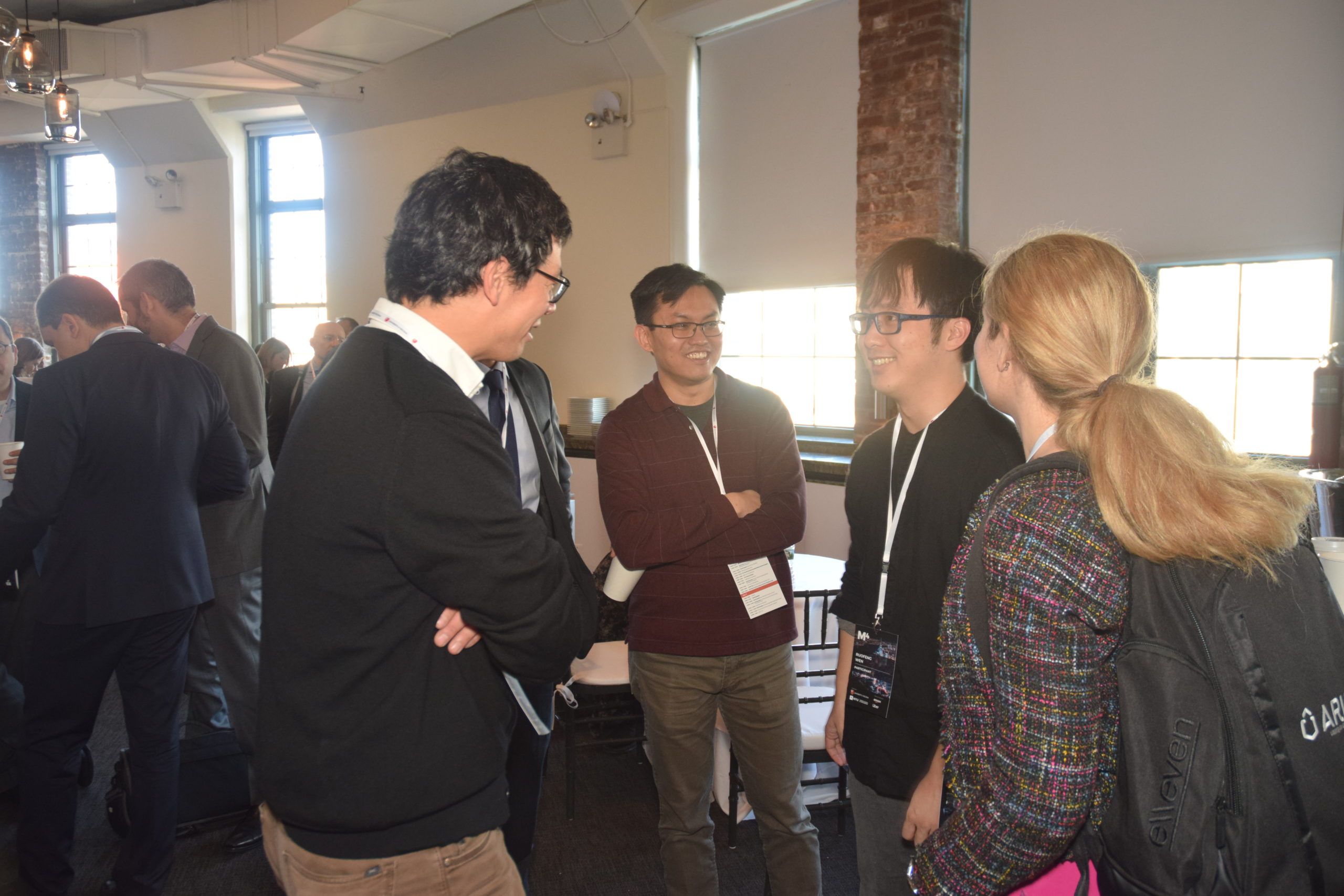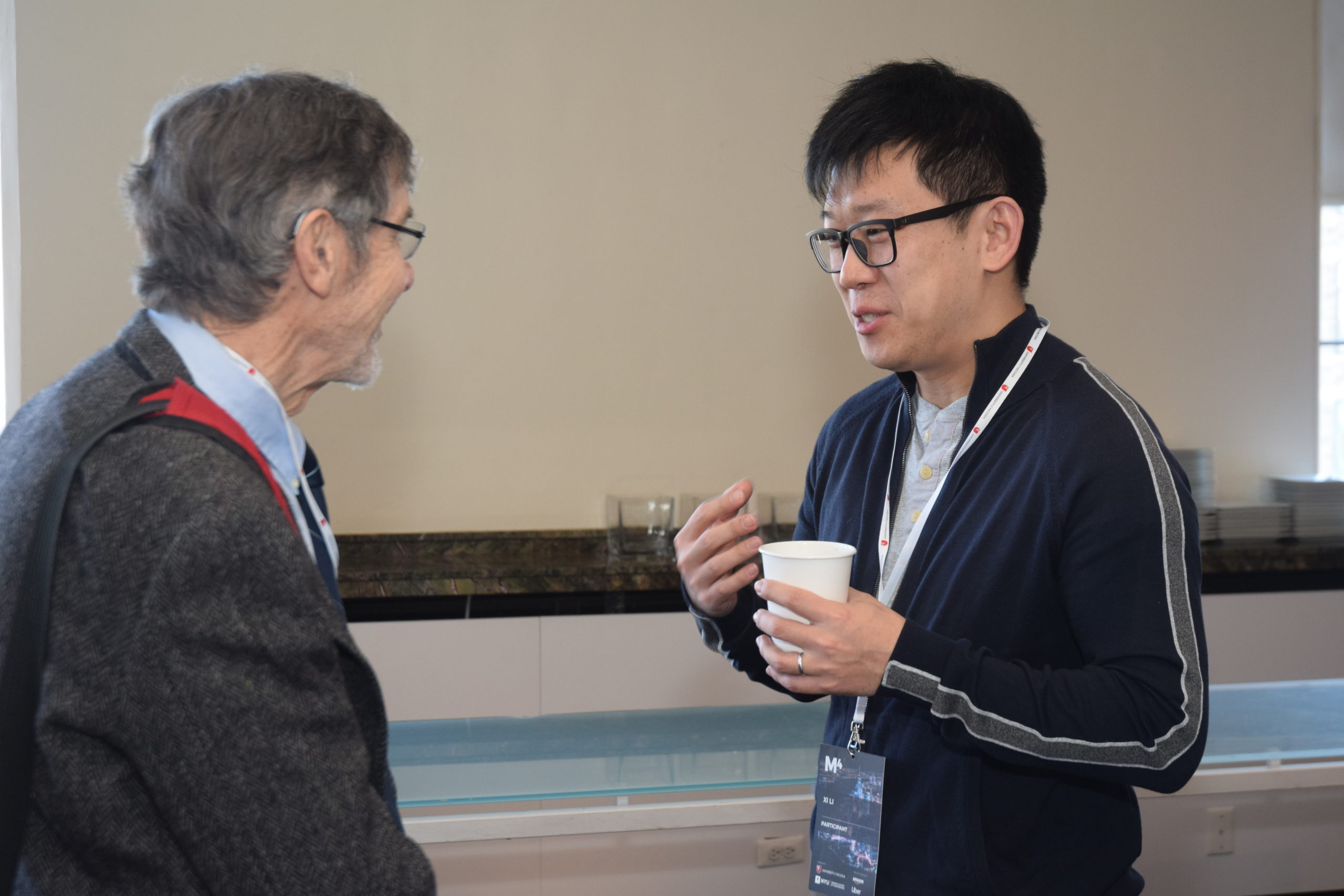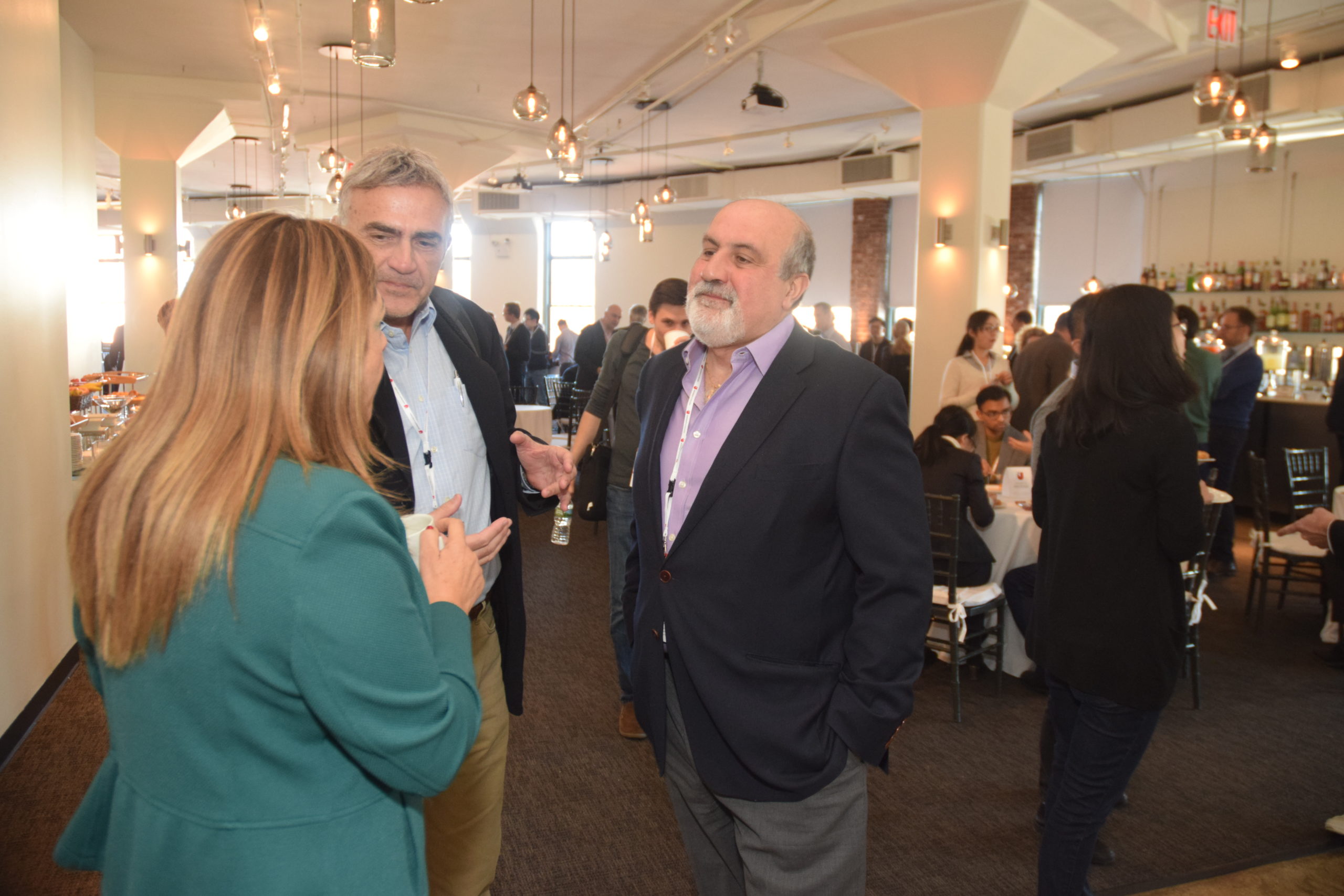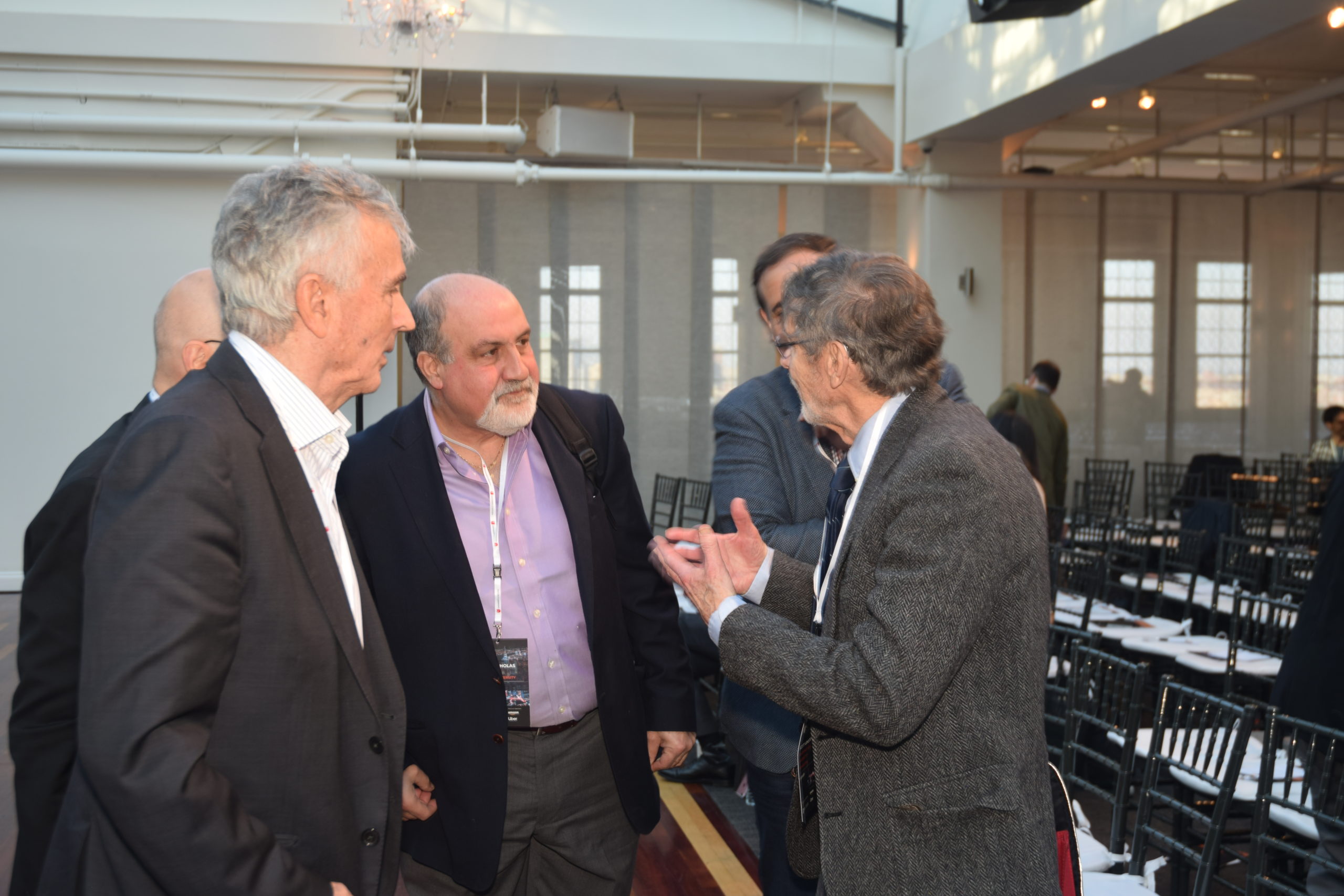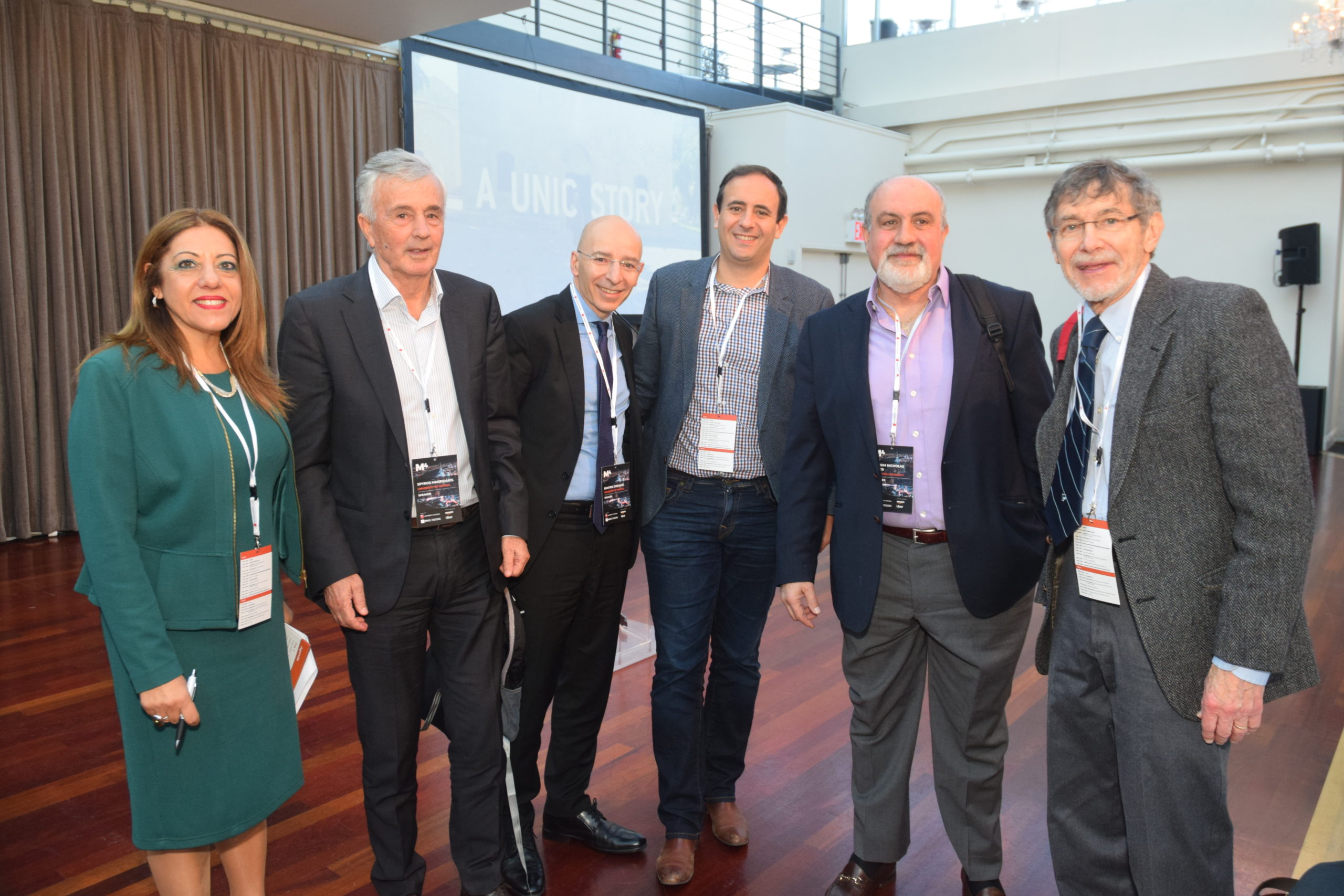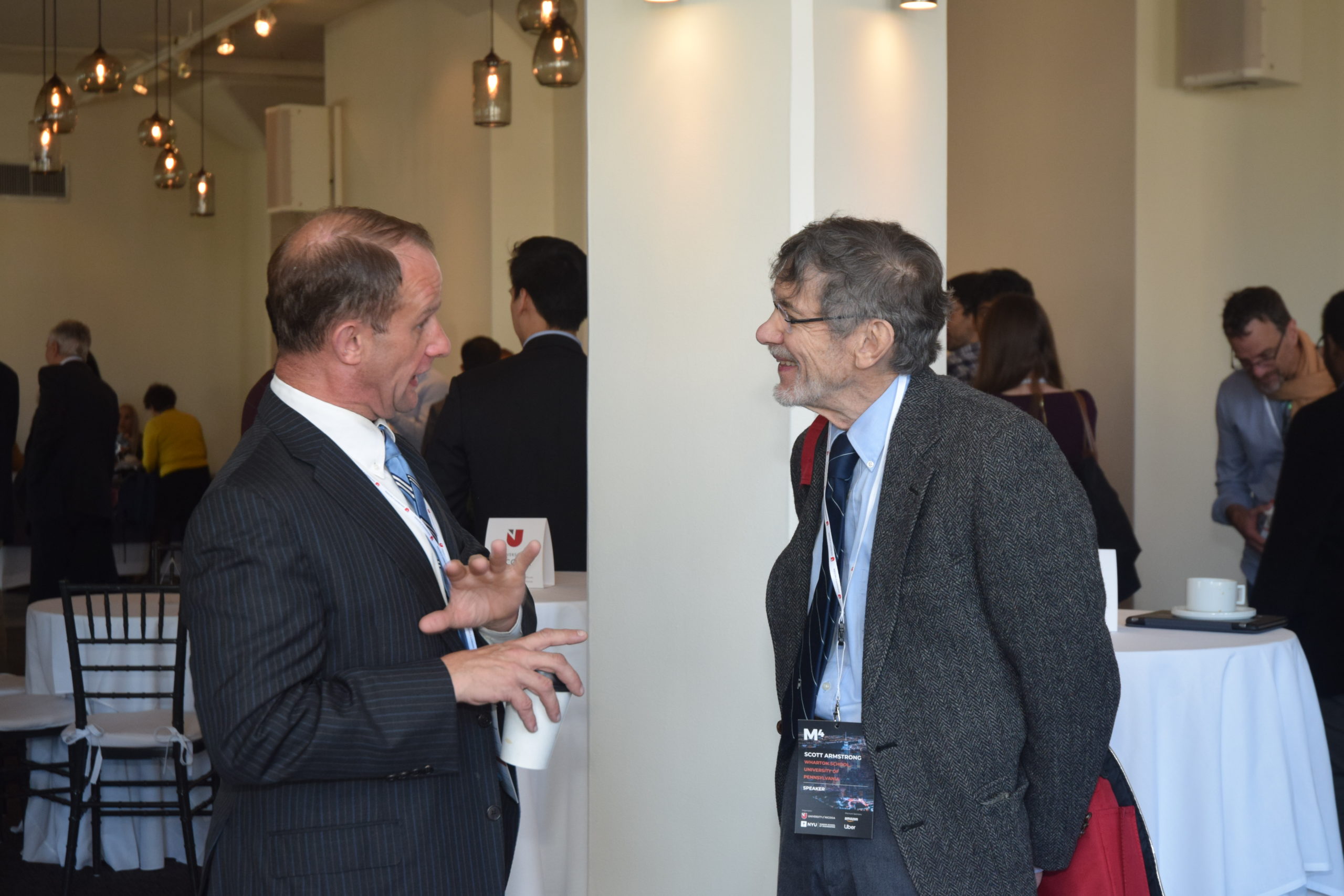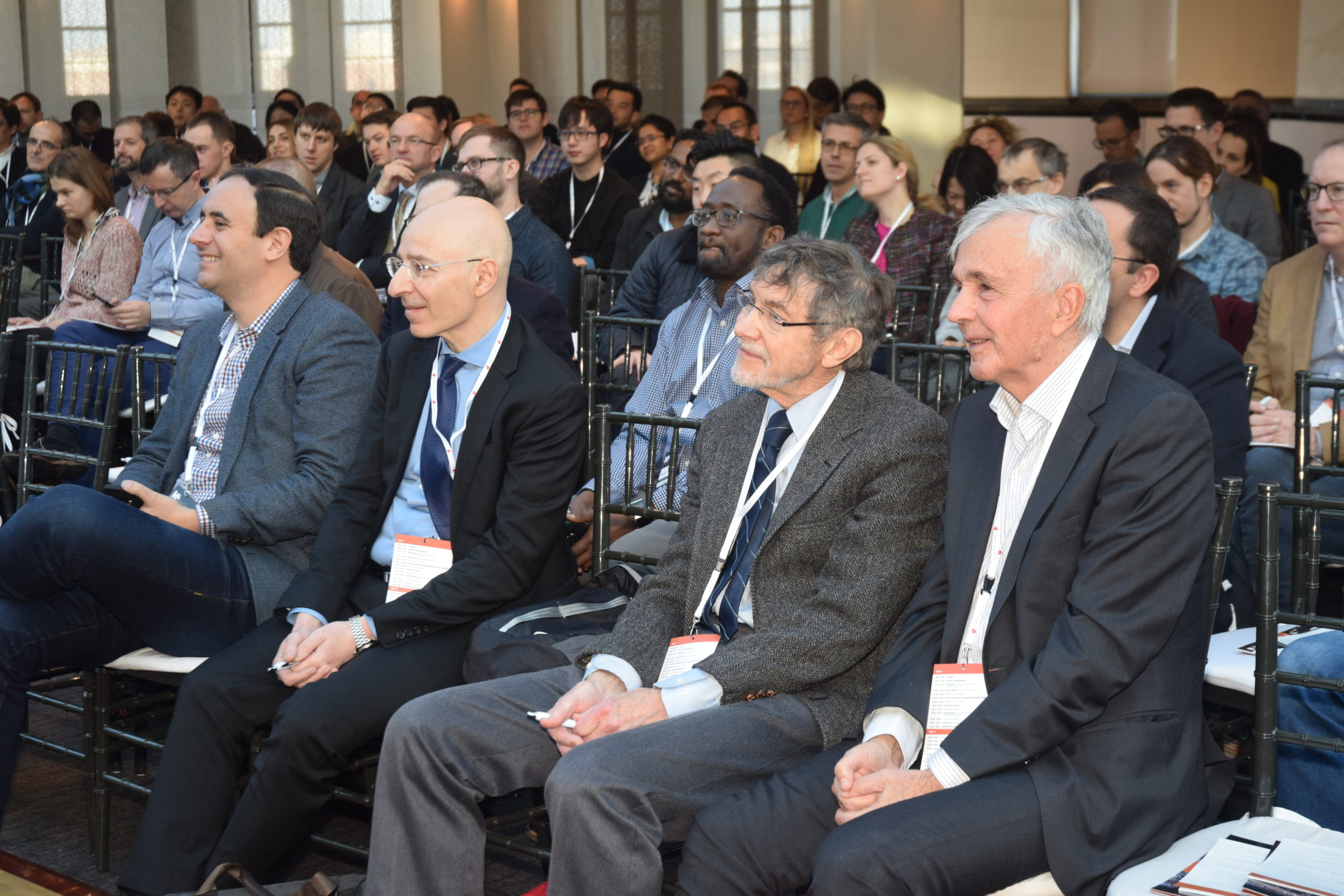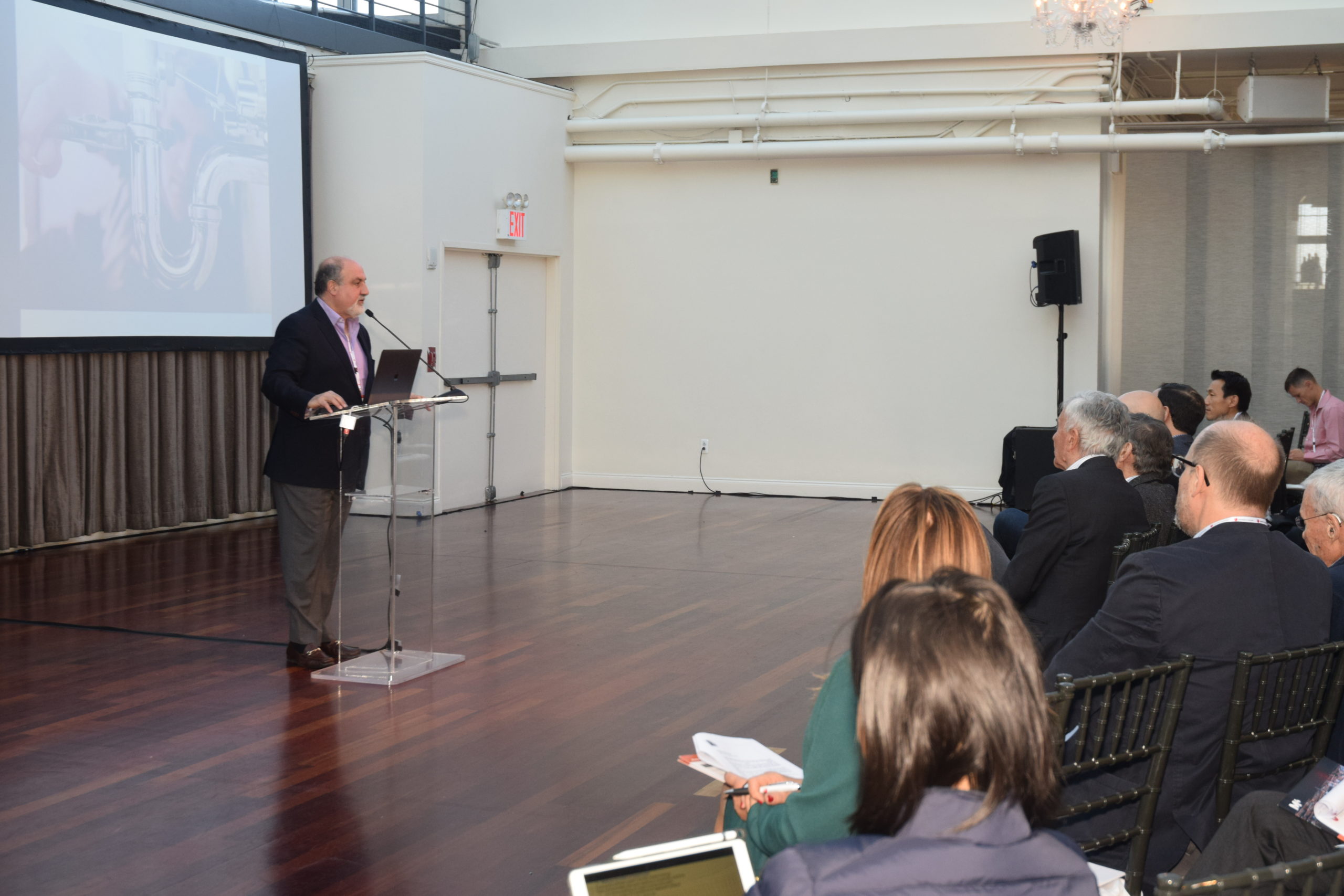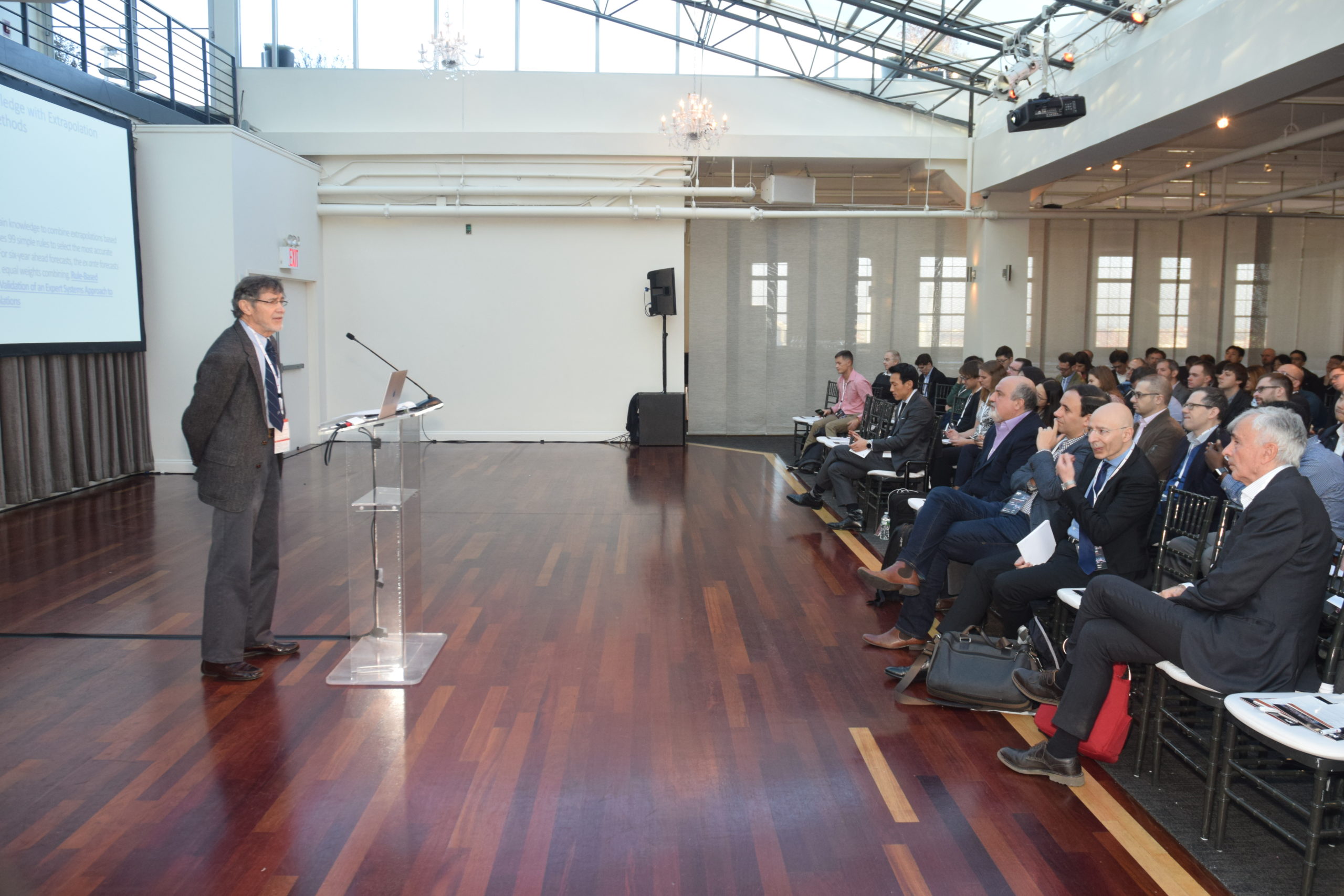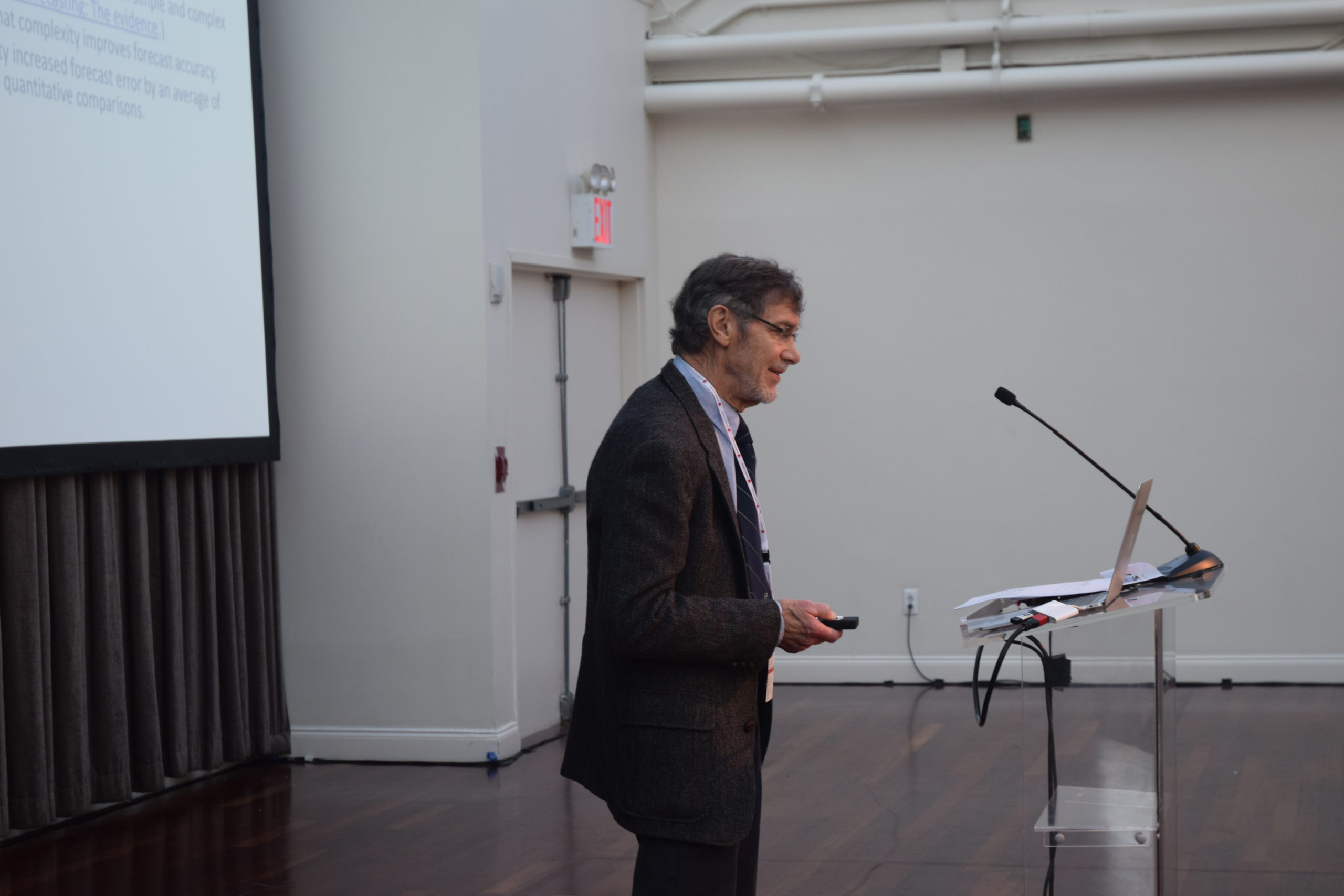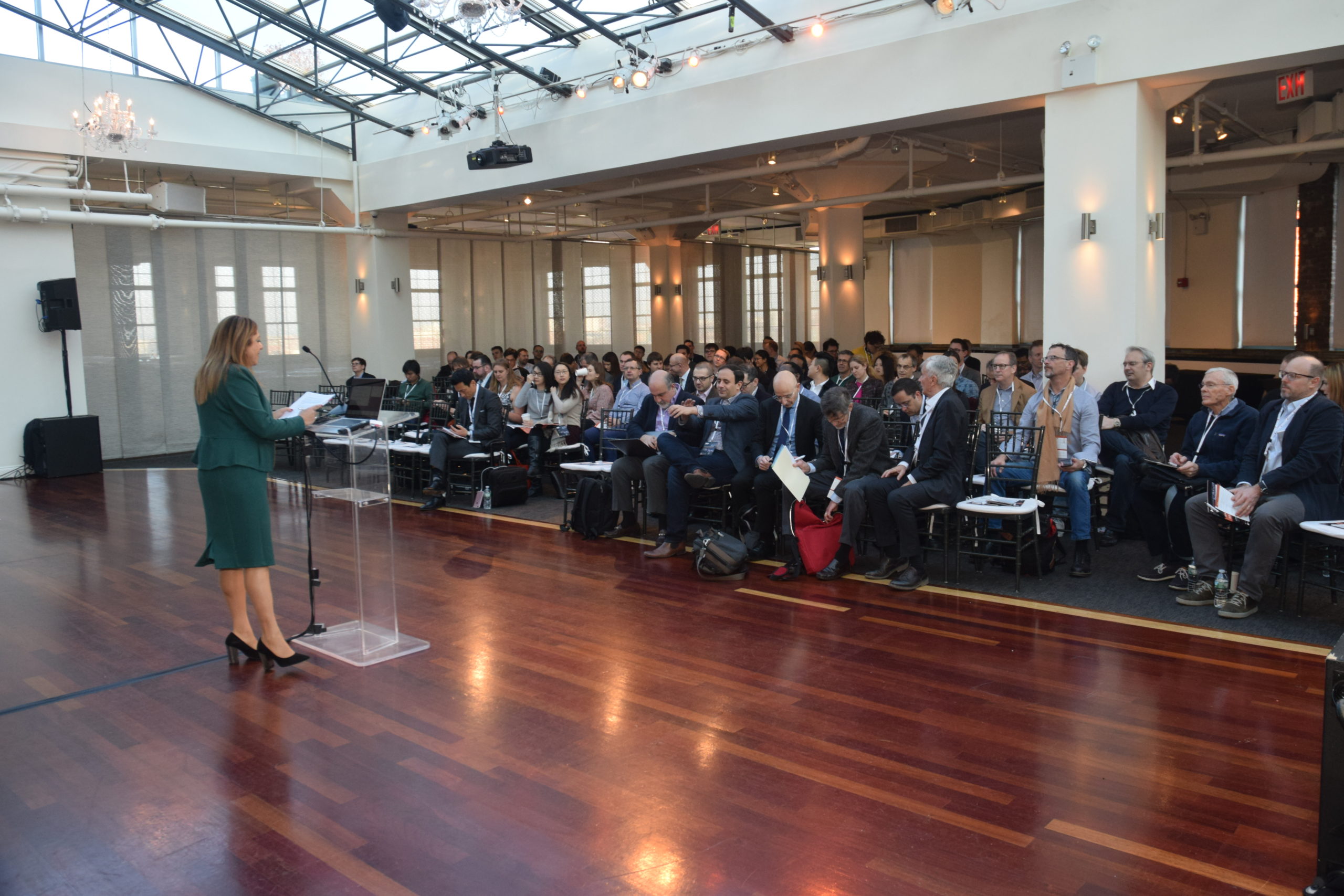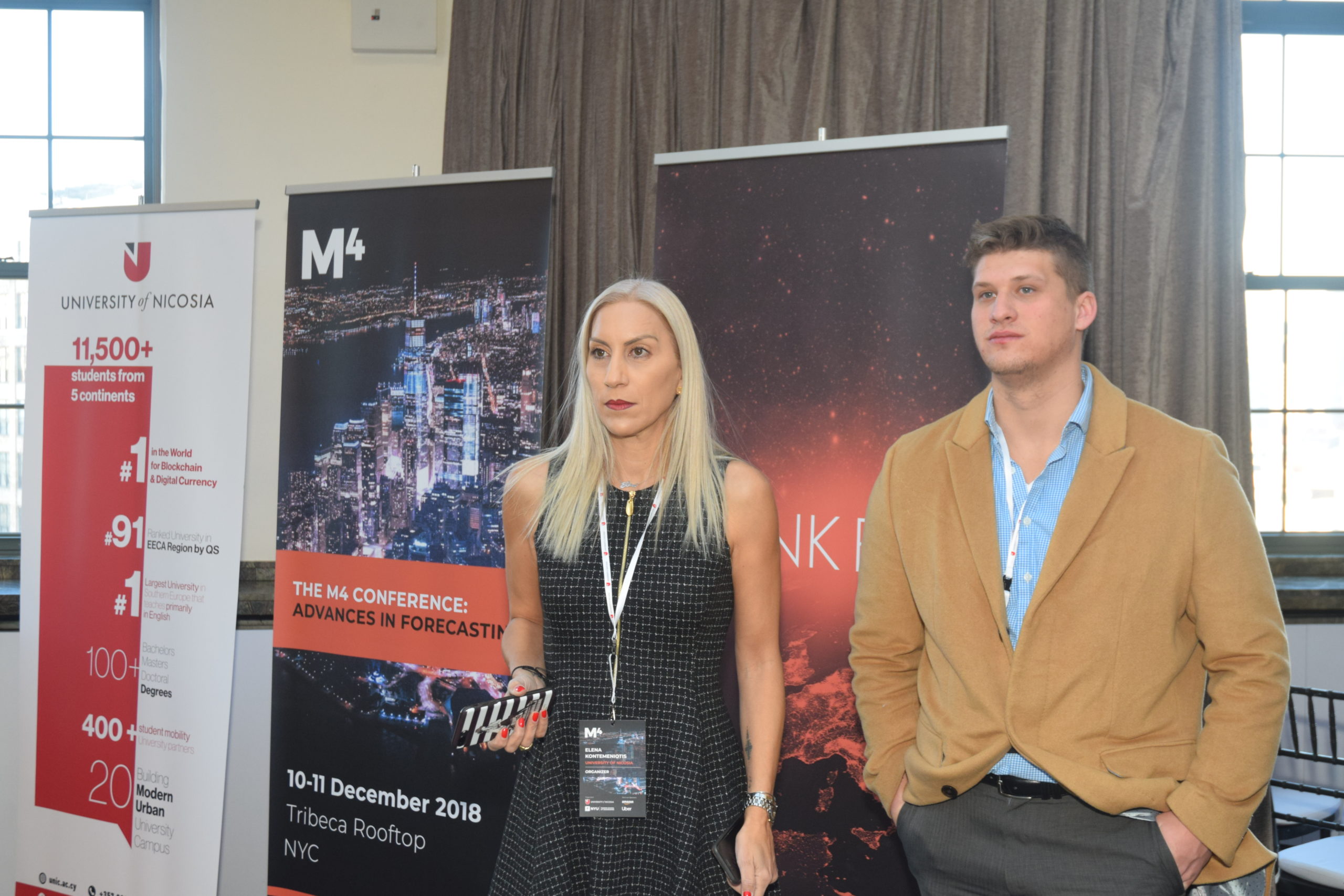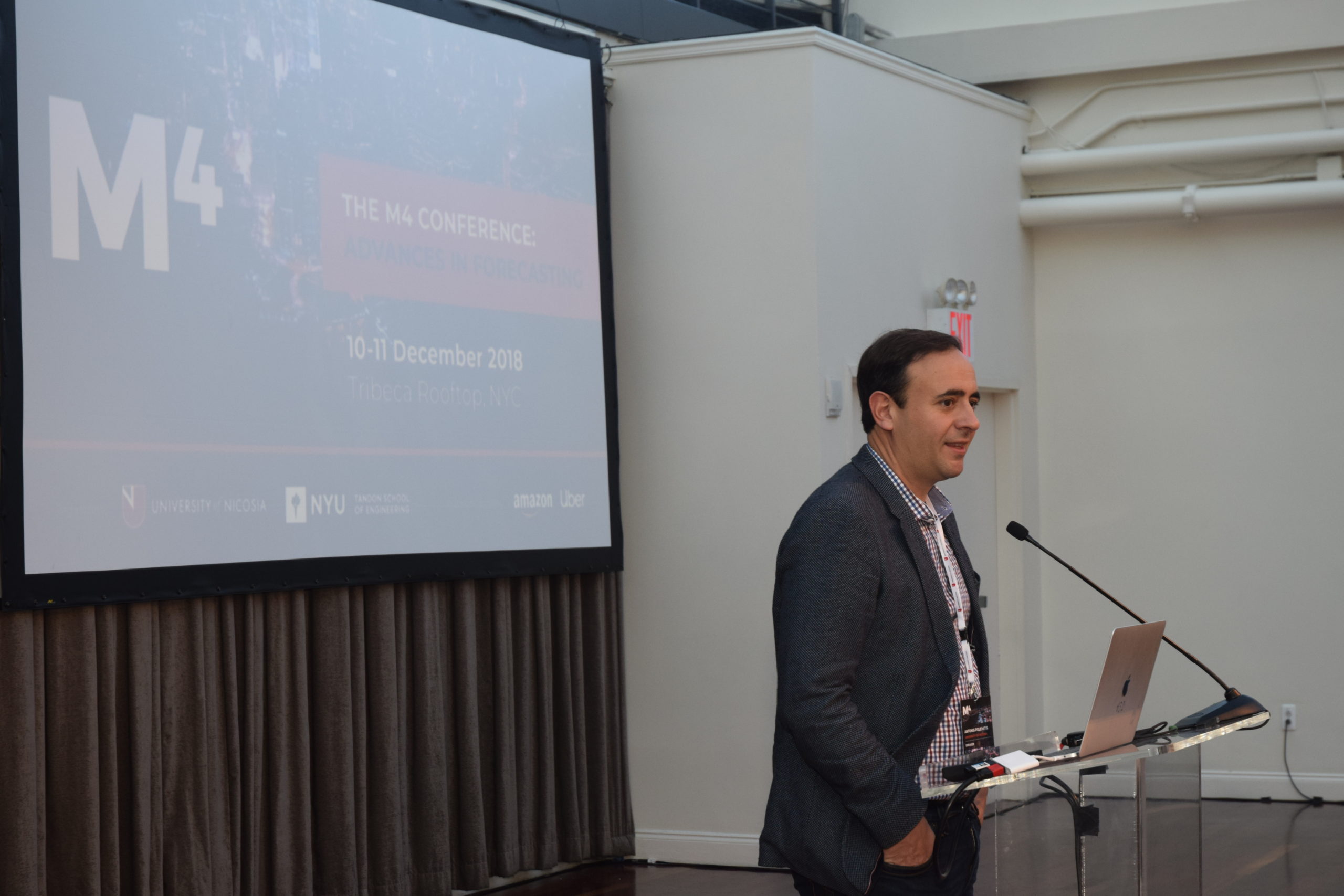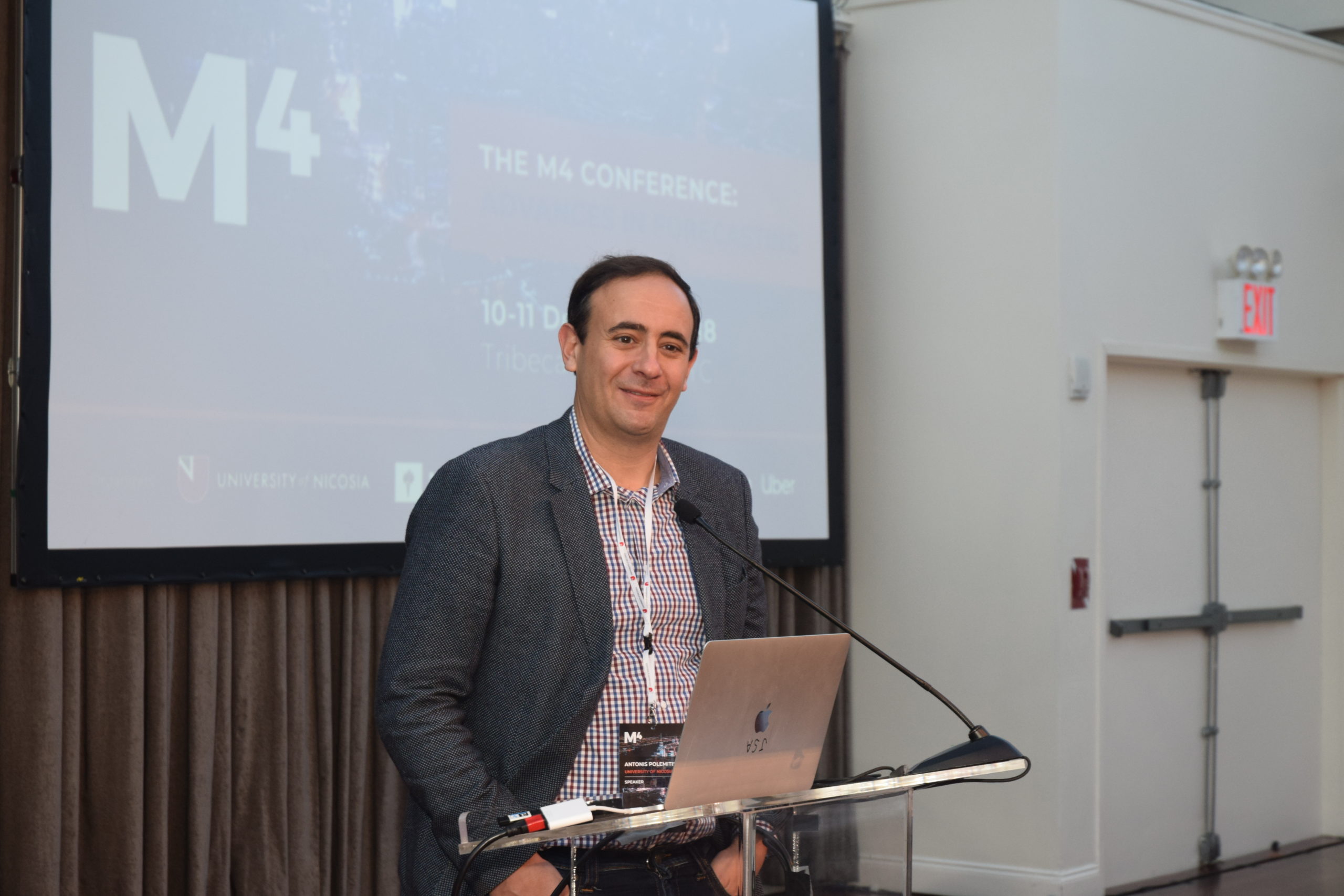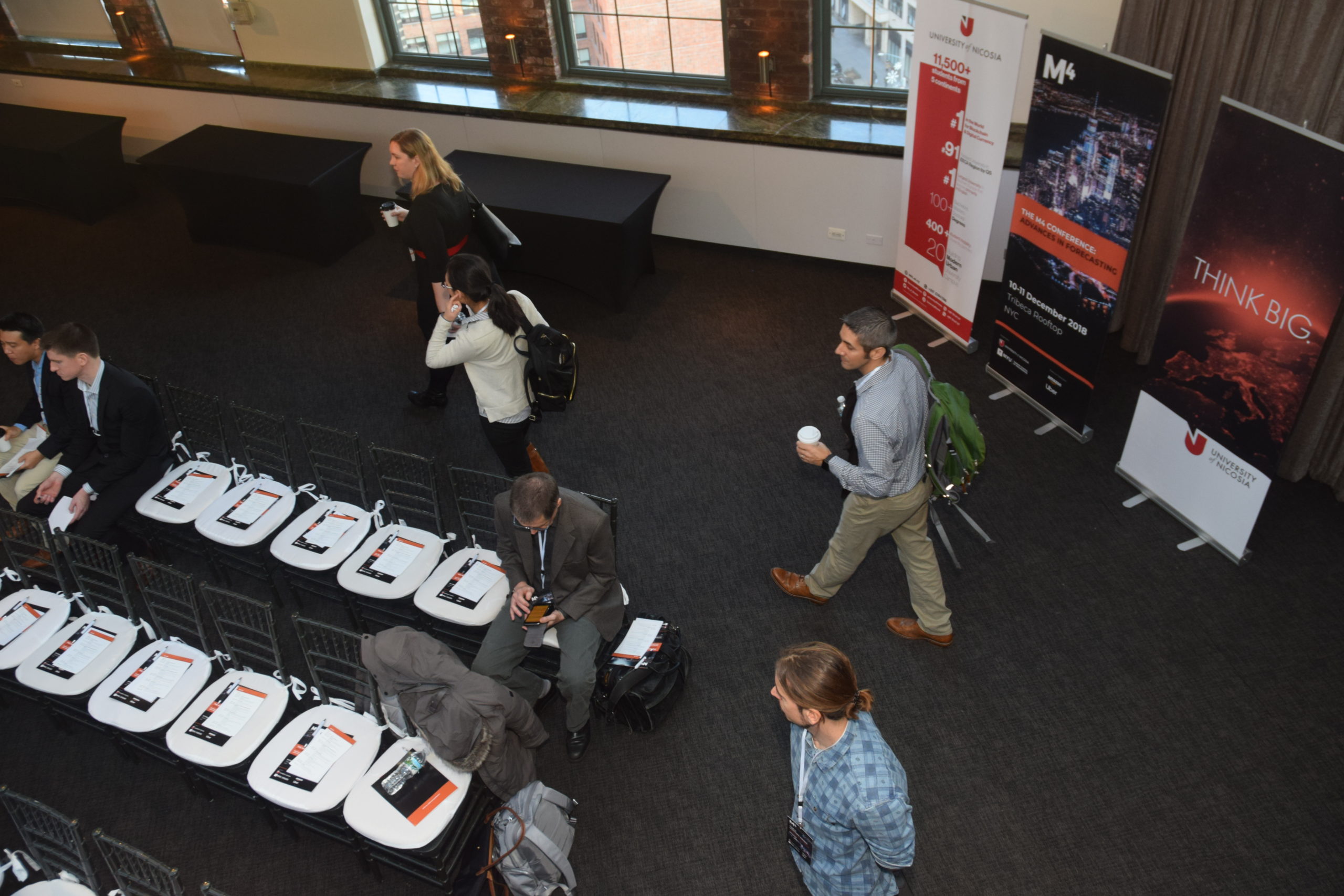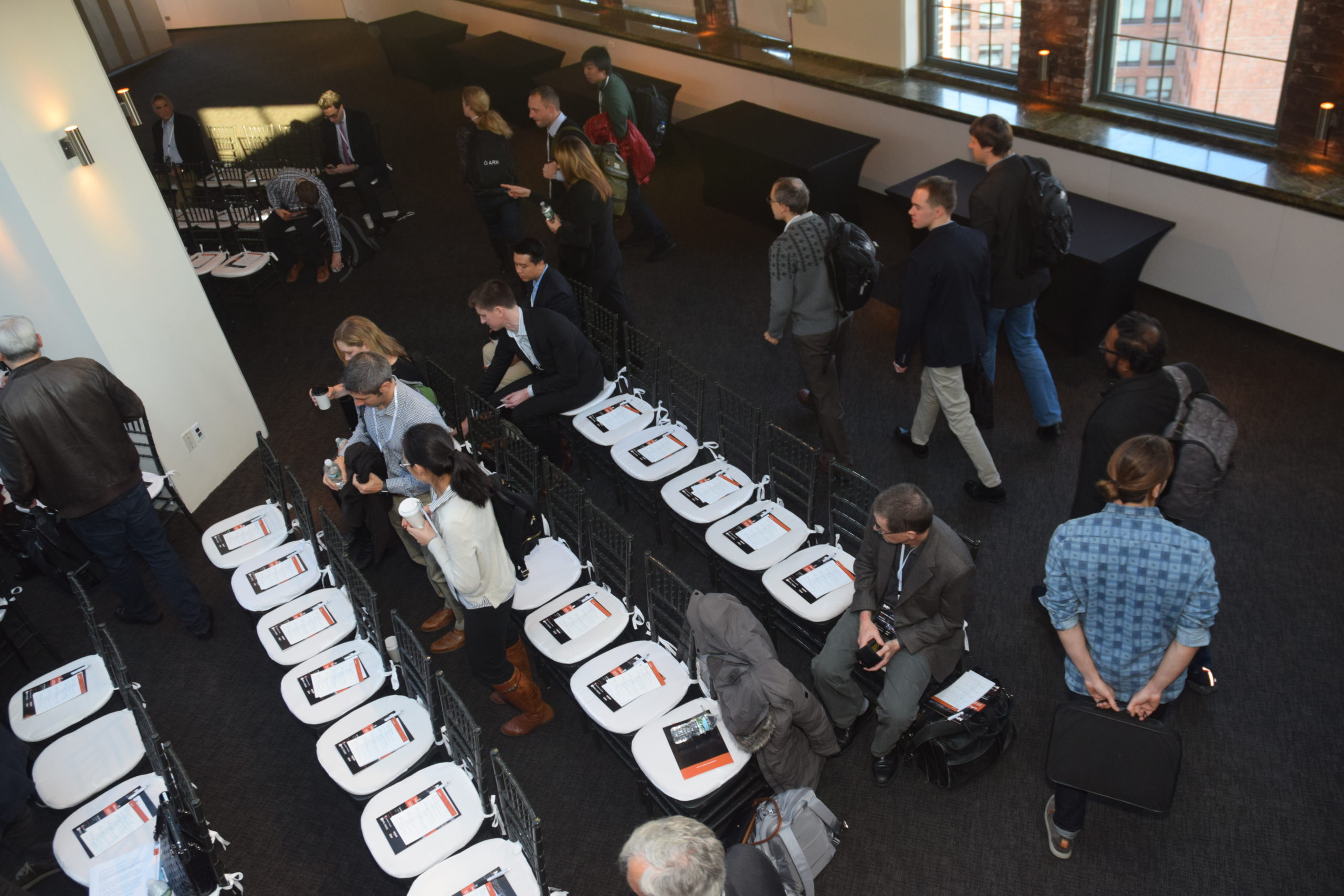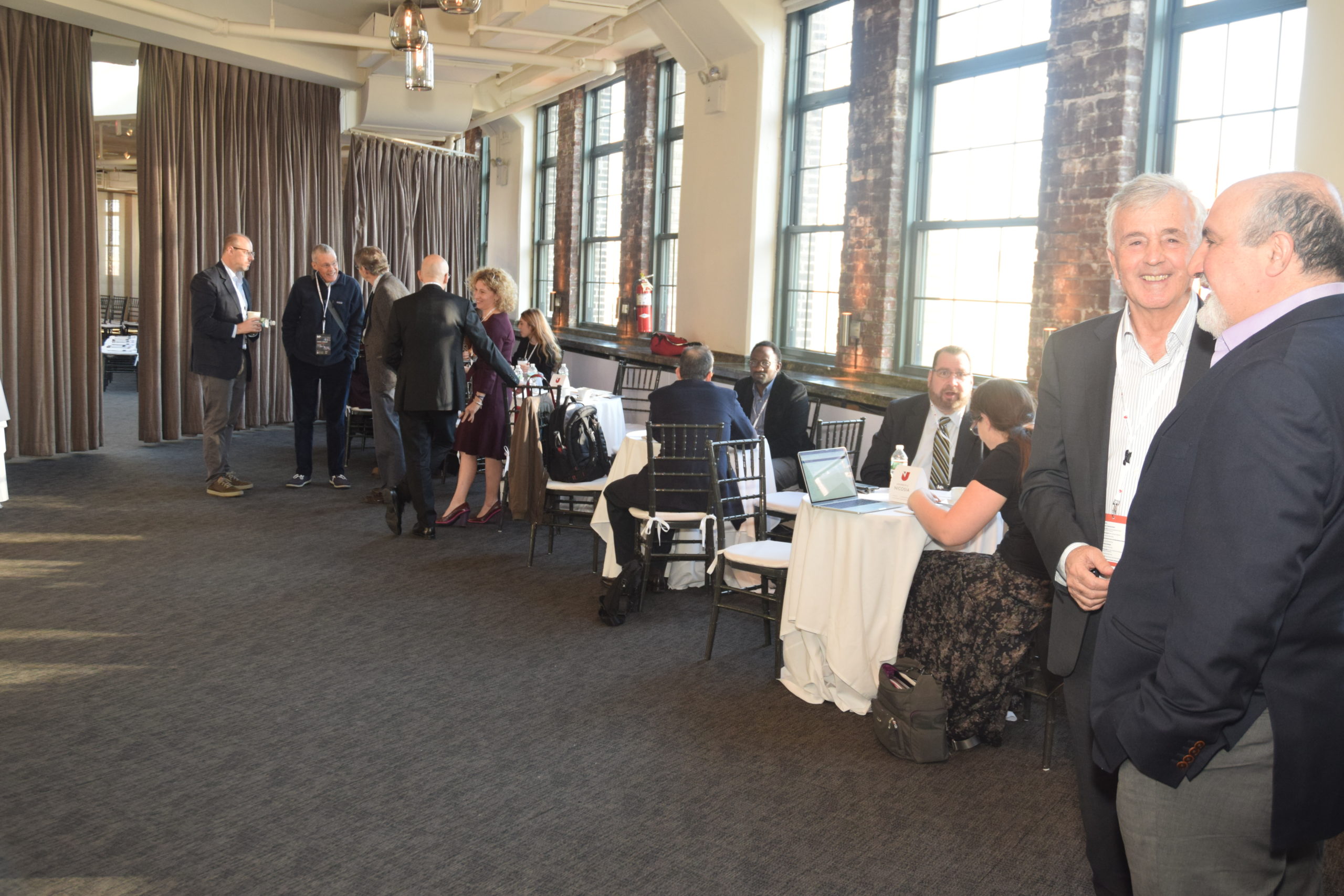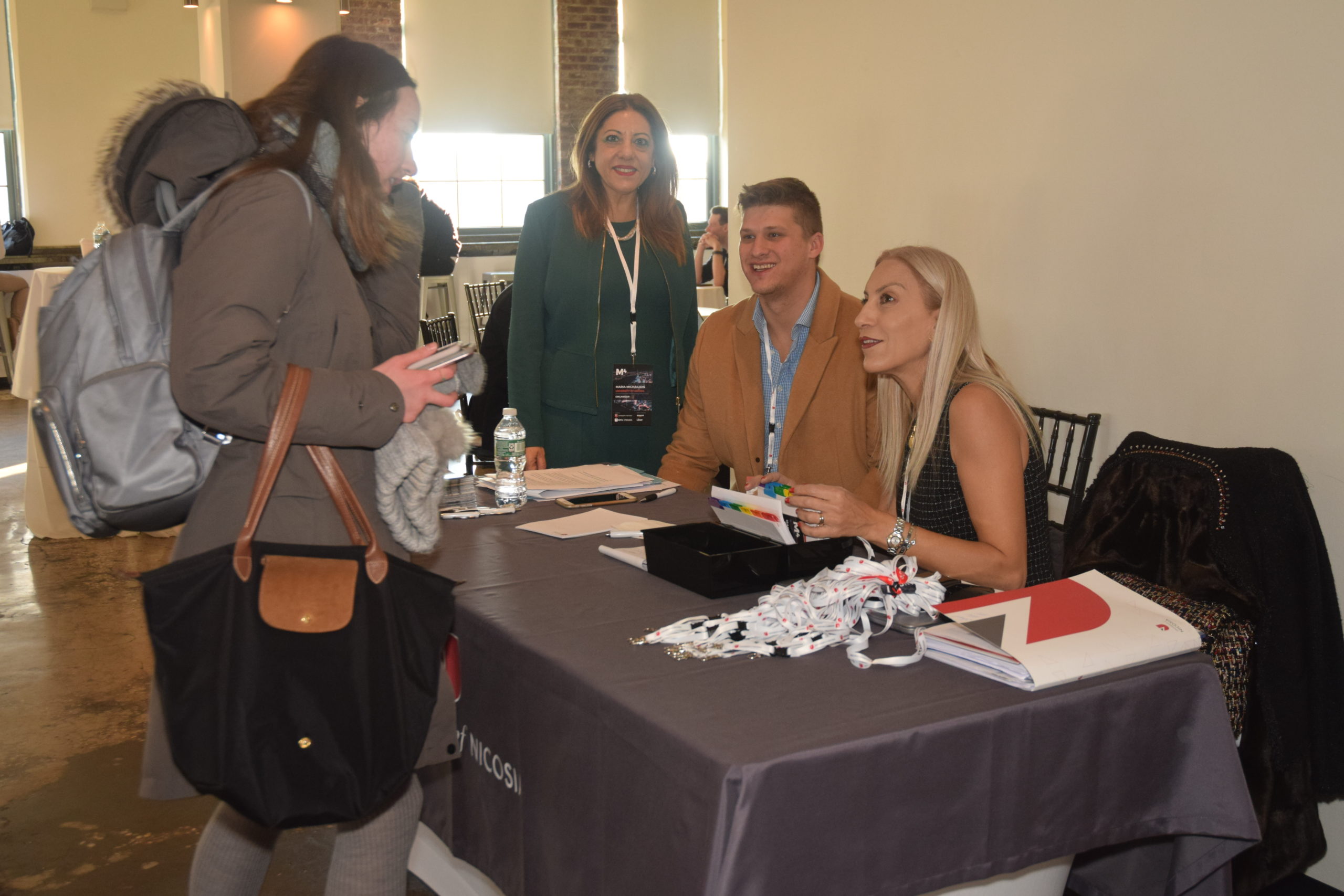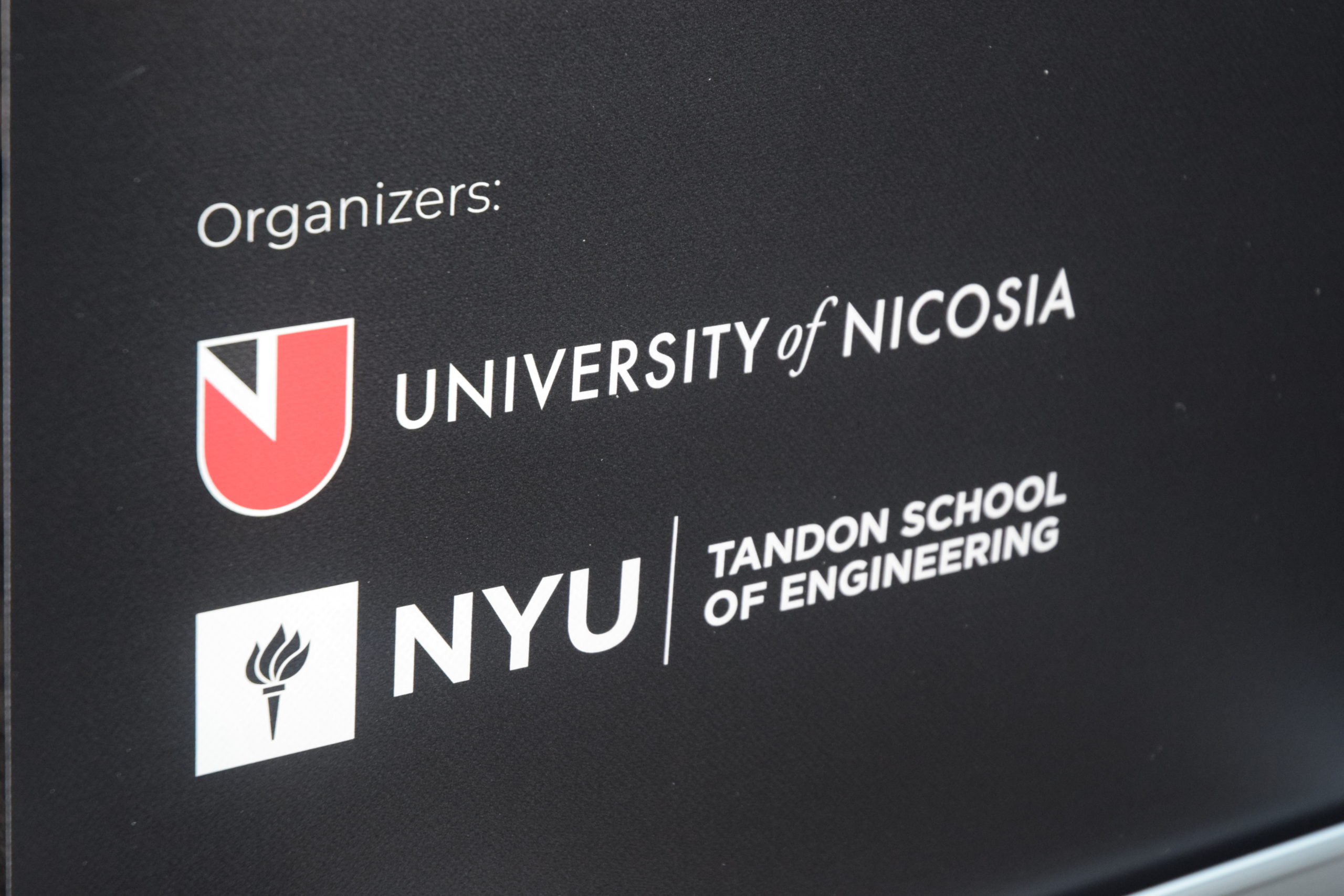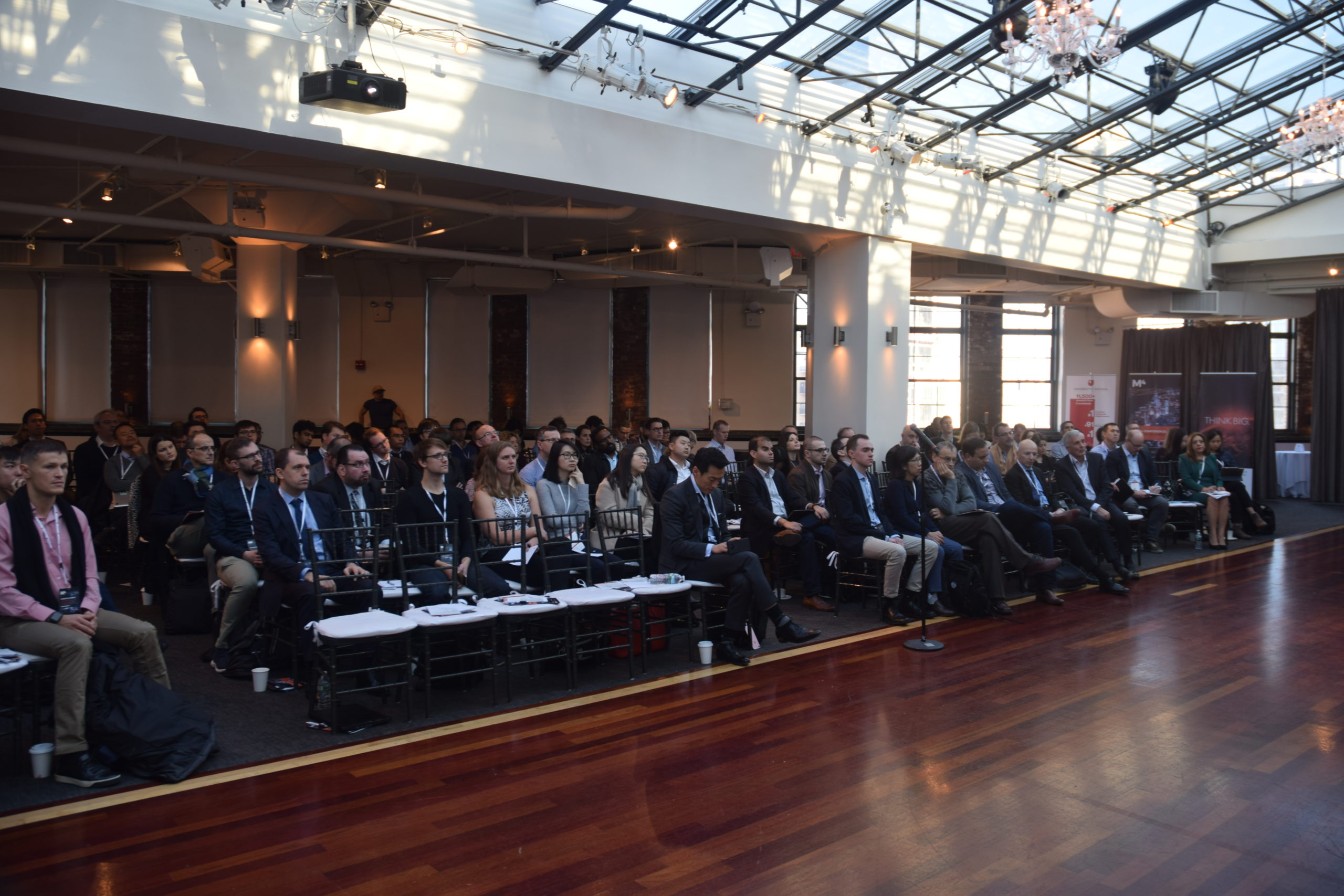M4 conference
10 – 11 December 2018
Tribeca Rooftop, NYC
The findings of the M4 Competition that ended on May 31, 2018, have provided a wealth of practical information for improving the accuracy of forecasts and the correct assessment of uncertainty based on a huge data base of 100,000 series covering six application domains (macro, micro, demographic, industry, financial and others) and six time frequencies (yearly, quarterly, monthly, weekly, daily and hourly). M4 Conference elaborated on the findings of the M4, discussed their practical implications as well as how they can benefit business and other organizations in their effort to improve forecasting accuracy and correctly assess uncertainty.
The M4 Competition extended and replicated the results of the previous three competitions, using an extended and diverse set of time series to identify the most accurate forecasting method(s) for different types of predictions. It aimed to get answers on how to improve forecasting accuracy and identify the most appropriate methods for each case. To get precise and compelling answers, the M4
Competition utilized 100,000 real-life series, and incorporates all major forecasting methods, including those based on Artificial Intelligence (Machine Learning, ML), as well as traditional statistical ones.
M4 conference Organizers


M4 Conference sponsors


M4 competition winners & Prizes
| Prize | Description | Amount |
|---|---|---|
| 1st Prize | Best performing method according to OWA | 9,000€ |
| 2nd Prize | Second-best performing method according to OWA | 4,000€ |
| 3nd Prize | Third-best performing method according to OWA | 2,000€ |
| Prediction Intervals Prize | Best performing method according to MSIS | 5,000€ |
| The Uber Student Prize | Best performing method according to OWA | 5,000€ |
| The Amazon Prize | The best reproducible forecasting method according to OWA | 2,000€ |
| The winners of the prizes are | Affiliation | Amount of award |
|---|---|---|
| 1st Prize Slawek Slym | Uber Technologies | € 9,000 |
| 2nd Prize Pablo Montero-Manso and team | University of Coruna and Monash | € 4,000 |
| 3rd Prize Maciej Pawlikowski | ProLogistica | € 2,000 |
| 4th Price Slawek Slym | Uber Technologies | € 5,000 |
| 5th Prize Pablo Montero-Manso | University of Coruna | € 5,000 |
| 6th Prize Slawek Slym | Uber Technologies | € 2,000 |
THE M4 CONFERENCE agenda
| 8:00 AM – 9:00 AM | Breakfast |
| 9:00 AM – 9:15 AM | Welcome / Opening Remarks |
| 9:15 AM – 9:45 AM | Invited Talk Scott Armstrong (Wharton School, University of Pennsylvania) Data Models versus Knowledge Models in Forecasting |
| 9:45 AM – 10:15 AM | Keynote Speech Nassim Nicholas Taleb (New York University) Forecasting and Uncertainty: The Challenge of Fat Tailedness |
| 10:15 AM – 10:45 AM | Coffee Break & Networking |
| 10:45 AM – 12:00 PM | The Three Most Accurate Forecasting Methods of the M4 Competition
|
| 12:00 PM – 13:30 PM | Buffet Lunch & Networking |
| 13:30 PM – 14:45 PM | Forecasting Challenges
|
| 14:45 PM – 15:15 PM | Coffee Break & Networking |
| 15:15 PM – 17:00 PM | Panel Discussion ML Versus Statistical Forecasting Methods: Advantages and Drawbacks Chairperson: Peter Carr (New York University)
|
| 17:00 PM – 18:30 PM | FREE TIME |
| 18:30 PM – 19:00 PM | Invited Talk Forecasting at Uber: A survey Andrea Pasqua (Head Intelligence Decisions Systems, Uber) |
| 19:00 PM – 21:00 PM | Gala Dinner & Award Ceremony of the M4 Competition Prizes |
| 8:00 AM – 9:00 AM | Breakfast |
| 9:00 AM – 9:15 AM | Opening Remarks |
| 9:15 AM – 10:00 AM | Keynote Speech Spyros Makridakis (University of Nicosia) The contributions of the M4 Competition to the Theory and Practice of Forecasting |
| 10:00 AM – 11:30 AM | Panel Discussion Can Deep Learning and ML Methods Improve Forecasting Accuracy? Chairperson: Dimitris Drikakis (University of Nicosia)
|
| 11:30 AM – 11:45 AM | Coffee Break & Networking |
| 11:45 AM – 12:30 PM | Panel Discussion Incorporating Judgmental and Quantitative Forecasts Chairperson: Antonis Polemitis (University of Nicosia)
|
| 12:30 PM – 12:45 PM | Closing Remarks and Announcing the M5 Competition |
| 12:45 PM – 13:30 PM | Buffet Lunch |
PRESENTATIONS
- Armstrong, Data Models vs. Knowledge Models in Forecasting: The Way Forward
- Harris, Reflexivity in Financial Market Forecasting
- Makridakis, The Contributions of the M4 Competition to the Theory and Practice of Forecasting
- Montero, Feature-based FORecast Model Averaging
- Pawlikowski, Weighted Ensemble of Statistical Models
- Smyl, Problems when using NN for time series forecasting
- Taleb, THE PROBLEM OF FORECASTING
- Winkler, The Value of Combining Forecasts
- Januschowski, Statistical and ML Methods: Boundaries and Overlap
- Pasqua, Data Science Manager – Intelligent Decision Systems – Uber

